|
"I feel like my opinion had lots of power,” shared one student about his experience this year in his Humanities Amped Introduction to Communications classroom. He also explained that early in the course, “I started to notice we were going over things that we use every day. I didn’t really think of the class as a grade, I thought of it as a way to better myself. And as I was excelling in the class, getting all my assignments in, making A’s, I started to notice that I was really actually communicating better.” This dual enrollment Baton Rouge Community College course, taught by Professor Rhonda Levy, was facilitated at Tara High School by Amped Educators Dr. Anna West and Kalivyn Marquix in partnership with Tara teacher Ms. Morgan Becnel-Adams. At Humanities Amped, we believe that students learn best when they are engaged in meaningful work that matters to them. We also believe that students are experts in their own experiences, and so we design and facilitate classroom projects that allow them to tap into this expertise as they learn and grow. For their final project in this dual enrollment course, the students researched, drafted, and delivered speeches on the topic of improvements to school culture. The teaching team invited students to start from their own experience and choose topics that mattered to them. These school-based topics included transportation, brain-based learning, the school-to-prison-pipeline, and racial bias. One student shared that “Writing the speech was kind of fun, actually, ‘cause doing the research and going ahead and writing it down–I was really interested in my topic. I was really interested in my topic, and I felt proud.” The success of this sort of civically engaged project-based learning is dependent on pairing challenging work with guided support. One student shared, “Writing the speech, it was the hardest part,” particularly because “we had to find multiple sources, [and] they had to be trusted sources, too.” But then he added, “But it wasn’t so hard because Dr. West and Kalivyn, they hooked up a little format for us to follow. And that really helped the writing of the speech.” At the end of the semester, several of the students delivered their speeches to an audience of Tara High School teachers and administrators, as well as Tara High’s school board representative Patrick Martin. Dr. West facilitated a collaborative discussion among all the stakeholders in response to the speeches, considering the ways in which the students’ findings might be applied toward improving school culture. One student, who advocated for the inclusion of an advisory period as part of the school schedule, was excited to learn, a few weeks after this final presentation, that a revised schedule with an advisory period is being considered for next year. This dual enrollment course, and this project, represent ongoing possibilities for Humanities Amped to amplify youth voice through our collaborative partnerships. We are grateful to our partners at Baton Rouge Community College, particularly the course professor Rhonda Levy and Dean of Liberal Arts Rhett Poché. The success of this work continues to be deeply dependent on our strong relationships at Tara, and we are grateful to Tara High Dual Enrollment Coordinator Coach Robinson for all his hard work on behalf of these students. At the end of the semester, all 48 students passed with a C or higher, which means they will all earn both high school and college credit for the course. You can check out two of the students’ final speeches below. As we look forward to next school year, we are excited to continue amplifying youth voice by making sure young people have a seat at the table!
If you would like to support the work of Humanities Amped financially, follow the link below to donate. What's New at Humanities AmpedSummer Hiatus
Our team at Humanities Amped is invested in long-term, sustainable care. And we know that begins right where we are, in our own lives. Showing up for ourselves means being intentional about slowing down and resting. It’s how we re-ground ourselves and build our capacity to show up for the long run. It's never an easy choice to care for ourselves. There is always so much to do, and for those of us whose work is caring for our community, we often feel like it is never enough. And yet we know that if we want to show up wholeheartedly, we must invest in our own restoration. Following our yearly July hiatus, we hope to come back to you filled with energy, insight, and imagination. You, dear ones, deserve nothing less than our best selves! See you next semester!
0 Comments
In pursuit of deepening our roots in youth poetry, for the last two years, Humanities Amped has brought dynamic poetry programming to Tara High’s campus. Designed to amplify youth voices and affirm their identities as writers, this programming has included campus-wide writing initiatives, open mics, a poetry club, and poetry team. Last year, the Amped Poetry Team had the highest number of representatives at the EBRPSS district-wide poetry competition. This year, our poetry team members were selected from a pool of over 300 submitted poems written in response to school-wide prompts. The twelve students selected for the team participated in intensive writing and practice sessions for several weeks leading up to the competition. For their group poem “To the Teenagers,” Amped youth poets O’Neethia Walker, Aja Cummings, and Bralinn Edwards took home second place, receiving a $125 cash prize. Amped poets Yulieth Vilma Enamorado, Oriel Young, and Jermia Wyble also performed poems that were enthusiastically received. Humanities Amped’s poetry programming contributes powerfully to youth confidence, expression, and literacy. One Amped student shared that before her experiences with Amped, “I never thought that I would be the kind of person to write poems.” Following her experience, she learned about herself that “I could actually write poems.” For students, confidence in their identities as writers is a key contributing factor to literacy and other success in and out of school. The 2024 Humanities Amped Tara High Poetry Team Oriel, O'Neethia, Jermia, Yulie, Gisele, Aja, Kaden, Skylar, Bralinn, Monserrat (not pictured), with sponsors Ms. LaCour and Mr. Kalivyn The members of the poetry team received targeted writing support and mentorship from program lead, local Baton Rouge poet Kalivyn Marquix. As an alum of Forward Arts, which was incorporated into Humanities Amped in 2019, Kalivyn (whom the students lovingly call Mr. Kalivyn) strategically works to continue the legacy of the youth writing community that sustained and developed them during their own high school years. Kalivyn keenly recognizes the important role this community played for them as a Black, Queer, Southern, working class young writer, sharing that “It became a place to document my growth, it was a community of people, of poets who I could dream with, grieve with, imagine with. They were the ones who held this dream for me.” Like many of our current Amped poets, Mr. Kalivyn came into poetry through programming that centered on community, mentorship, and performances of possibility. Performances of possibility are opportunities for young people to demonstrate to themselves and to others how much they are capable of when given adequate trust and support. Youth spoken word is a space filled with performances of possibility. For Kalivyn, observing their peers perform their own writing in their own voices led from “How are they able to do this so confidently?” to “Oh wow, this is something that I can do, too.” As a member of the Baton Rouge Youth Slam Team, Mr. Kalivyn competed at Brave New Voices in 2017, where the team became the first from the deep South to be crowned International Youth Slam Champions. Bringing home this victory after the extremely challenging Baton Rouge summer of 2016 and on the anniversary of beloved Amped alum and fellow poet Kaiya Smith’s passing, was particularly meaningful for Mr. Kalivyn and their teammates. Inside Humanities Amped, Kalivyn is able to continue to nurture this community. Mr. Kalivyn considers, “What does it mean for me to create that space that I was given? It is a lineage, it is a tradition passed down. I want to be mindful of stepping into that role even through disruption, like the pandemic and our moves between schools. We can’t lose those traditions. We have too much talent, creativity, and possibility to give up.” As we look toward the summer and next school year, we have big plans to continue building a legacy of youth poetry at Tara High. Deepening these roots will only be possible with the direct support of our beloved community. If you would like to join this legacy of amplifying youth voices in Baton Rouge, we invite you to make a donation today at the link below. To the Teenagers (2024) by O’Neethia Walker, Aja Cummings, and Bralinn EdwardsTo the teenagers who never get appreciated To the teenagers who stay up late for homework To the teenagers who help others in need TO THE TEENAGERS To the ones who sit alone To the ones who don't blend in To the ones who don't start drama THIS POEM IS FOR YOU For those who feel as if there is no point, whether it be you’ve tried and gotten nowhere, or maybe it is too difficult to continue Be patient. You may feel unseen like they don’t hear you like they don’t listen like why should I care The hardest part about speaking to those you trust is wondering if they may understand where you're coming from For those who feel alone because they have no one to relate to To those who look for comfort in the important figures in their lives just to be told their struggle is no struggle at all It hurts to not be heard and it seems like it doesn’t phase anyone For those who wish for a listening ear instead of a mouth that demands and directs Adults Parents Teachers Deans always want us to be better and do better but how could we? When we live in a world that teenagers have depression and anxiety It makes me think LKE am i just a dumb teenager to you? like does it go in one ear and out the other? Like did you shut me out? Why aren’t you willing to learn how to understand us? Because sometimes we may feel like a dying flame in a world so cold Because sometimes we search for answers to what some may see as meaningless questions Because sometimes we are just desperate for what is supposed to be love or affection BECAUSE SOMETIMES WE JUST WANT TO BE HEARD To the teenagers who always hear "It’s because you always on that phone” but that's how you get out of this reality To the teenagers who Always letting the cold air out Running in and out the house 78 To the teenagers "Who forget to take the chicken out” As if when you complete a task another appears To the teenagers Who NEVERRRRR have McDonald’s Money To the teenagers who feel as if the world is falling on you As if you have to be the greatest I feel that deep pain for never being good enough Because I am one of you What's New at Humanities AmpedScotland Saturdays, a concert series project of our Executive Director Dexter Jackson was featured in 225 Magazine.
When we at Humanities Amped talk about amplifying hope, we mean something that catches: we mean actions that illuminate joyful possibility, that make it so visible that you can’t help but see it, name it, and pass it on. Amped family, whether you were there in person or in spirit, thank you so much for celebrating with us at our ten-year anniversary party! Your love for Baton Rouge young people, for this community, and for Amped were on full display, and we are so grateful for the way you transformed this event from just a party into a full-fledged family reunion. For an entire decade, through a deep network of community roots, we, together, have been amplifying hope for young people and for educators in Baton Rouge. What a joy it was to dance, to reflect, to laugh, and to celebrate with you. Petrouchka Moise, mother of beloved Amped alum Kaiya Smith, spoke about this work as ripples in water. Although she has transitioned, Kaiya’s impact continues to influence the world we are building together. The same is true for everyone who is a part of this circle. As Anna West reminded us, there is a spot, always, in the circle for each and every person who has been a part of Humanities Amped, and as the circle grows, so does the hope we hold so tightly to. Amplifying hope, as we know well, is hard. “We are a dangerous breed, taught to think critically and taught that we can change the world with nothing but our pen,” Amped alum Jessica Wilson shared in a poem she presented. In her piece, Jessica calls on us to “turn up the volume,” to never forget that “we are ONE conversation in rooms they’ve tried to mute us in.” This anniversary celebration marks the launch of our annual Amplify Hope giving campaign. At the event, we were able to raise $5,600 toward our $20,000 goal, and we are asking you to help us keep the volume turned up. Here are several important ways you can continue to support: Make a Donation This work is sustained through your generous financial support. Head to our support page to make a donation by credit card, bank draft, or PayPal. Checks made payable to Humanities Amped can be mailed to 7350 Jefferson Hwy Ste. 485 PMB 130 Baton Rouge, LA 70806 Become a Monthly Donor Head to our support page to help us reach our goal of 30 new monthly donors. Buy an Amplify Hope Shirt or Tote Proceeds from this campaign, designed to celebrate the spread of hope in Baton Rouge, will directly impact the young people and educators we work with! Like and Share As we post about our work on social media, please like and share to extend the reach of our visibility. Let Others Know If you believe in the work of Humanities Amped, please tell folks! Hope for young people and educators in Baton Rouge needs to be shared. Your cool new Amplify Hope shirt is a great way to get the conversation started. Here’s to looking back with gratitude, and looking forward with joyful anticipation. We are so proud to be in this with you–let’s continue to amplify hope together. What's New at Humanities AmpedThe Humanities Amped-led Tara High Poetry Team heads to the 3rd Annual EBR High School Poetry Competition TODAY! Capitol Park Museum, 6:00PM.
Check out Amped Executive Director Dexter Jackson and Development & Communications Director Emma Gist’s interview on WAFB! Dear Friends of Humanities Amped, Our hands are incredibly full at Humanities Amped during this season of the year. Our recent Family Literacy Night was a great success, and now we’re looking forward to the Amped Kickback to celebrate our 10-year anniversary on March 22nd (tickets here). With everything going on, we are never too busy to reflect, and so for that reason, I asked Dr. Anna West to gather a group of people to reflect on the legacy of Destiny Cooper, whom we love and miss dearly. The tenth anniversary would not be complete without a celebration of her. I can’t wait to see you there. Sincerely, Dexter N. Jackson Humanities Amped, Executive Director Honoring Destiny Cooper’s Impact on the Beloved Community of Humanities AmpedThis year, as Humanities Amped began to envision ways to celebrate our big tenth anniversary, I honestly felt a little scared. Why? Because ten years marks the anniversary of a lunch I had with Destiny Cooper in January 2024. It didn’t have a name yet, but we walked away that day with a vision and a promise that would change the course of our lives. Destiny had been my friend and collaborator for nearly a decade after we met each other in her classroom at Northdale Alternative School where I used to lead weekly poetry workshops. We’ve stood alongside one another over the years in countless workshops and classrooms, at youth poetry open mics smiling and nodding as young people used pens and pencils to craft new worlds from words. We were part of a tribe of people who inherently believed in the magic of language to summon better things, people who could see the genius in young people, even when they didn’t yet see it in themselves. There was a deep feeling of family between us, and that was the foundation for the friendship and dreaming that created Humanities Amped. Destiny is known across our community as a visionary educator and mentor, beloved for her steadfastness, wisdom, and immense capacity for joy. It’s been two years now, give or take, since we lost her, and it’s a chapter that has been hard to talk about for many reasons. I won’t go into it in depth here, partly because it is not my story to tell and partly out of respect for Destiny and her family, but the long and short of it is that she experienced a mental health crisis in 2022, and her loved ones have not seen or heard from her for nearly two years. It’s heartbreaking, unbelievable, and something we are all still processing. As we talked about our tenth anniversary, we knew we needed to lift Destiny’s name and life up. Humanities Amped grew from her heart and hands. We have a time-honored tradition at Amped called “loveseat,” a protocol for celebrating each person, and so in that spirit we gathered a handful of her former students and colleagues in early March to talk about what we love about Destiny to share them with you here. Present for the loveseat were former students Collie Mansion and Evan Jupiter, Amped class of 2019 at McKinley High School as well as Destiny’s former colleagues: Malcolm Reed, Amelia Hammond, Sam Biddick, Suredrika Harrison, and Emma Gist. I asked questions and Emma took notes. t one point in the dialogue, Malcolm Reed explains so astutely how Destiny’s vision has become ours collectively. As Humanities Amped steps into its second decade, we seek to honor her vision in ways that are both deeply personal and public. We need space for our sorrow even as we look toward this anniversary with joy and gratitude. As Destiny would often remind us, what we do is a practice of hope. Please enjoy the conversation below, which is edited for clarity and brevity, about our beloved teacher, mentor, colleague, and friend, Destiny, aka Mrs. Cooper, aka “Coop.” With love, Anna West, PhD Amped Educator Edited Transcript from a Loveseat for Mrs. Cooper, February 2024 Anna: What attribute or quality did Destiny model that you try to emulate in your life? Collie: Literally everything, the whole composition of Humanities Amped [is what I emulate]. I can’t choose just one thing because I’m composed of everything that [the Humanities Amped] class was. I live my life daily with that. I listen to a bunch of podcasts, read a bunch of books, and it’s all tailored around the things we dealt with in class: evolution, growth, community, camaraderie. I’m forever grateful. We could get on here and talk about Destiny Cooper every day, it’s just that important. Suredrika: She taught me how to relax and be myself, to know that I’ve actually got it and I can do it. Evan: One thing that Mrs. Cooper instilled into me was effort. Honestly, I remember Mrs. Cooper trying so hard with some of my classmates. They would joke around as kids, not knowing any better. But the effort that I saw her make, especially at that time when we weren’t taking it seriously, she still believed in us. That gives me motivation that I now use in my everyday life. If she didn’t give up on us; that makes me think, why should I give up? Amelia: She didn’t give up on people. She truly believed that if I can show this person that this is worthy, even if they shut me down two or three times, I’m not going to give up. She brought genuine nurturing and caring of others. And she knew just what to do in really hard situations. Malcolm: When I first visited an Amped classroom, I was like, “This is how you teach? I want to do that!” Sam: The difference between responding and reacting, that’s one thing I got from her. Emma: For me it’s the focus that she had on integrity. The idea that if that remains intact, the rest of the world can crumble around you, but integrity is something you can always stand on. Anna: What did you see as Destiny’s vision for education? For Humanities Amped Amelia: It feel like it always has to be prefaced with saying, “This is going to sound crazy but…” because nobody really believes until you see it in action. The idea is having students at the center of education, which is the point of education. Community-based learning. Being rooted in the community is so much of it. Having the students become the teachers, which is so cool to see that really happening. That idea seems like something that people say, “Oh, well that might work for you, but it can’t work here, not for me.” And Destiny always had a way of convincing people with, “Yes it can, let me show you.” It could work for everybody. It could be everywhere, and it should be. Sam: One of her [many] sayings was, “Teach the student not the lesson.” The content is important obviously, but you have to meet people where they are, and you have to have that connection. You have to have a relationship there. Suredrika: When Destiny started working with my class the kids were concerned at first, they were like, “Who is this new person in our class, Ms. Harrison?” But after a while they got really involved. A moment [that stands out] was when one of our students passed. I didn’t know what to do. The students found out that morning. I have never had to deal with so many young kids with a loss. Destiny was supposed to come in that day and she asked me, “What should we do?” I didn’t know. So when she came in she told the class, “If you want to talk I’m here; if you don’t want to talk, I’ll be here.” And so then some of them started talking to her. She made our kids feel comfortable, and they were able to tell her how they felt. She was able to help them feel better. It helped me in the moment too because I didn’t know what to do, and she really helped me. Malcolm: Our visions were so aligned. When I saw what you all were doing with your class, I said I don’t want to be stuck with the same old curriculum, I wanted to be creative and inventive like that. And not giving students permission to fail. There were students we had to really work with, and I think they figured we would eventually give up. What I learned from Destiny was that “we don’t have no quit in us, “ we’re going to keep fighting and keep pushing. It really resonates with me what Amelia said about how other teachers will say they can’t do it. Literally in my observations teachers see me doing things I learned from Amped and they tell me, “You can do that, but I can’t do that.” And I don’t know why. Because everytime I get observed, they say, “I love that.” Well, just look at me. I am teaching AP now. The kids love it. It works. What we started at McKinley, I never thought it would be at St. Amant High School where I teach now, nor did anyone else. We had a Black History Month program at St. Amant the other night. I’m going to repeat that. A Black History Month program at St. Amant! Because it’s important. When I was on that stage I was thinking about the letter that Destiny wrote to me after the first Black History Month program I did at McKinley. She told me that she saw something great in me, she encouraged me. And I was up there the other night just wishing that she could see me, but also acknowledging that I carry her with me everywhere I go. The whole vision of Amped, that was Destiny’s, but I want to say now is that I’m trying with every part of me to live it in my own life and my own career, to live that vision, and to be what Destiny saw me as. Collie: She was all about giving us a space to say what we needed to say, and then a space to take action, because what’s saying anything if no action is taken? She really gave us a voice in a stifled environment. The Alton Sterling situation was such an elephant in the room, and she just had the guts to initiate that and give us a platform to be able to speak. I forever keep that with me. I realize now that so much of your childhood is still with you as an adult, and I can see that now and how I carry that with me. Anna: How are you carrying Destiny’s vision forward in your life? Collie: Coop’s vision is a vision for all people. It’s about achieving alchemy in your own life. It’s like, you’re supposed to search your soul. You’re supposed to understand what’s your purpose. She shined her light on us to show us that we could shine ours. Daily, we [me and Evan] are giving our glory to God, we’re praying, we’re reading, we have conversations about things like that all the time. It’s about growing and grooming ourselves as men and planting seeds for the people behind us. Sam: I have beef with a lot of institutional settings and now I work in the institution of the law. If I can do a little bit to help a defendant get not such a terrible sentence - I can’t fix it all, but sometimes I have a little bit of room to make it slightly better. So, just that idea that you’ve gotta meet people where they’re at. I’ve also been passing on the little nuggets I’ve learned about teaching from her. And I’m trying to emulate Destiny in how I pass it on. Scaffolding, that’s what she did with me, just giving people what they are ready to get. You gotta meet people where they’re at. That’s for sure. Collie: I use scaffolding too. That’s a great reference. Anna: And how she was always teaching, too. The way Destiny would offer those things with so much humility, she would just offer it, for anyone and anywhere, like a gift. I still try to channel that all the time. Not a day goes by without me saying words that were her words. Words that come out of my mouth, they belong to her. I say so many of the things that she would say to people. Emma: Yes, and the apprenticeship model of learning that Destiny did so well. She was always asking people what they wanted to learn and how they wanted to grow. I wanted to be an instructional coach and she taught me how to do that. It’s just this way of saying that every path is open to every person and we’re going to do whatever we can to help you do that, and not just in the classroom. Amelia: It’s the core and foundation of my pedagogy; it’s so fundamental to what I believe, the core of who I am as a teacher. Destiny humanized students in a way that I don’t think they had really felt with a lot of teachers before. It’s like, “I trust you..” The way that she gave students responsibility and set a bar for them where it motivated them to do that thing they wanted to do, but didn’t know they could. There are not a lot of people out there who are willing to do that, to say they are not just students, they are not just numbers in a school system. They are humans. And recognizing that is something that I feel really proud of myself for, recognizing people are people first. That is rooted in being taught by you and Destiny. I teach special education students now, and taking risks is important for students to learn. They are learning that it’s okay to be wrong. A lot of students are ingrained with [this notion that] they don’t want to be embarrassed, they don’t want to not know something. And teaching them that that’s a part of being a person, it’s okay to learn. I feel very grateful to have been a student of Destiny’s. There’s infinite wisdom of Destiny Cooper, the things she taught me as a teacher, I’m using them every single day, there’s a touch of Destiny, there’s a touch of Humanities Amped in all of it. Dear Friends of Humanities Amped, We have a treat for you this holiday season! As some of you may know, Dr. Anna West, who began Humanities Amped with Destiny Cooper in 2014, is back in the classroom at Tara High this school year working with Amped students and leading our staff professional learning community. As we head into our 10th year as an organization, I’ve asked Anna to write a series of reflective stories to paint a picture of our work with our wider community. We hope to bring you one each month in 2024, and by doing so, invite you into the circle to think and dream with us. I would not be doing my job if I didn’t also encourage you to donate. We exist because of your generosity. There’s no other way to say it. Thanks for being part of the circle that shows up for youth, educators, and public schools. Sincerely, Dexter Jackson Executive Director “SUEÑO CON UN MUNDO” HOW RELATIONSHIPS BECAME FOOD AT TARA HIGH SCHOOLThe Friday before Thanksgiving I walked up the front steps at Tara High School and was greeted by my friend and collaborator, Elidsabel Martinez, a fiery and big-hearted teacher who teaches ESL Math and advocates constantly for our school’s many immigrant students. She was sitting behind an array of large brown boxes labeled “Greater Baton Rouge Food Bank” with a clipboard and a pen, ready for action. This November, East Baton Rouge Parish School System and the Greater Baton Rouge Food Bank celebrated the opening of a Food Pantry at Tara High School. I was excited to see that the pantry had become a reality. Last school year, my colleagues and I often saw Elidsabel in the Humanities Amped office at Tara High during her planning period, huddled with the Amped Community Care Manager, LaChanda Harris, LCSW, making big plans. Now that the seeds that Elidsabel and LaChanda planted have come to fruition, I asked them if I could sit down with each of them and learn more about the journey to bring a Food Pantry to Tara High School. I’m always interested in understanding more about what motivates people to roll up their sleeves to meet the unmet needs of a community, especially when the path emerges unexpectedly from relationships and experiences that no one saw coming. What are the qualities of those people, relationships, and experiences? How can we better join with others to cultivate those qualities in ourselves and the people around us, ultimately bringing forth a world where social action proliferates from many directions? Those are the inquiries that have always driven the work of Humanities Amped, and it was dawning on me that this would be a good story to tell. I sat down one recent afternoon with Elidsabel and Alejandra Macedo, the paraprofessional who works alongside Elidsabel in their ESL Math class at Tara High. Their classroom is colorful and full, the many flags of Latin American and Middle Eastern countries brightening the room alongside tall stacks of Food Pantry boxes. In just a week’s time, Elidsabel and Alejandra have managed to sign up 28 families to receive boxes of food from the pantry, a list that is growing longer every day. While there is an actual pantry area in the middle of campus, where shelves are now filled with a generous array of canned goods, rice, snacks, bread, and more, the overflow is in this math classroom, where these remarkable women see to it that the food is distributed with fidelity and care. I ask Elidsabel to tell me how this all came to be. Last fall, she explains, the principal, John Hayman, asked her what she thought was behind the high rate of English Learners who often missed school, or left school altogether. According to the Department of Education, only 35% of English Learners in East Baton Rouge Parish graduated on time in 2022, compared to 75% of the total population. In other words, English Learners were, and still are, more than twice as likely to drop out of school than their peers. According to Elidsabel, “Mr. Hayman was asking me to think about what we can do to keep these kids in school? So I began to ask them, ‘Why are you missing so much school?’ Students were going to work because they needed to get money for their families.” Her worry about food insecurity among her students grew when a student fainted at school, and Elidsbel went with her to the hospital. “I took her home after,” she explained, “and I saw the conditions they were living in. That was when it all started for me.” Not long after, she learned that one of her students’ families was without food, electricity, or any way to pay their rent after their father was injured at work. Soon, Elidsabel was providing critical food resources for three families, using her own resources. First, she dipped into her household food reserves, which she’d set aside in case of a hurricane. “I’m from Puerto Rico,” she explained, “so I am always prepared for hurricanes.” When that food ran out, she began buying basic groceries for the families. “My husband told me, ‘You are opening Pandora’s box!’ I did that for a few months until I was dipping into my savings, and then I realized I couldn’t keep that going. That’s when I reached out to Humanities Amped to ask for help.” LaChanda Harris is the person that Elidsabel connected with. Nine times out of ten, when someone drops by the room where Humanities Amped staff work at Tara, they are looking for LaChanda, our beloved Community Care Manager. Community care expands the notion of self-care, bringing our attention to the relational, interpersonal, and systemic ways that care generates well-being in both individuals and communities. While everyone at Humanities Amped is invested in community care, LaChanda leads many of our efforts. She works with students in small groups to learn mindfulness skills; she helps people at school access tools and resources to care for themselves and their families when they need it most, and she fosters leadership among students and teachers who want to increase community care around them. We sat down the other evening as the Amped Studio program was wrapping up to talk about LaChanda’s collaboration with Elidsabel. LaChanda explained that when she got involved she saw that the need was greater than providing “a resource, a piece of paper, or a website because most of the time you end up with nothing; the resources are overrun with requests.” LaChanda recognized that access also meant knowledge of how to navigate the resources, “I wanted to walk with them through it, and not just say, hey, here’s a resource, go get the food. I wanted to be a resource as well.” LaChanda realized that immigration status would be a barrier for many families to receive federal and state aid, so she reached out to the Greater Baton Rouge Food Bank, where Program Coordinator Ariane Dent provided her with helpful information about the Food Bank’s initiative to create pantries at satellite locations throughout the community. However, the Food Bank’s waiting list was long, and Elidsabel and LaChanda knew that students and families could not wait. Ariane told them about another Food Bank program that would equip them to send students home on Fridays with backpacks containing snacks. They met with Mr. Hayman to work out the logistics, and as soon as they received the backpacks, distribution began. Elidsabel and Rocio Vargas made sure that 103 Tara High Students, most of them English Learners, got on the list to take home backpacks. Elidsabel explains, “With those backpacks, whole families ate. Four-member families were surviving for a week on the food from those backpacks, which were just a handful of snacks meant for children. I don’t know how they did it, but they did.” In the meantime, LaChanda and Elidsabel visited the Food Pantry at Glen Oaks High School. LaChanda had a relationship with Chef Traci Vincent, a health coach and food educator involved with the Glen Oaks High School Food Bank. They got practical advice on how to run the pantry and got to see what a fully stocked pantry with a refrigerator, a freezer, and perishable items, including fresh produce, could look like. They went back to the Food Bank to see if there was a way to get equipment for perishables, and the Food Bank connected them to the LSU Agricultural Center, who then came on board and applied for a grant. If received, the grant will allow the Food Pantry to add refrigeration and fresh produce to Tara’s Food Pantry. Just as things were getting off the ground last school year, everything came to a temporary halt. The school system needed to ensure that the proper safety procedures were in place. Legal protections and waivers needed to be established. Mr. Hayman, LaChanda, Elidsabel, and the school system administrators worked together to untangle those knots. It was a long process. “At Humanities Amped, we don’t stop at ‘there’s nothing we can do’,” LaChanda explained, “If we don’t know how to get it, we research how we can connect to other entities who do know. We knock on other doors because we know there is a way. And if there is not a way, we are going to try and build it.” I have seen many projects break down at the point when it becomes administratively tricky to move through systems, especially when it is no one’s job in particular and there is no clear guidance on how to move forward. That’s when it becomes about a willingness to persist through those stretches of uncertainty, keeping a moral compass attuned to what is right for youth and families. As if on cue, Principal John Hayman happened to walk by when LaChanda and I were talking. We asked him for his thoughts, and he told us, “Humanities Amped meets the need. No matter what it is. There doesn’t seem to be a boundary when it comes to helping kids.” He reflected on the role of Humanities Amped at Tara, noting that Amped fills a critical gap by providing “knowledge and coordination of resources. We don’t have that.” This speaks to the importance of school-community partnerships in general, which is something that the school system is working to prioritize alongside Baton Rouge Area Youth Network. BRAYN is building a coordinated network for local youth services that can partner thoughtfully with schools to ensure that young people and families are getting access to community resources in a more consistent and equitable way. In his characteristically humble and warm manner, Mr. Hayman recognized the role that LaChanda and Elidsabel played. “The pantry exists because of Ms. Harris and Ms. Martinez. They are the unsung heroes,” he explains. “But [giving credit] doesn’t really matter, because at the end of the day, it’s my prediction, optimistically, that 150 to 200 families [will access this resource]. Over half of our families already qualify, once they understand that they can save that money, it will open up other opportunities for them.” Mr. Hayman’s insight that “the credit doesn’t matter” is one of the reasons I wanted to write about this. Of course, I want to sing the song of unsung heroes, especially when they are people who I both know and respect, but I also want to shed light on the generosity of everyday people who dive into the often tedious, often invisible, labor of caring for their community. It is a tender thing to convey in a world where the discourses, branding, and a constant vying for visibility seem to get swapped out, mixed up, with the material and grounded realities of everyday community care. Relationships are at the heart of that kind of care. LaChanda explains how important relationships are to the work of Humanities Amped. “It’s all about building a relationship,” she tells me. “That’s how we meet needs. If there is no relationship, then people are not going to be vulnerable enough to tell us what their needs are.” Relationships not only create safety for people to surface their genuine needs they also awaken empathy between people. Elidsabel elaborates on how empathy moved her to action: Let me tell you, I didn’t know anything about any of this when I started. I just saw such a need. I would get home and I’d cry, I’d ask myself, ‘How is this possible?’ I’ve always had the things I needed. You begin to see what it is like for others, and you have to ask yourself, “What are you going to do?” I never thought it would grow to be so big. I just thought this family needs help. And now this family too. It wasn’t something I planned to do. These are things that happen in life, and you have to respond. Because what are you going to do? How are you going to feel if you have food in your house, and you know that your students and their families don’t? You don’t even think about it, you just say, we’re going to share what we have for as long as we can. Elidsabel, Lachanda, and the many others who worked to bring the Food Pantry to Tara High School were moved to action by public commitments that are grounded in love for the people around them. I’m reminded of Cornell West’s words, “Justice is what love looks like in public.” We don’t hear enough stories about the loved-filled relationships that catalyze educators and students in public schools. Indeed, public schools are often frustrating– though rarely boring– public spaces where people can show up in public to care for others. The quality of relationships in public schools are, perhaps, the first building blocks of a viable democracy. Maybe this is why public school board meetings have become the epicenter the more recent culture wars battleground? Something about these relationships and how we will (or won’t) steward them is ground zero of the question, what country do we want to live in? Last school year I was fortunate enough to teach alongside Elidsabel in one of her classes, and last winter, our students studied the Langston Hughes poem, “I Dream a World.” We read and re-read the poem, letting it lead us into conversations about the worlds that we dream of, and what we might do to move closer to those worlds. With the help of Amped board member Kevin McQuarn, we recorded a video of students in several classes reading the poem out loud. Today, Elidsabel reminds me of the poem, telling me, “Yo sueño con un mundo/I dream a world/ donde la escuela puede ser un refugio/where school can be a sanctuary/por los estudiantes y sus familias/for students and their families. /Sueño con tener bastante comida, uniformes y servicios de la salud mental/I dream of having enough food, uniforms, and mental health care./ Si pudierimos alcanzar esos necisidades/ If we can meet those needs/ los estudiantes estarán en la escuela/ students will be at school.” Who, I wonder, does not want to see a dream like that come true? Our conversation, filled with laughter and tears, soon turned, as it usually does when we talk for any length of time, into a list of next steps to continue turning dreams into realities, one small step at a time. “I have so many ideas, but I am just one person,” she tells me. “I had the idea, but without Humanities Amped it would not have gone anywhere. LaChanda helped me so much. She was the one who connected me to people who moved things forward.” Those relationships between people who are reaching for a greater horizon together, what Martin Luther King called the “Beloved Community” is a source of hope, even when the odds feel quite long. “We need the community to know that we have this here,” Elidsabel tells me, “so that it can keep growing.” Dr. Anna West is an Amped Educator. Over the span of twenty-two years, Anna has been a steward of multiple community youth organizations, including Humanities Amped, that focus on the intersection of literary arts, humanities, and social change.
Spring 2023 Community Night: A Night of Untold Stories!The evening of Monday, April 24th, was one for the books as the students from Amped Studio and YALL came together to conclude their spring semester at Humanities Amped Community Night Showcase and Family Table event. With their works centered around the theme of "untold stories," student artists took the stage to present their creative projects. After presenting their works, Students were treated to live performances by poets: Toi Whitney Ann, Flo Darese, and Toi the Poetic Beauty who presented their works and lived experiences also centering the theme of untold stories. Through heartfelt verses and soul-stirring performances, they demonstrated how the power leave a lasting impact . The excitement didn't end there! The students of YALL (Youth Apprentice Leadership League) had something special in store. With a shared mission to amplify student voices, they presented their plan to revive the student government association at Tara High School. Their vision is to create a platform for students to be heard and empowered through collaboration and democratic action. The night was a celebration of artistic expression and student advocacy, weaving together the threads of untold stories and the collective desire for a voice. It was a testament to the power of young minds, their ability to inspire, and their unwavering commitment to making a difference. THS Poetry Slam TeamPoetry is alive at Tara High School! Throughout the month of February, students and faculty were invited to submit their original poetry in response to weekly prompts. Students who submitted poems were invited to share their writing at a school-wide open mic on March 15. Tara students, Tara faculty, and Amped staff all took to the mic to share their words with one another. The event concluded with a brief writing workshop based on Mahogany L. Browne's poem "Black Girl Magic" and a second opportunity to share. Jannat Almashhadni, Vilma Yulieth Enamorado Guzman, Elijah Cage, Layla Brown, Aja Cummings, Kaden Smith, Cassidy Carey, and Andrick Bonilla were selected as members of Tara High School’s first Slam Poetry Team. Together with Amped teaching artist Kalivyn Marquix, Anna West, and Tara Literacy Coach Paula LaCour, the students met after school to prepare to perform at EBR’s Second Annual District-Wide Poetry Slam. The Tara team presented two group poems and one individual poem, and had the highest representation of any school at the event. On April 5, the Slam Team took their exceptional work on tour around Tara’s campus. At their final meeting, Kalivyn invited the team to review the goals they had established together on the first day. In response to the questions "What do we want? What do you hope to get out of the Poetry Slam Team?" the students had written respect, being comfortable with each other, help each other with our writing, enhance creativity, have fun, releasing our emotional energy with our words, to grow as a team, creating group experiences, make history, make long lasting friendships, and learn about each other. As Kalivyn read down the list, the team agreed without question: they had met each and every goal. At Humanities Amped, we are proud to make creative, supportive spaces accessible to young people. Check out some of the team’s amazing work below! Cold & Hot |
| Her practice focuses on assisting both individuals and families in developing more flexible ways of being in order to live their most authentic life. She strives to instill hope, and help individuals learn to challenge and replace irrational thoughts, beliefs, and attitudes, in order to be free to experience change and freely choose to do what matters in their lives. Most enthusiastic about being a part of an organization that assists young people in realizing their full potential, Ms. Harris believes that when youth feel safe, are engaged, have access to higher learning, and are empowered, their family and community thrives. That is, when the youth, family, and community thrive, the world is changed. |
What are you looking forward to in your new role at Humanities Amped?
I am looking forward to assisting in the work of getting ahead of the curve, providing young people with social emotional tools and systems of support they require and deserve to have flourishing mental/ emotional well-being.
Why does the mission of Humanities Amped matter to you?
Humanities Amped's mission and vision focuses on the whole person, it's a practice. It's not only taught, but lived.
As Community Care Manager, Ms. Harris will plan and implement initiatives to provide social and emotional learning and restorative supports, as well as dynamic leadership opportunities, to the students we serve.
I am looking forward to assisting in the work of getting ahead of the curve, providing young people with social emotional tools and systems of support they require and deserve to have flourishing mental/ emotional well-being.
Why does the mission of Humanities Amped matter to you?
Humanities Amped's mission and vision focuses on the whole person, it's a practice. It's not only taught, but lived.
As Community Care Manager, Ms. Harris will plan and implement initiatives to provide social and emotional learning and restorative supports, as well as dynamic leadership opportunities, to the students we serve.
Our New Home
With great excitement, we would like to share that Tara High School is our new school home. Our district partners have decided that our resources, programs, and expertise will be a strong fit for the needs at Tara High, and we are currently working with the administration to get our programming underway. We have had many wonderfully collaborative and productive meetings with the administrators and teachers at Tara High, and we look forward to continuing our innovative lab school ecosystem at this new site.
On Saturday, September 17th, we onboarded a group of thoughtful and compassionate multilingual volunteers who will be supporting English language learners at Tara, which has the second highest population of English learners in the district. In addition to learning their way around the school campus and practicing trauma-informed responses to various student needs, the new volunteers explored the idea of accompaniment as a grounding approach to their work with students and teachers. “To accompany someone,” writes Staughton Lynd, “is to go somewhere with [them…], to be present on a journey.” Humanities Amped places volunteers in classrooms to come alongside English Language Learners, some of whom are newcomers to the United States, to build trusting relationships and offer academic support. We are calling this project the Adelante Initiative, and we excited for our volunteers to begin this forward-moving work with students in classrooms in the coming weeks!
On Saturday, September 17th, we onboarded a group of thoughtful and compassionate multilingual volunteers who will be supporting English language learners at Tara, which has the second highest population of English learners in the district. In addition to learning their way around the school campus and practicing trauma-informed responses to various student needs, the new volunteers explored the idea of accompaniment as a grounding approach to their work with students and teachers. “To accompany someone,” writes Staughton Lynd, “is to go somewhere with [them…], to be present on a journey.” Humanities Amped places volunteers in classrooms to come alongside English Language Learners, some of whom are newcomers to the United States, to build trusting relationships and offer academic support. We are calling this project the Adelante Initiative, and we excited for our volunteers to begin this forward-moving work with students in classrooms in the coming weeks!
It is with a heavy heart that we say goodbye to Broadmoor, where we have spent the last year building beloved community with our Amped students and teachers. Our goal is to continue these relationships even as we transition to a new campus, and we have ongoing plans to introduce community programming that will serve our entire Amped community moving forward. In the coming months, we will keep all of you updated as we roll out new programs and initiatives at Tara High and in the wider Baton Rouge community, and, as always, we thank you for your support as we embark on this new partnership together.
Tara High School is excited to announce its partnership with Humanities Amped, a community organization with a proven history of improving outcomes for students in East Baton Rouge — Humanities Amped will provide much-needed ESL support for our growing population of English language learners. This partnership is mutually beneficial, but students will benefit the most. Additional resources and support staff will create equity for our students. After school programming will increase, and Humanities Amped will ensure that students on the outer edges of our attendance zone have transportation after school each day. This will afford students opportunities not previously possible.
John Hayman
Principal
Tara High School
John Hayman
Principal
Tara High School
Volunteer to Assist with our Move
We need volunteers to help us move our larger furniture and many books from Broadmoor High School to Tara High School on Wednesday, Sept. 21st.
If you are interested in helping lift heavy things, please sign up at the link. We will meet in the Broadmoor High School parking lot at 2pm on that Wednesday to load the U-Haul. Then, we will drive to Tara High School to unload! We expect to be done no later than 5pm.
Please sign up if you can be available for the whole time (2pm-5pm).
If you are interested in helping lift heavy things, please sign up at the link. We will meet in the Broadmoor High School parking lot at 2pm on that Wednesday to load the U-Haul. Then, we will drive to Tara High School to unload! We expect to be done no later than 5pm.
Please sign up if you can be available for the whole time (2pm-5pm).
What's New at Humanities Amped
Are you part of the Amped Extended family? This includes youth who have been in amped program, friends, and Alumni! Sign up for the Amped Extended Family Fall 2022 Programming here!









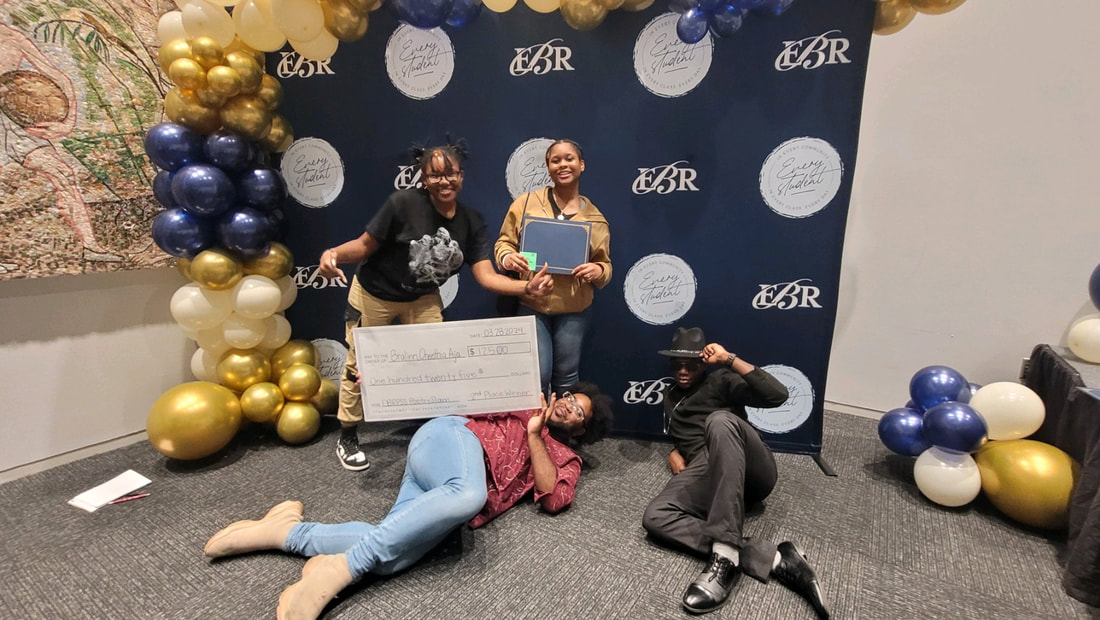
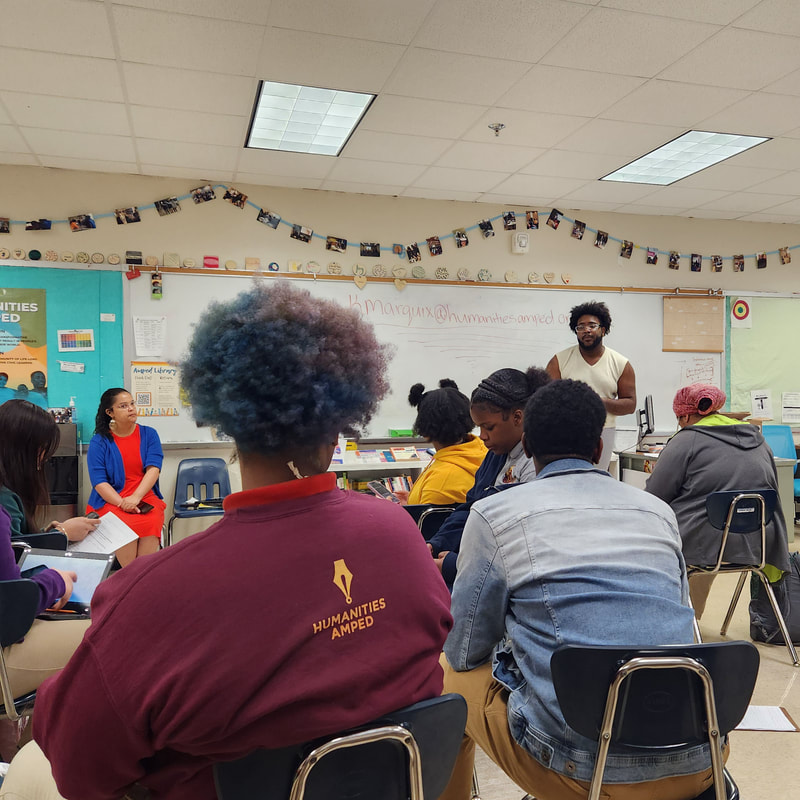


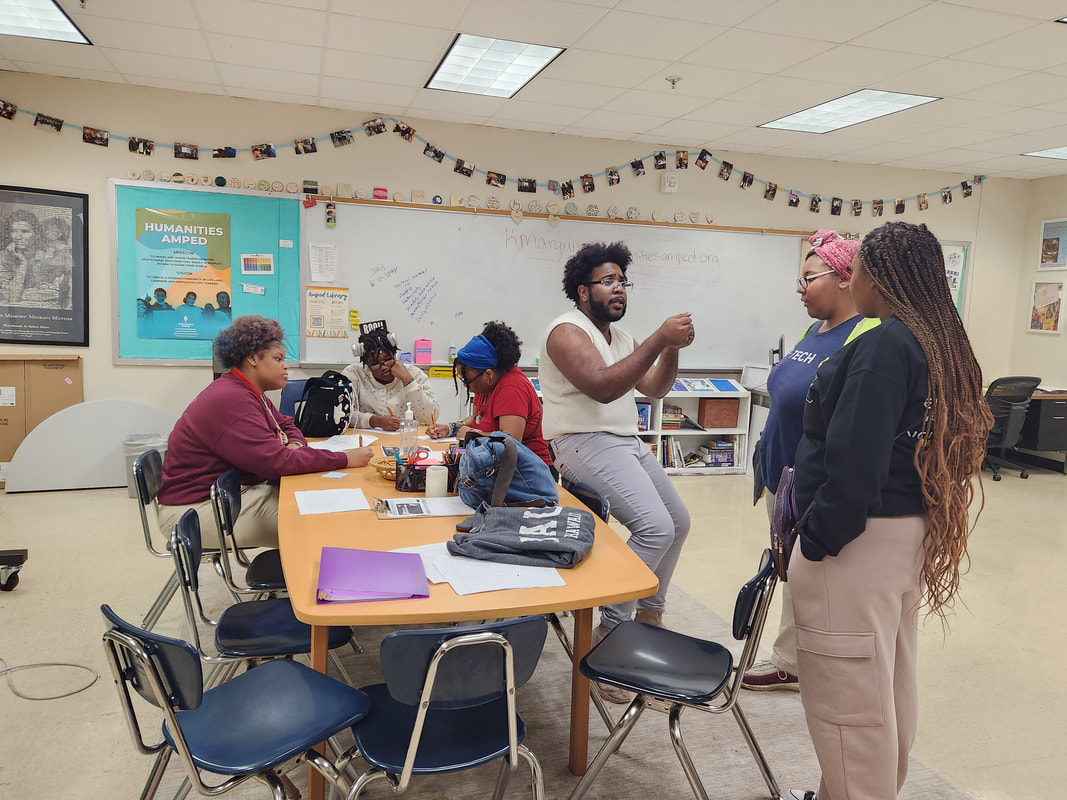
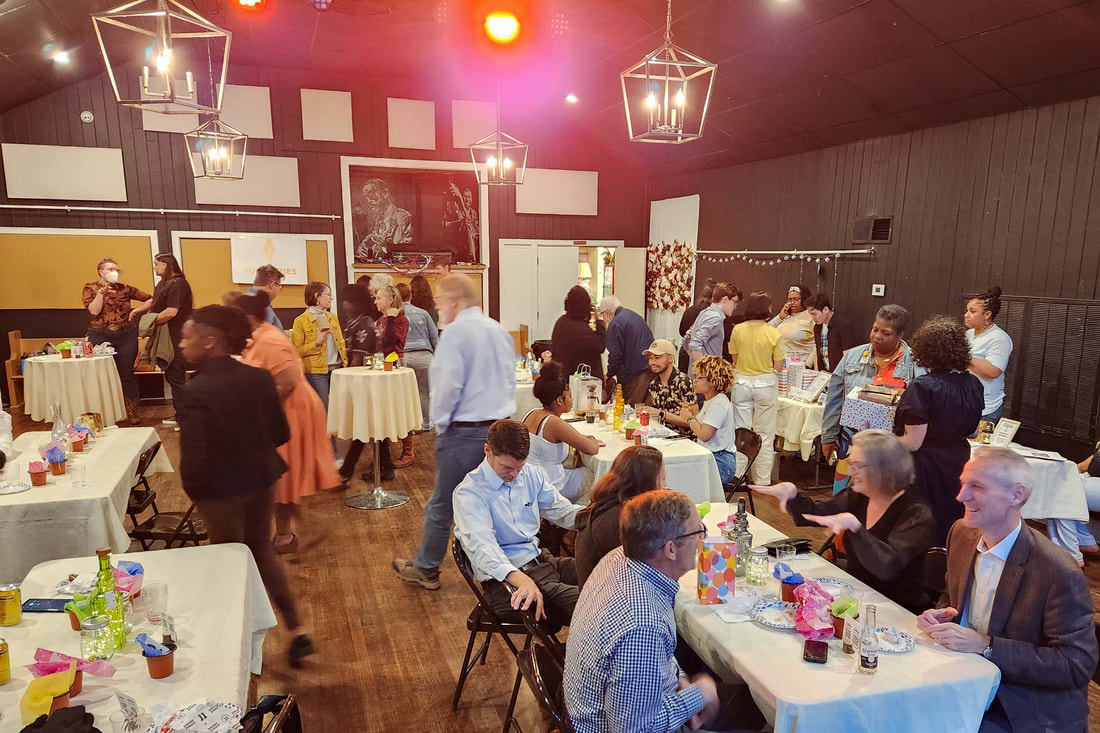
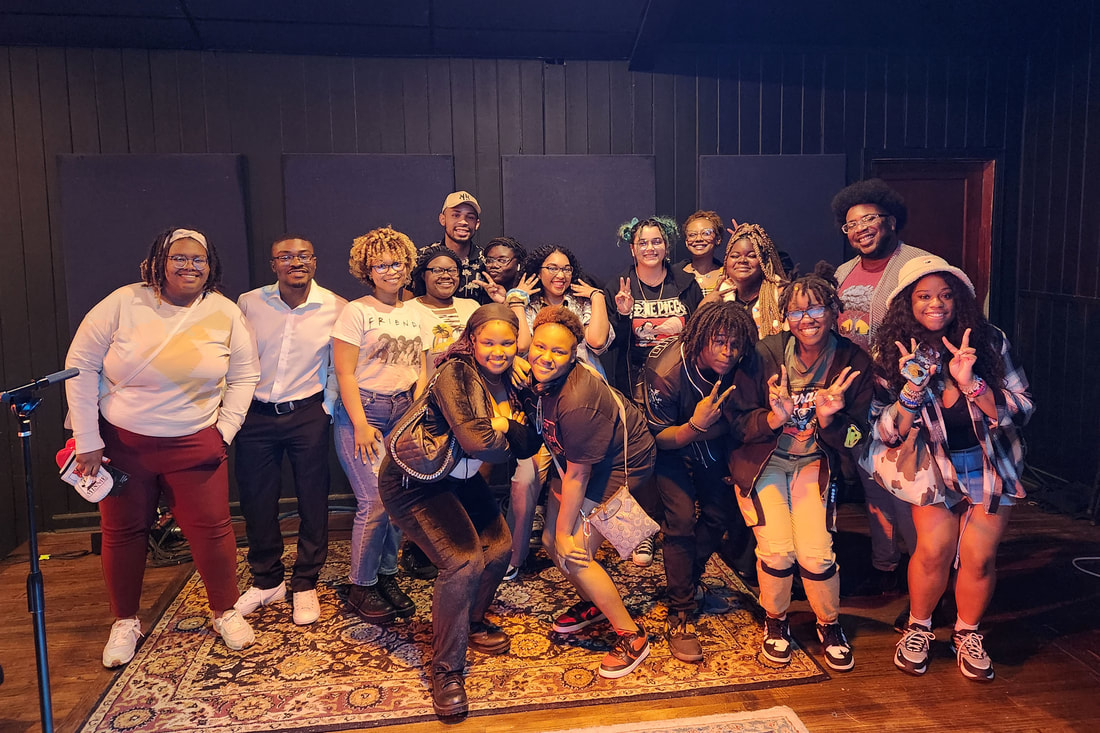
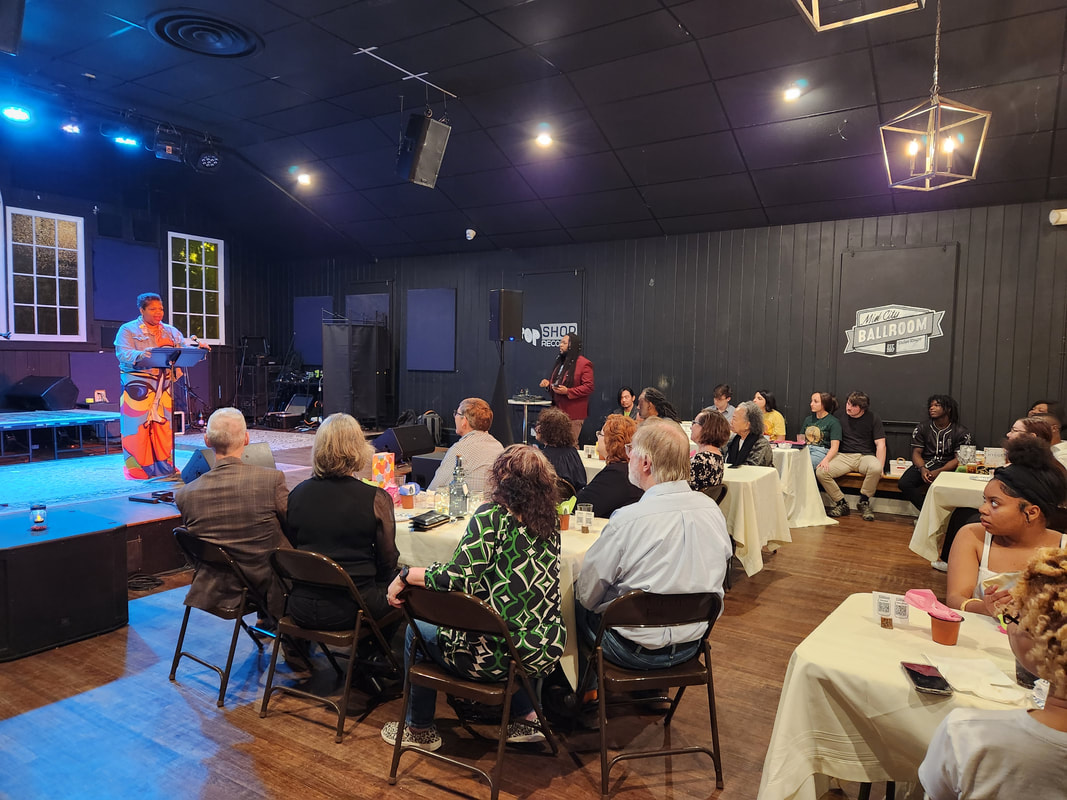
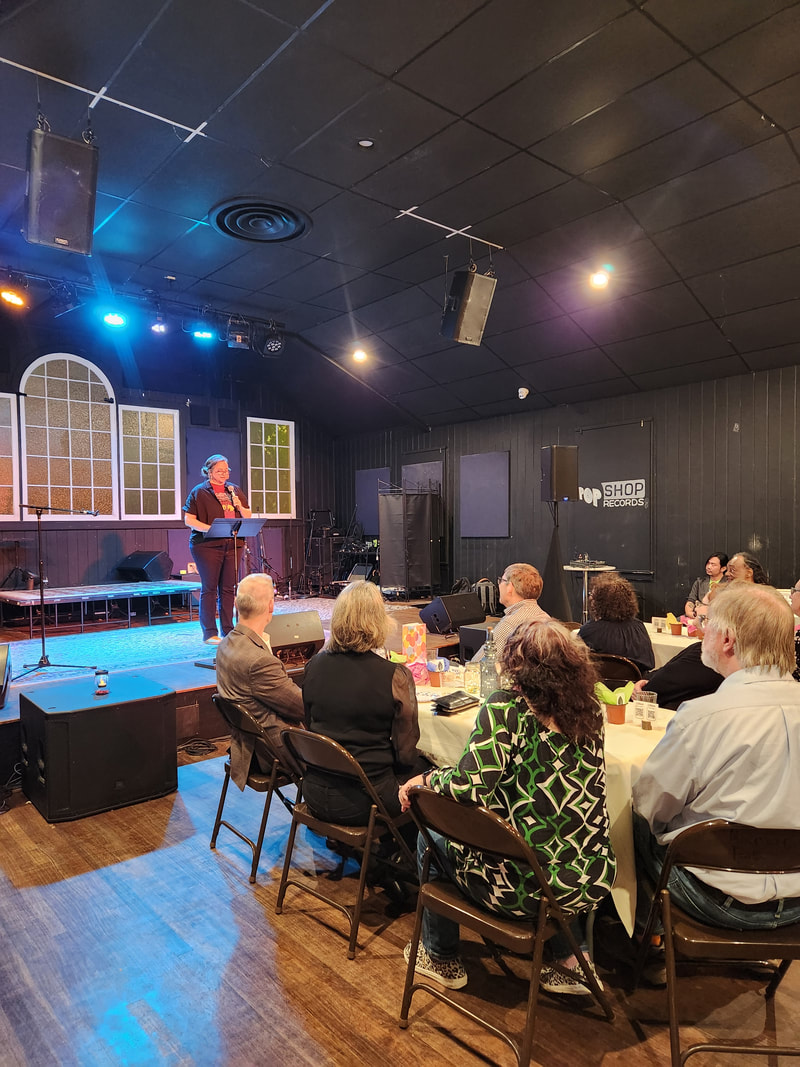
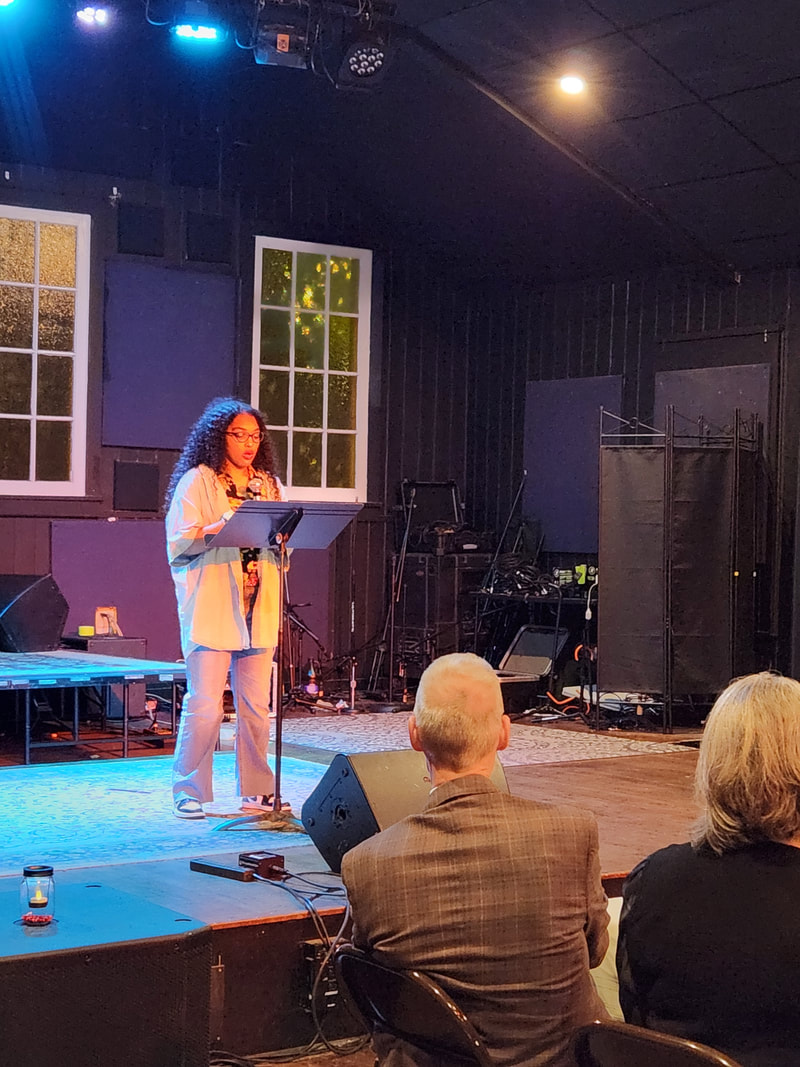
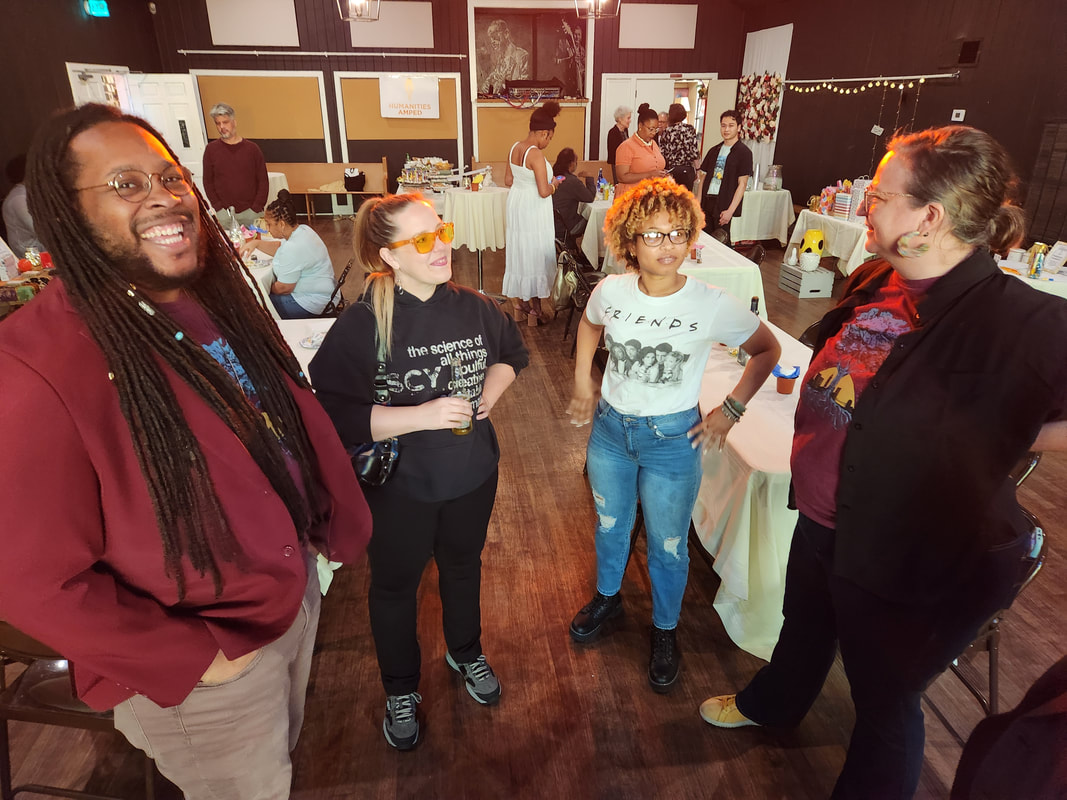
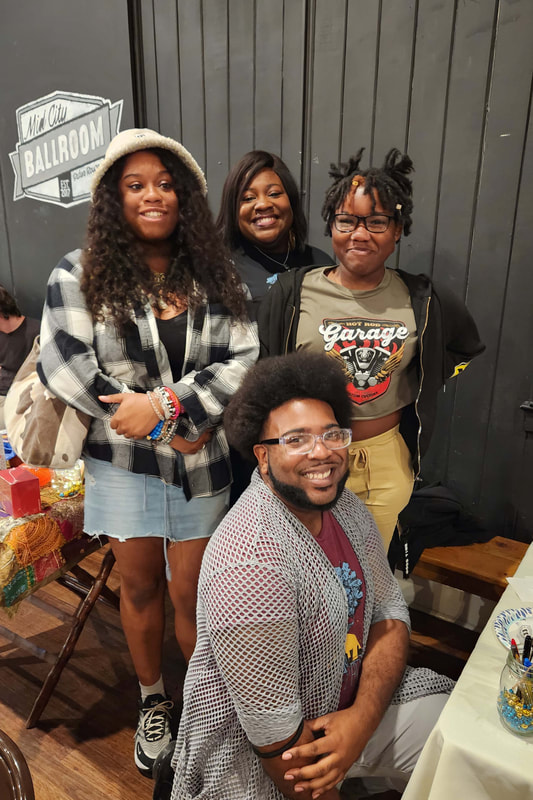
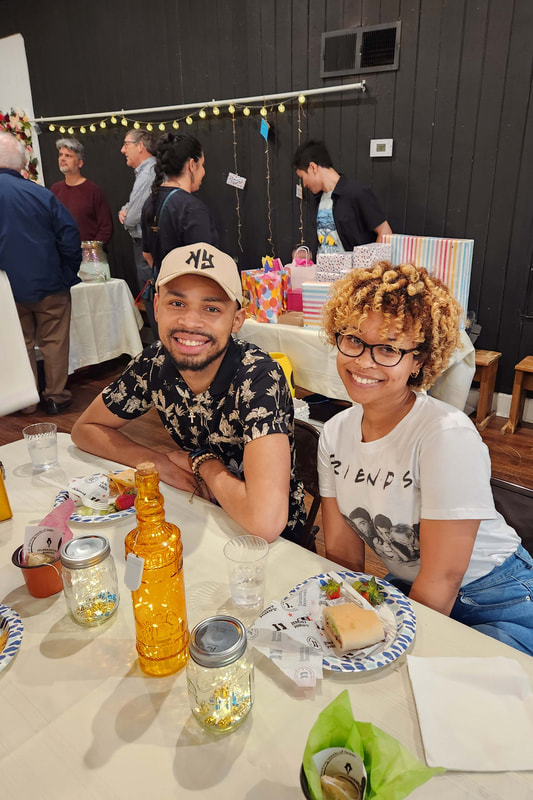
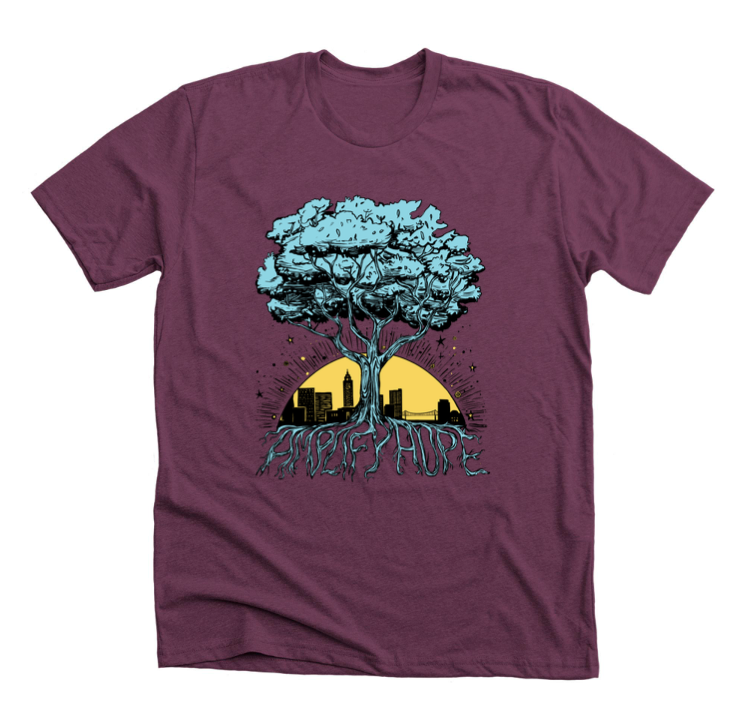
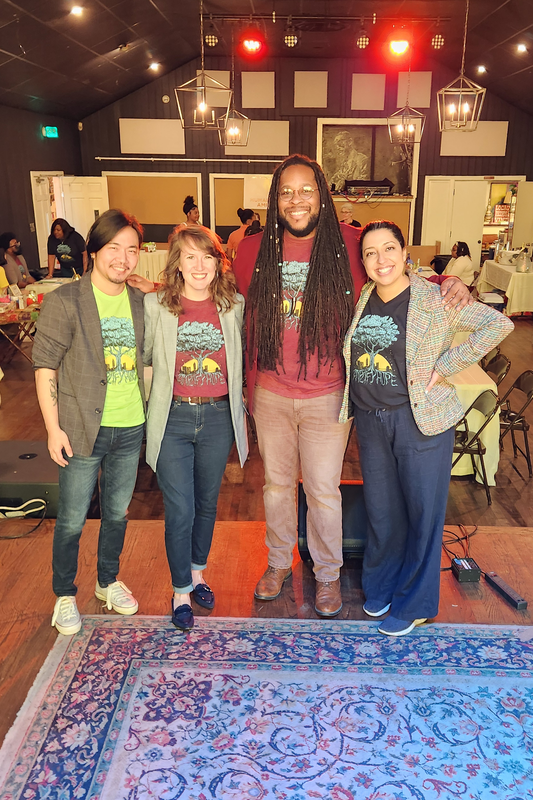
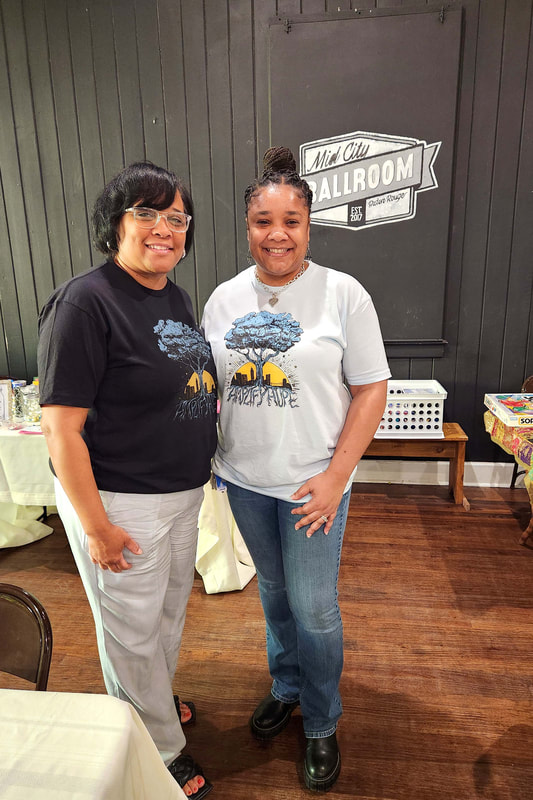
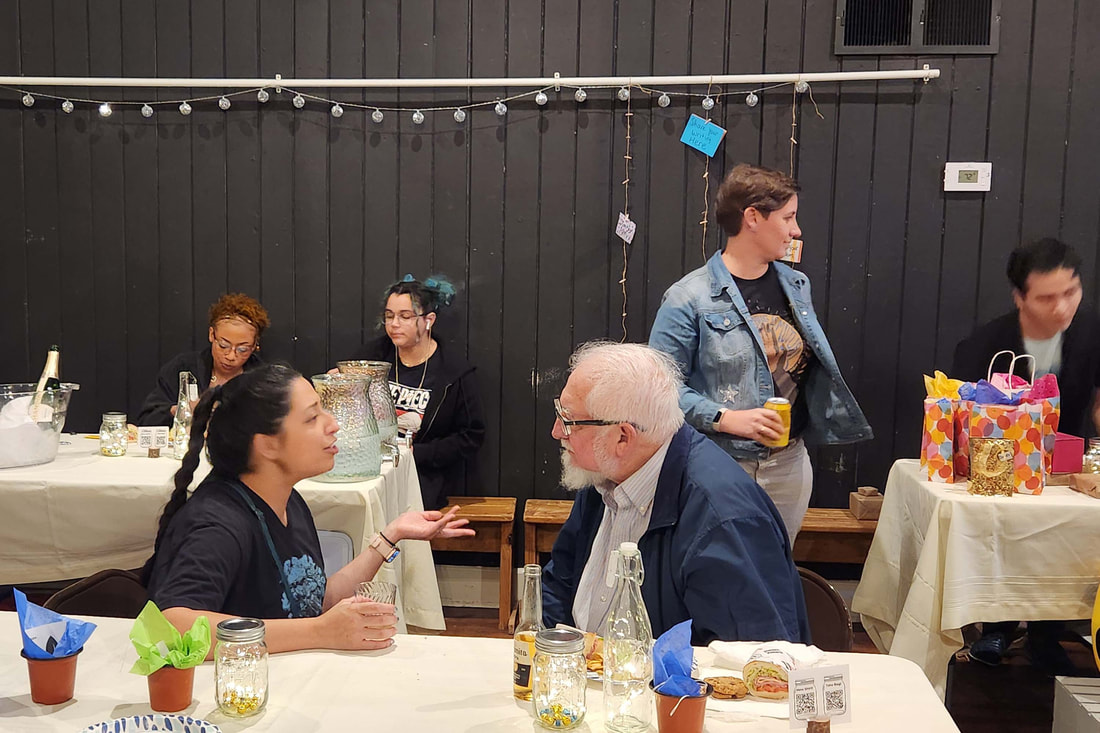
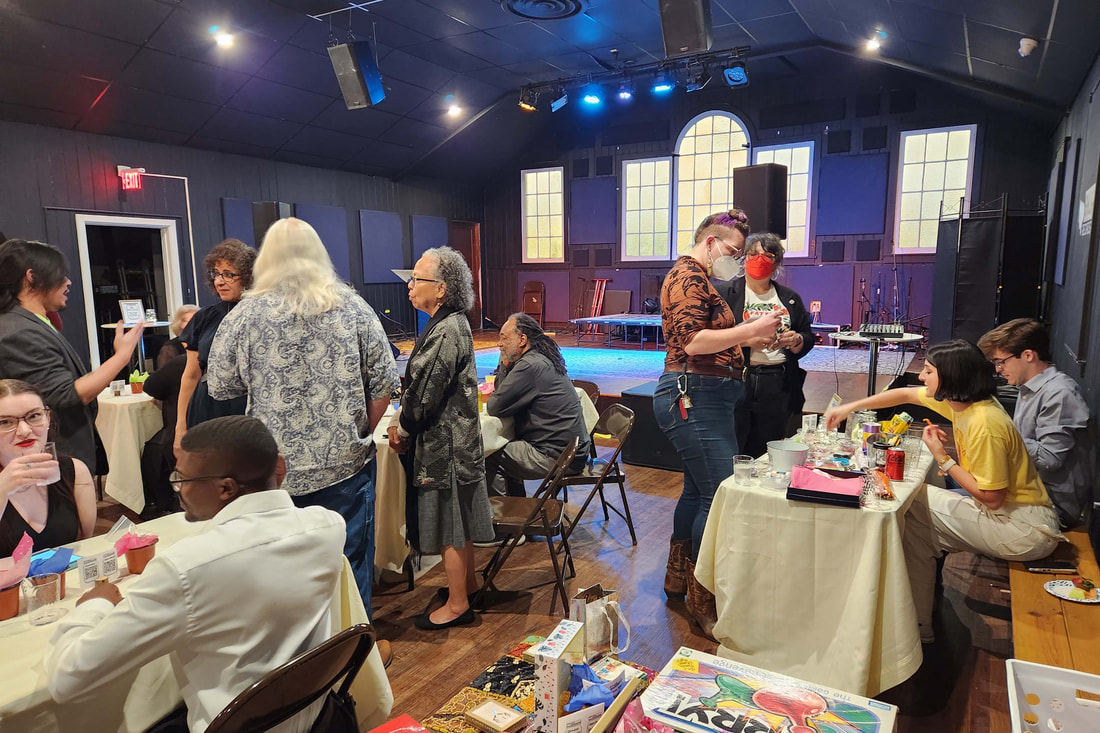
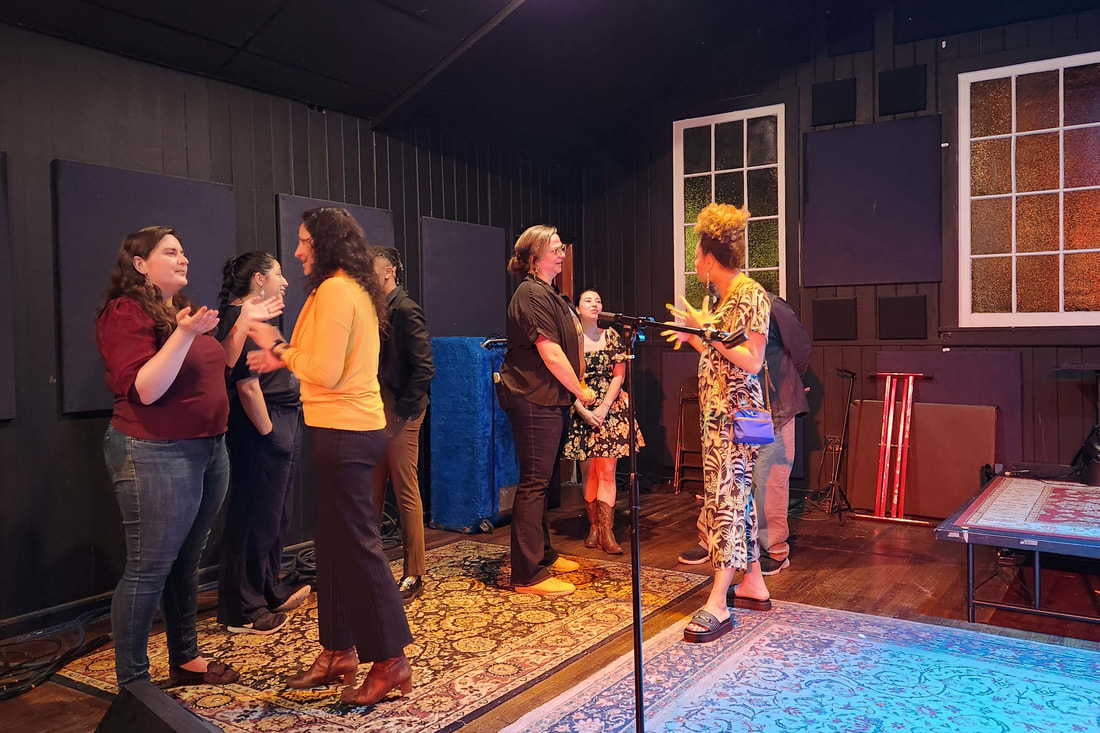
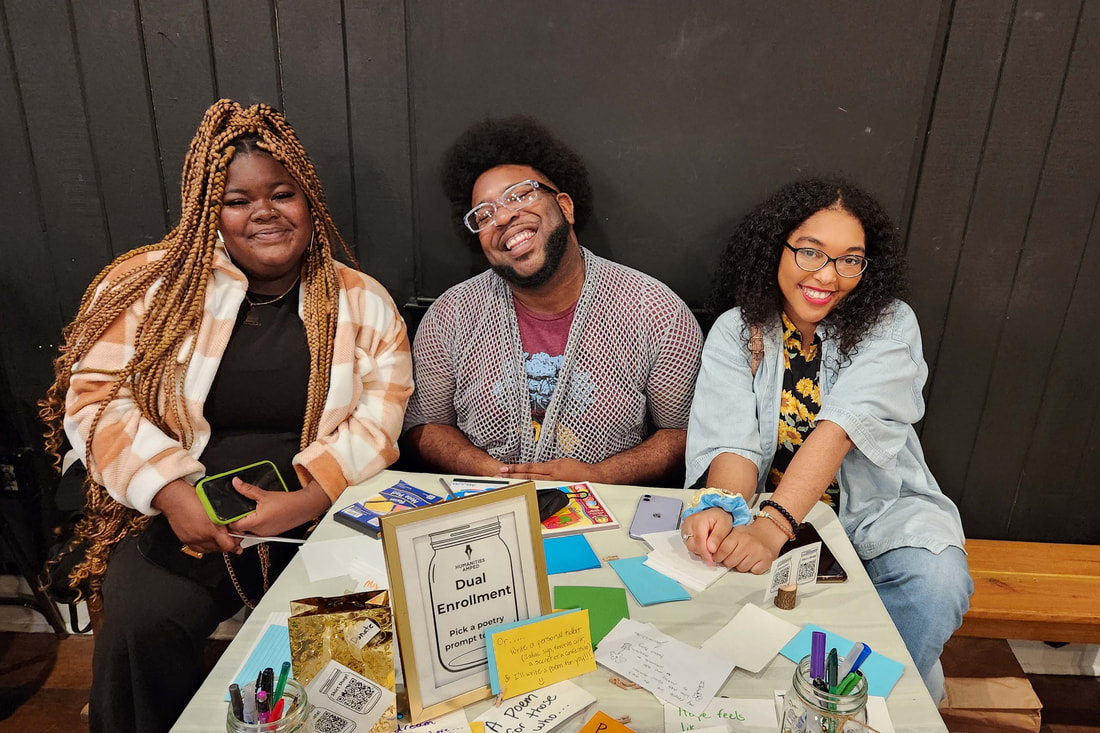
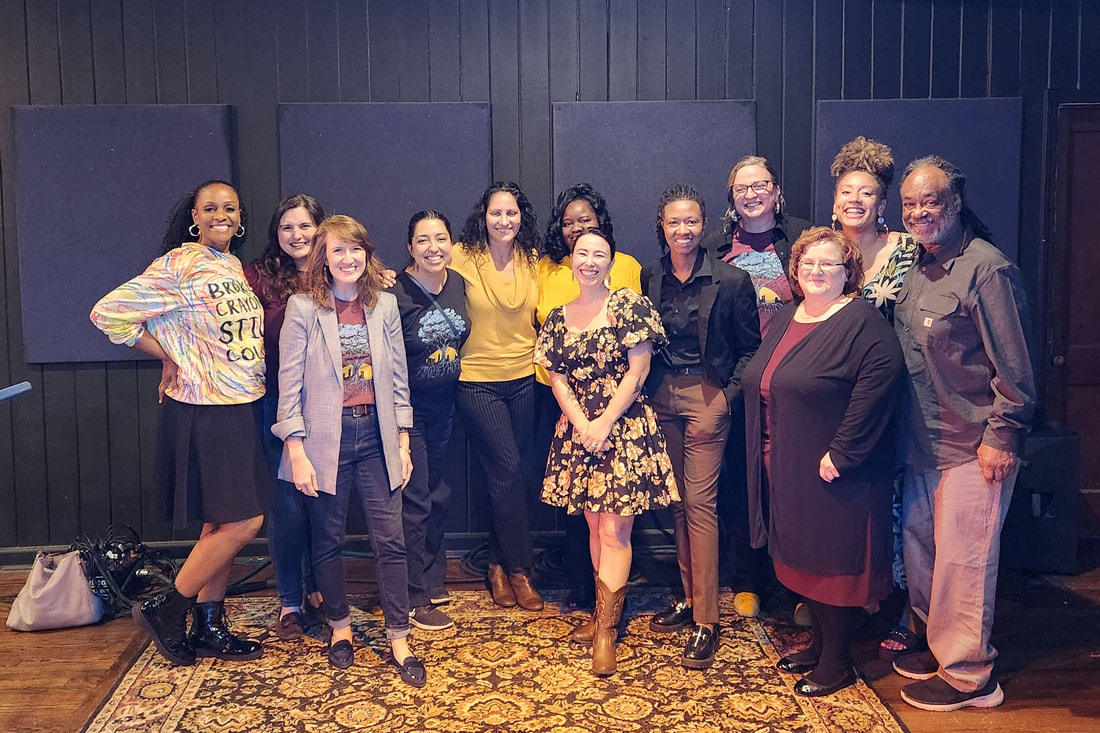
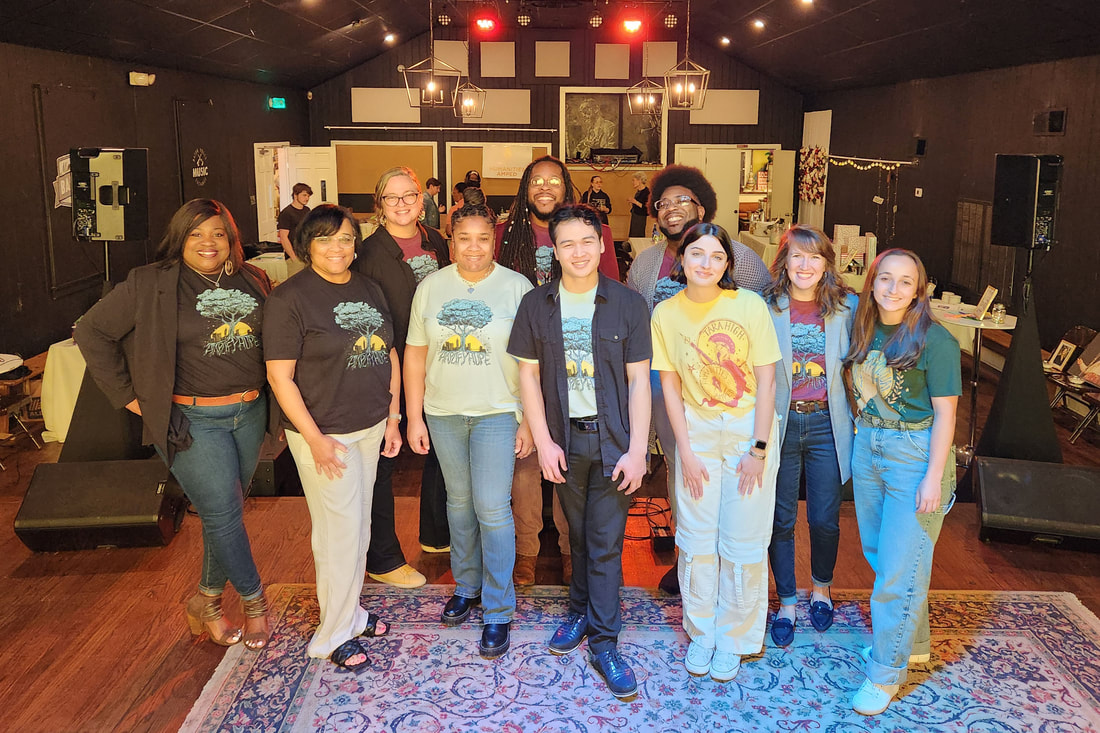
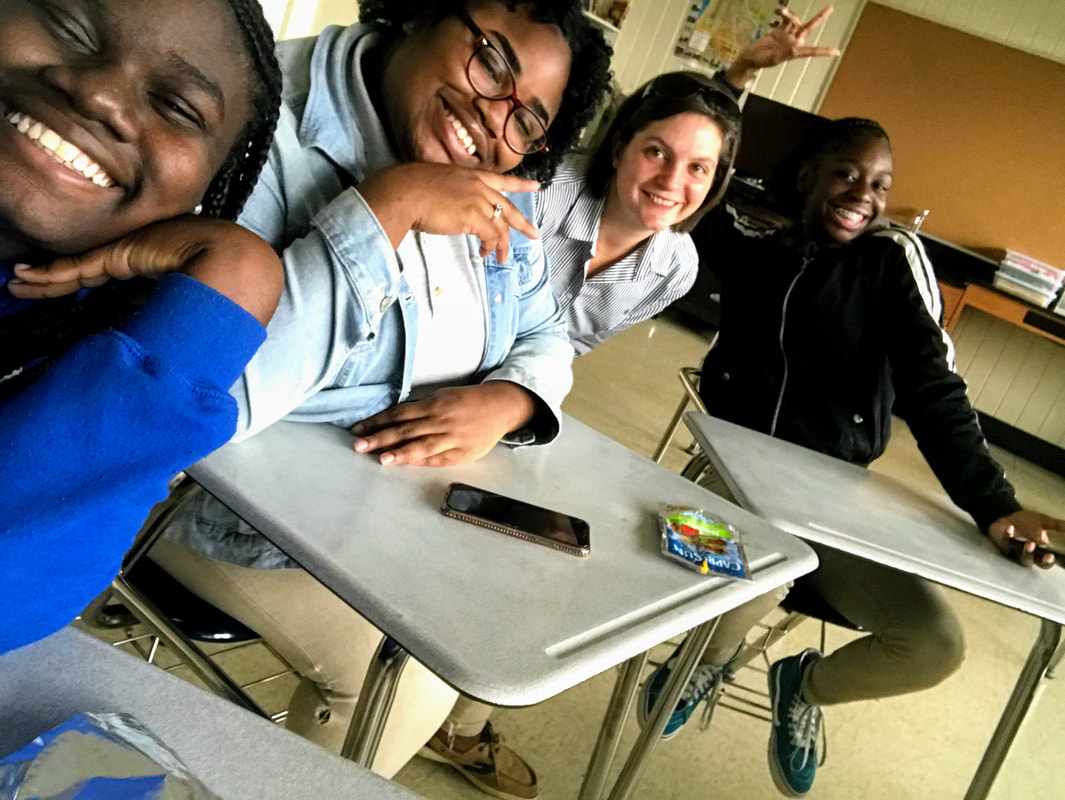
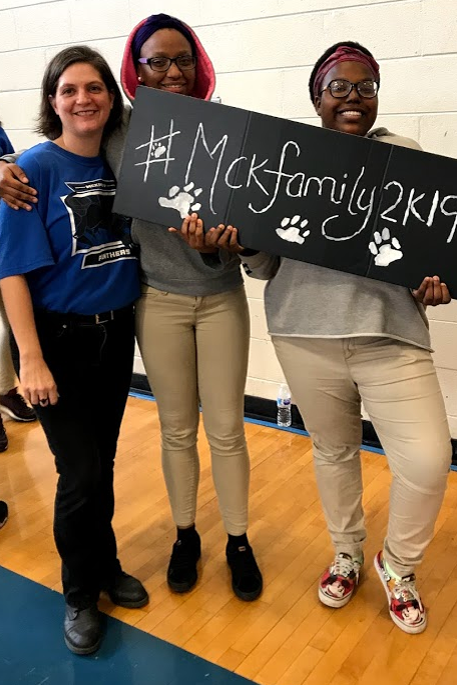
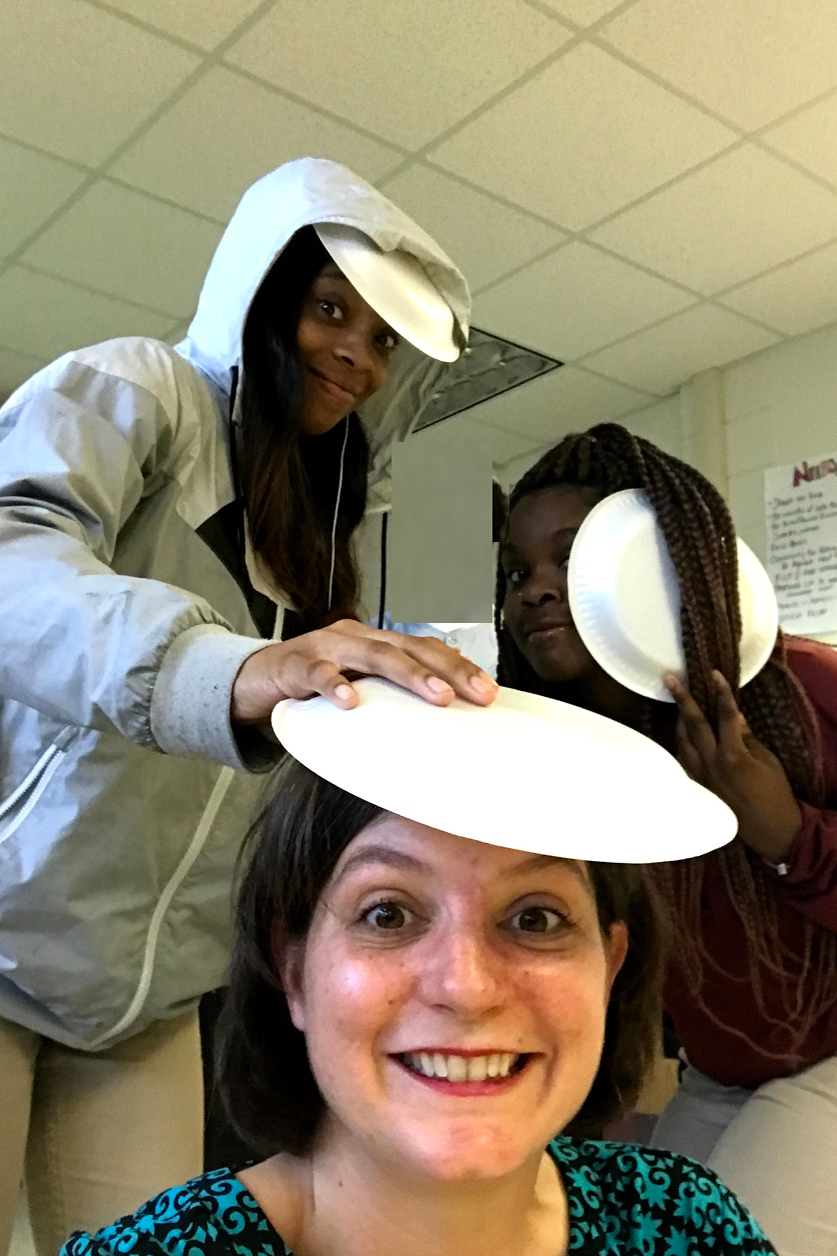
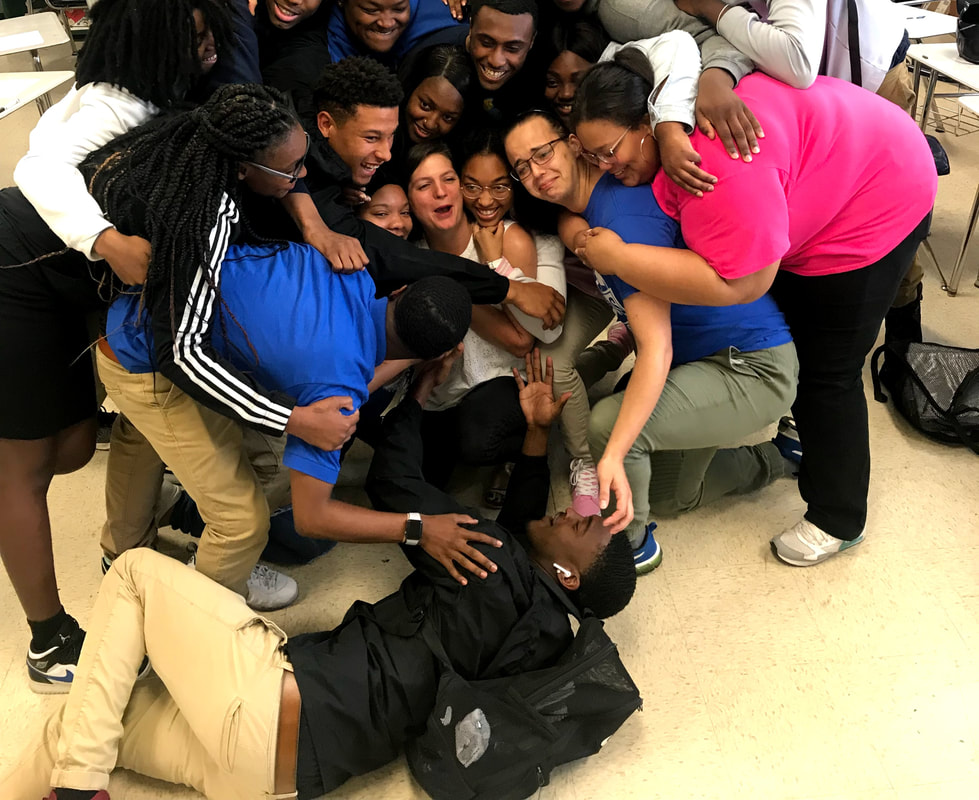
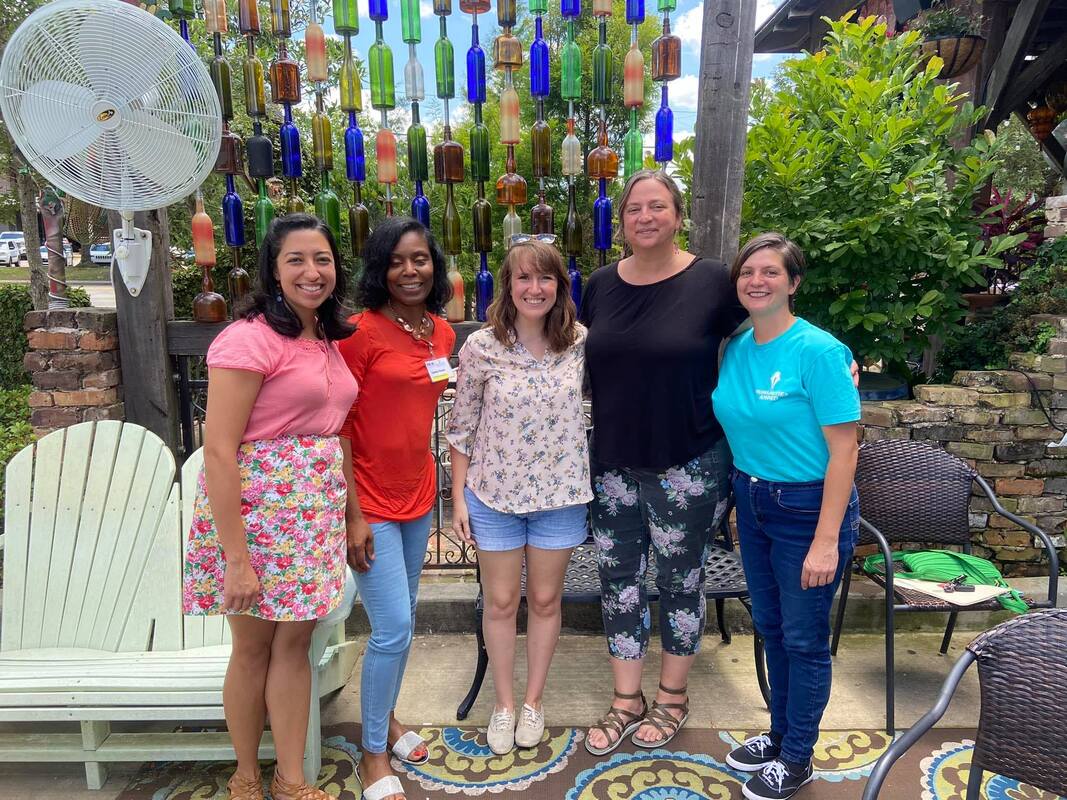
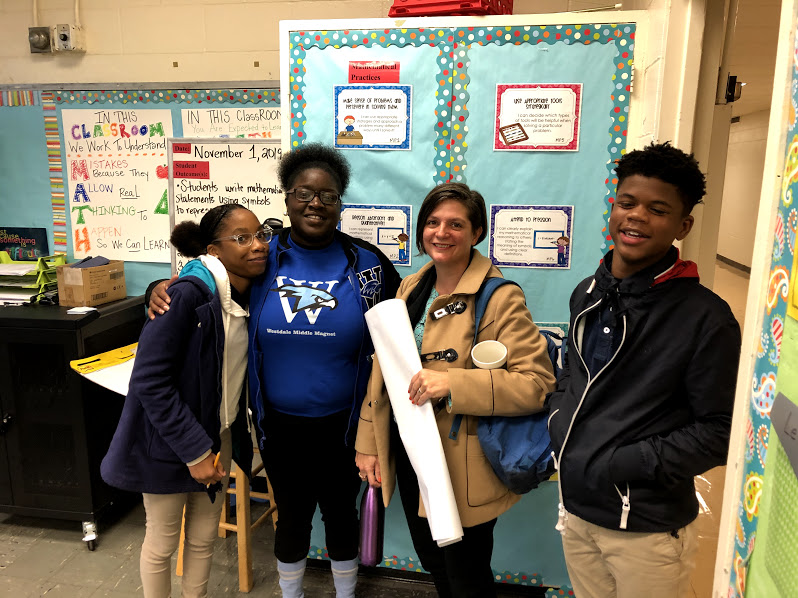
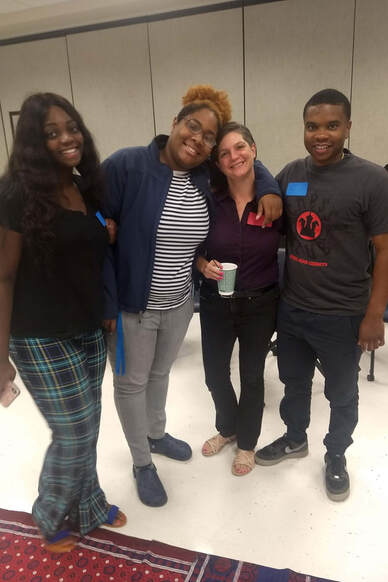
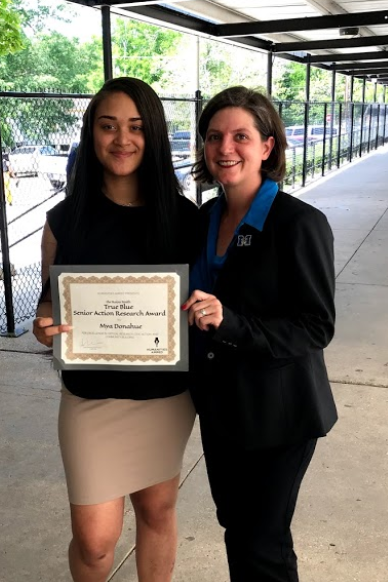
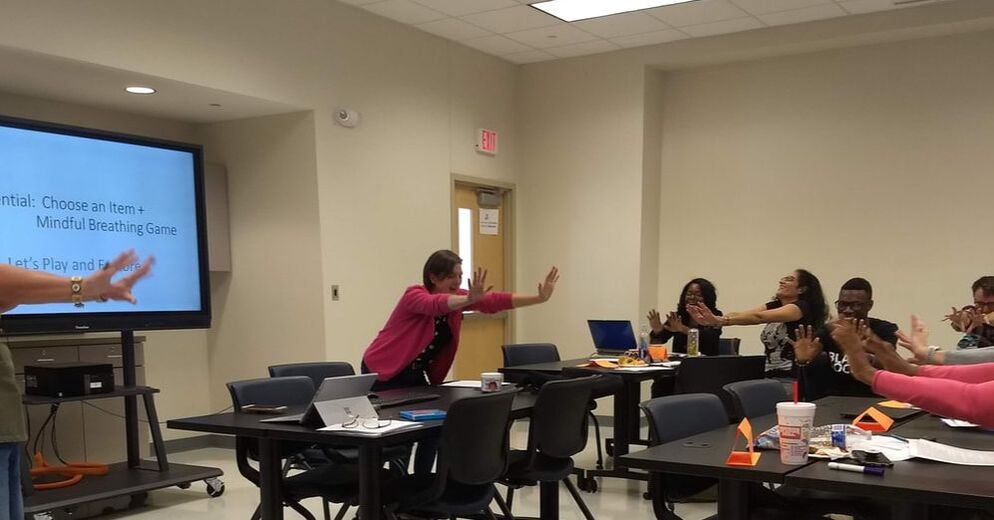
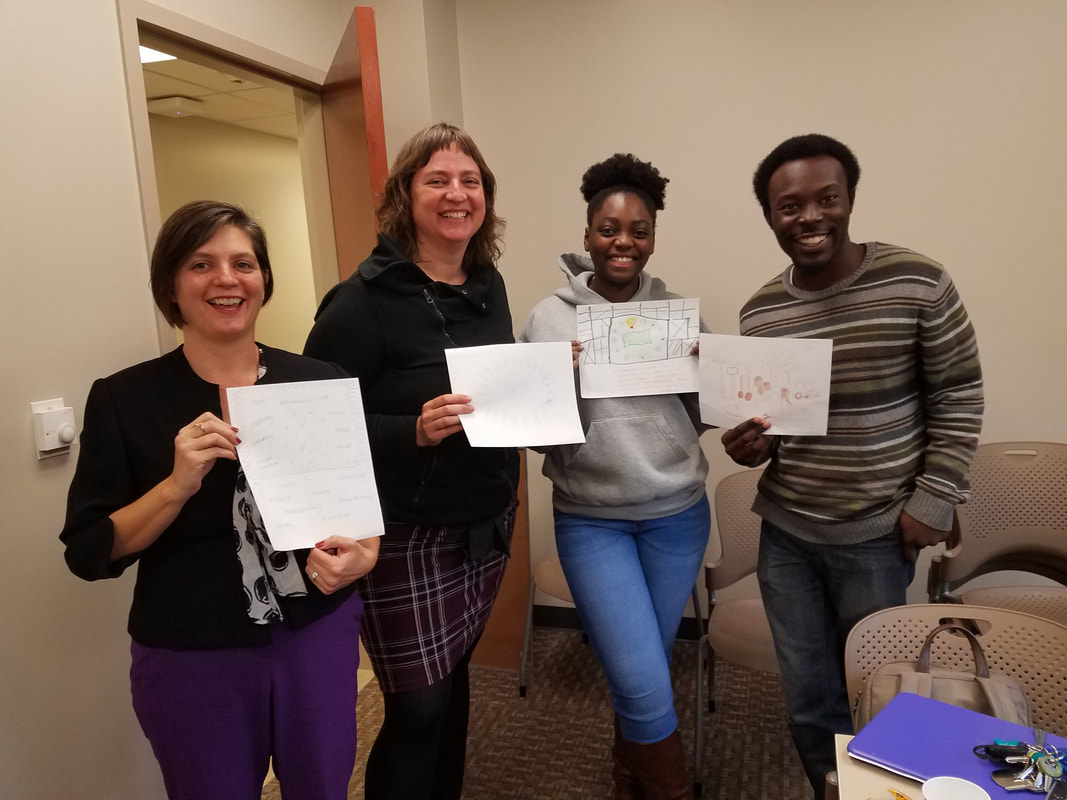
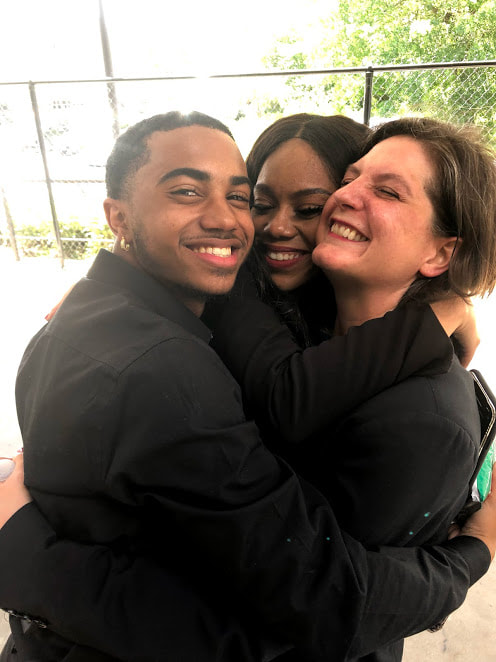








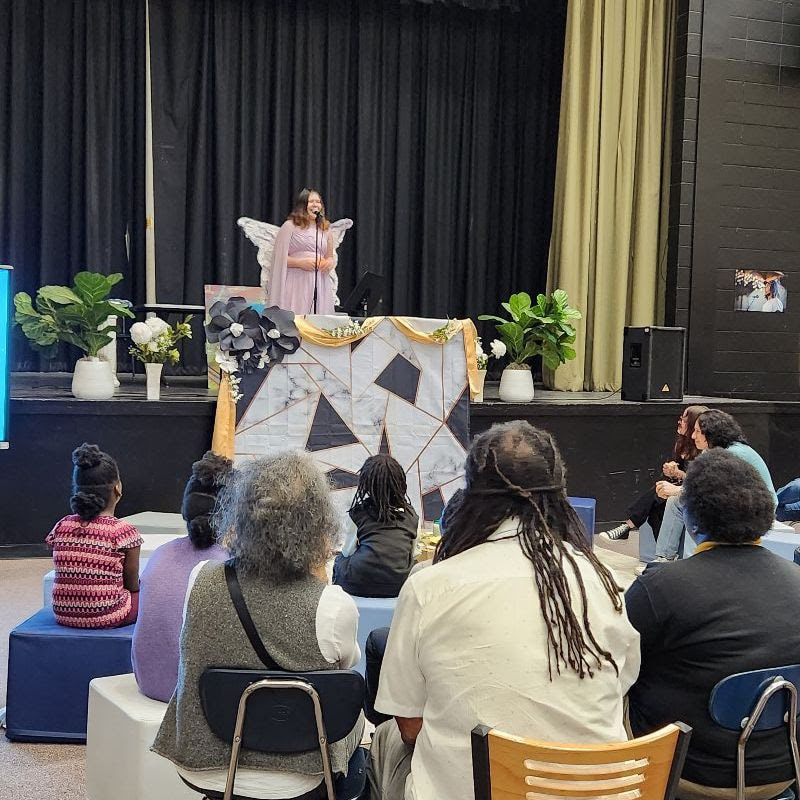
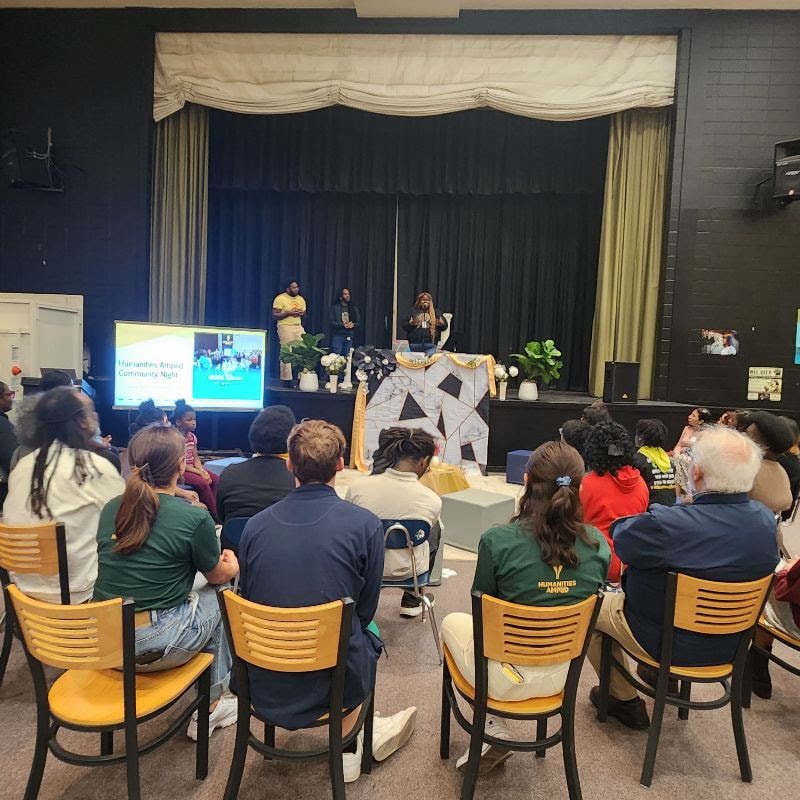
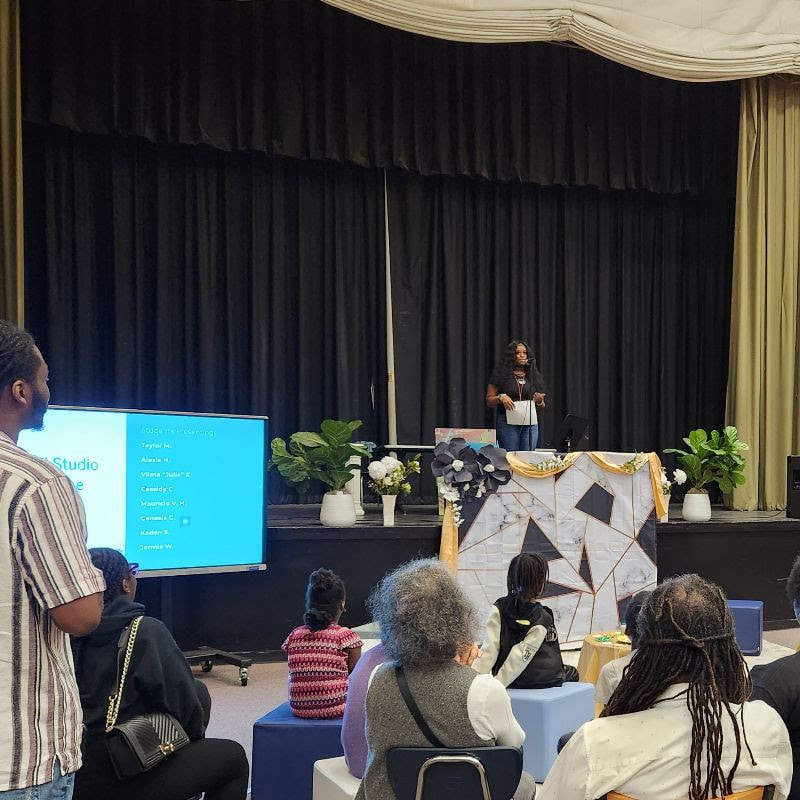
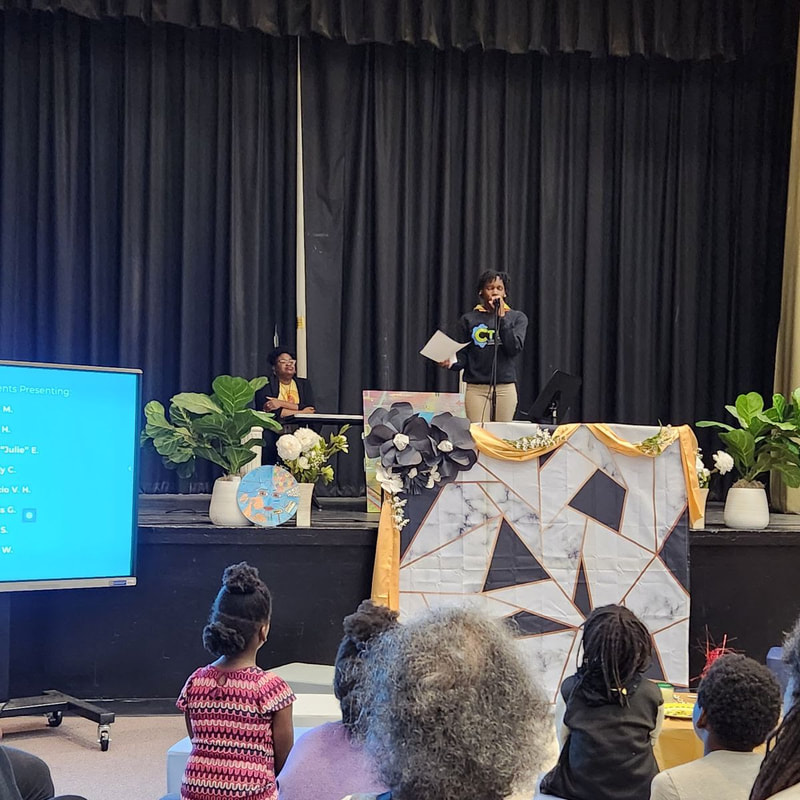
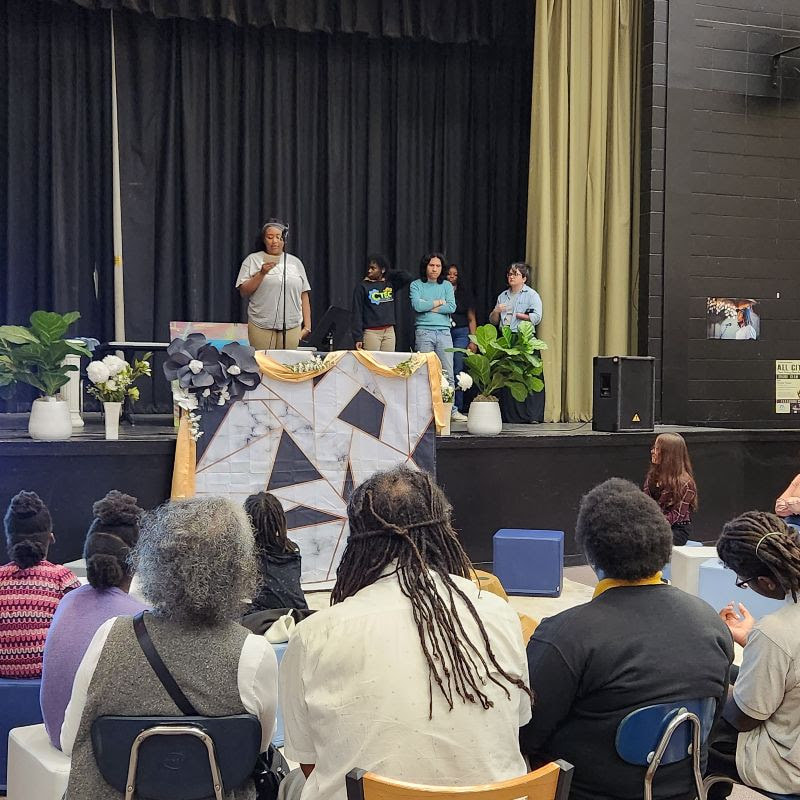
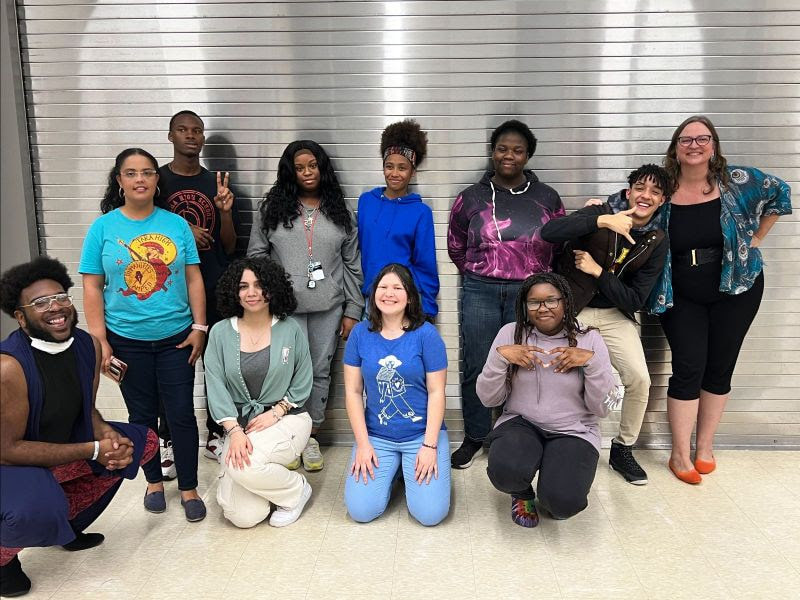
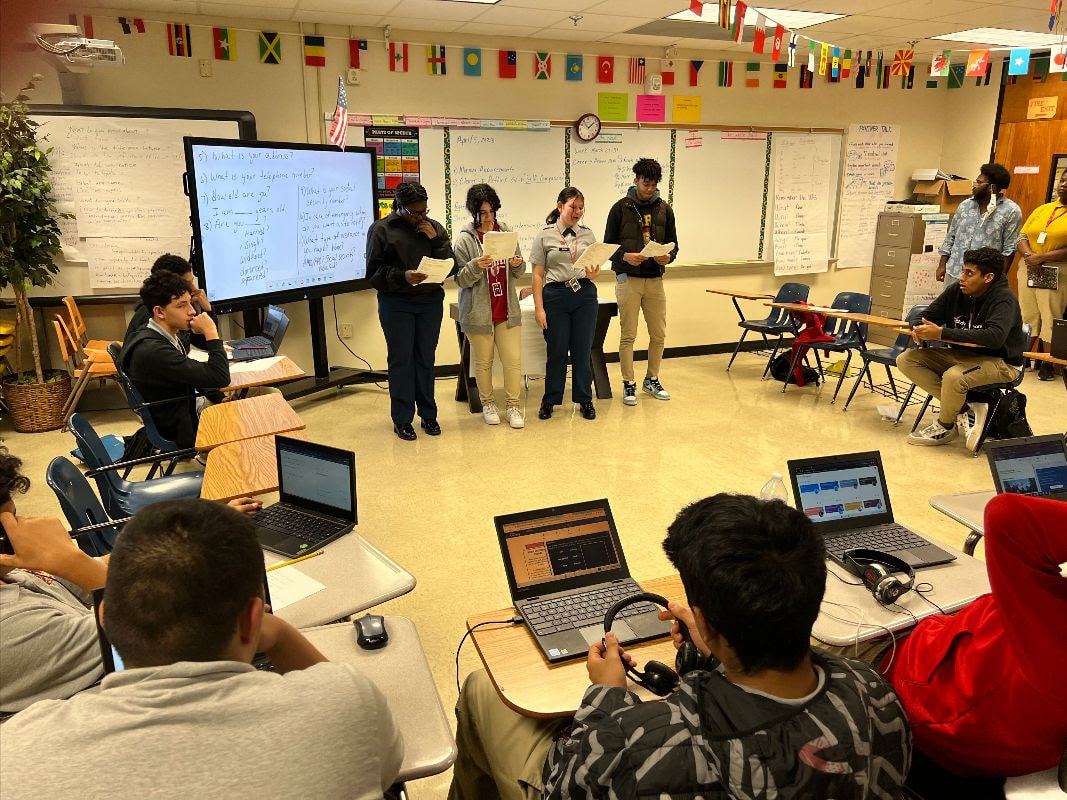
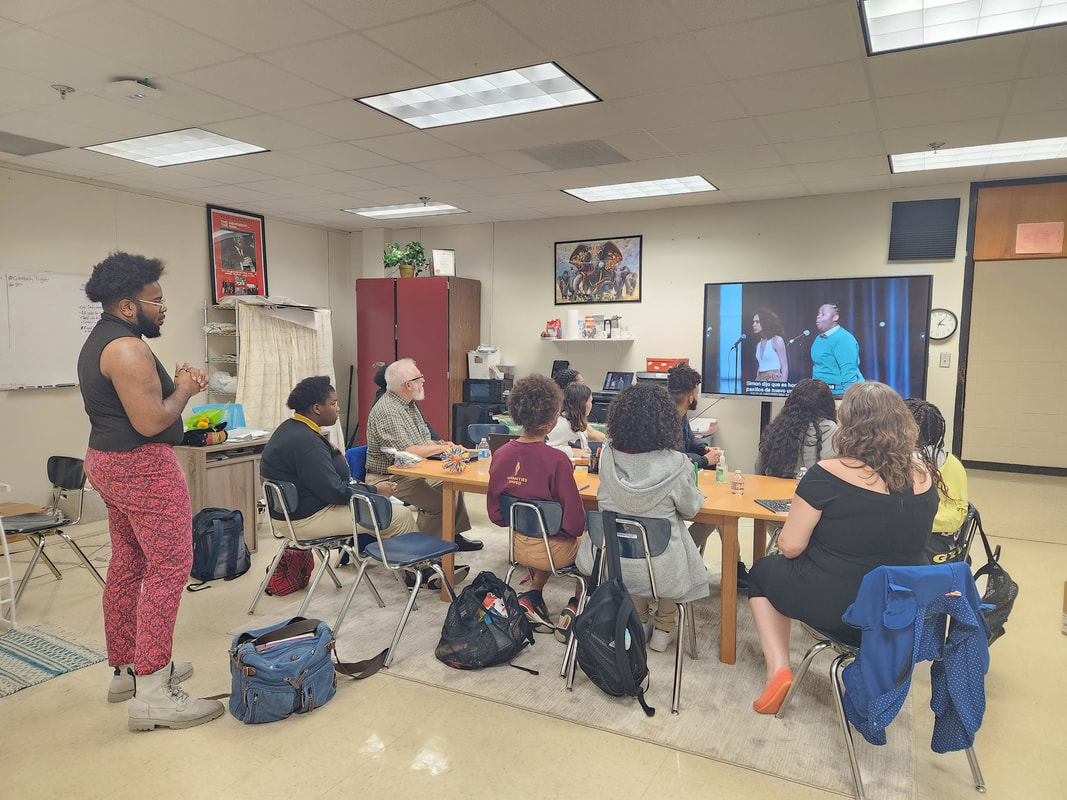
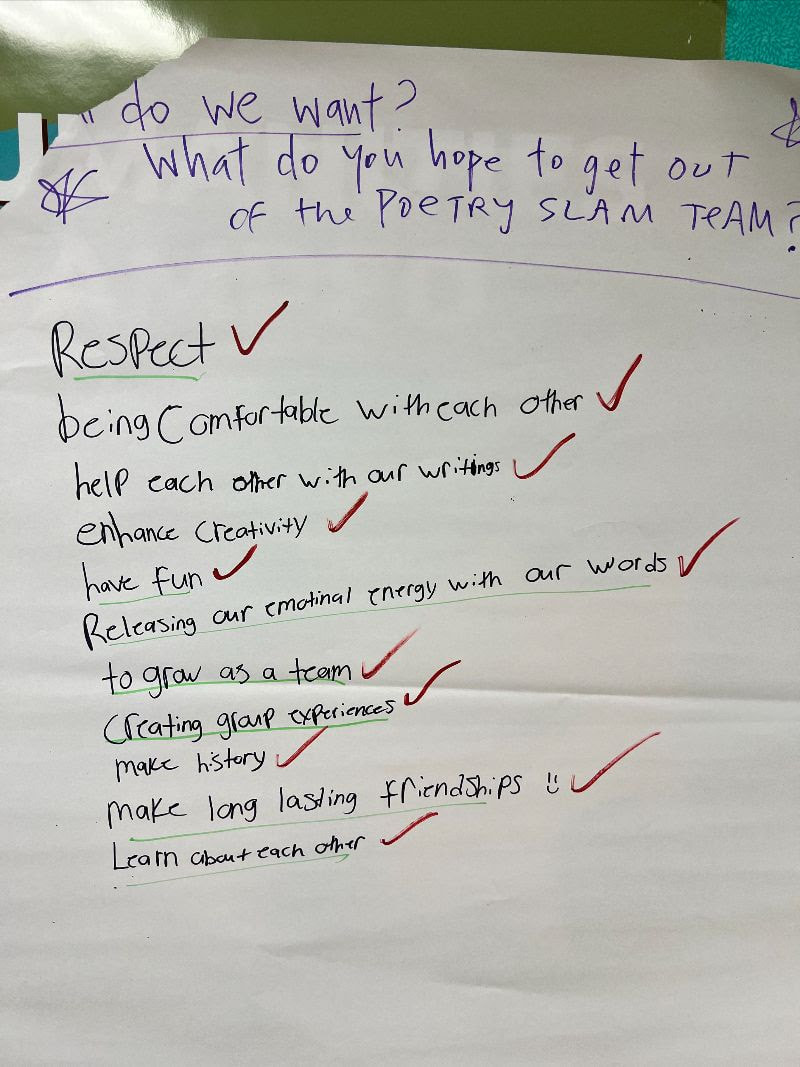
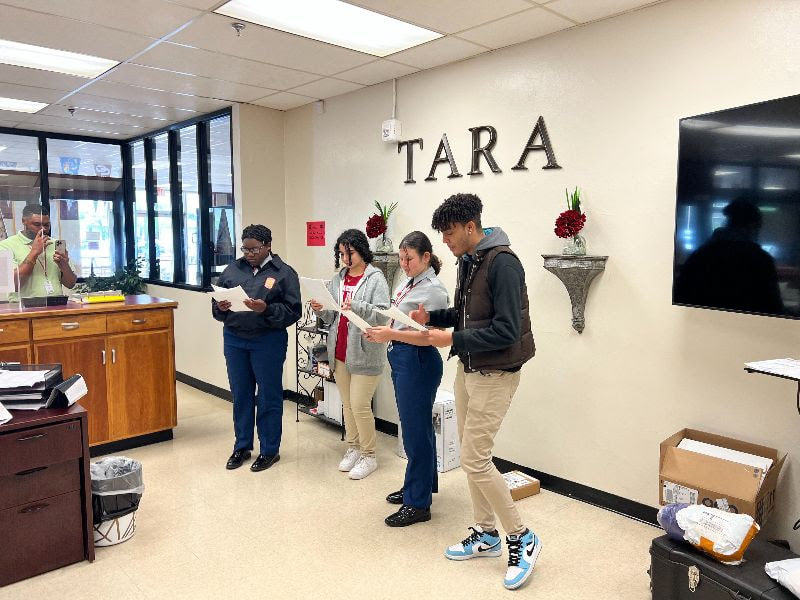
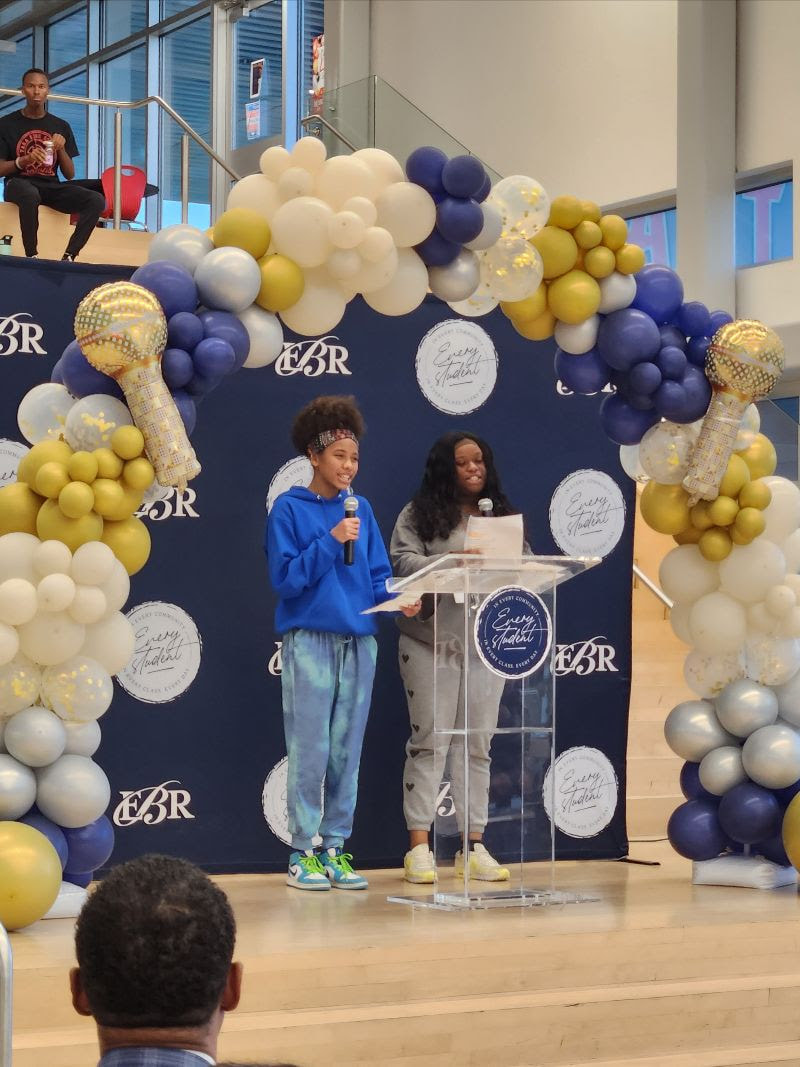
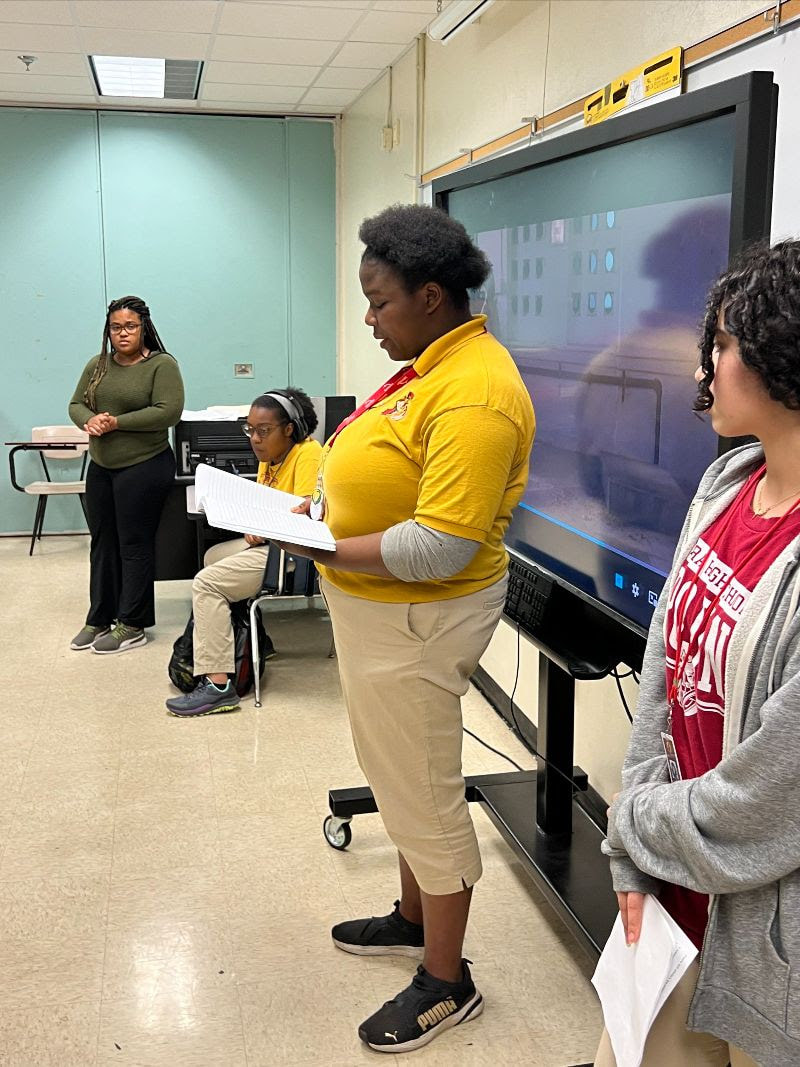
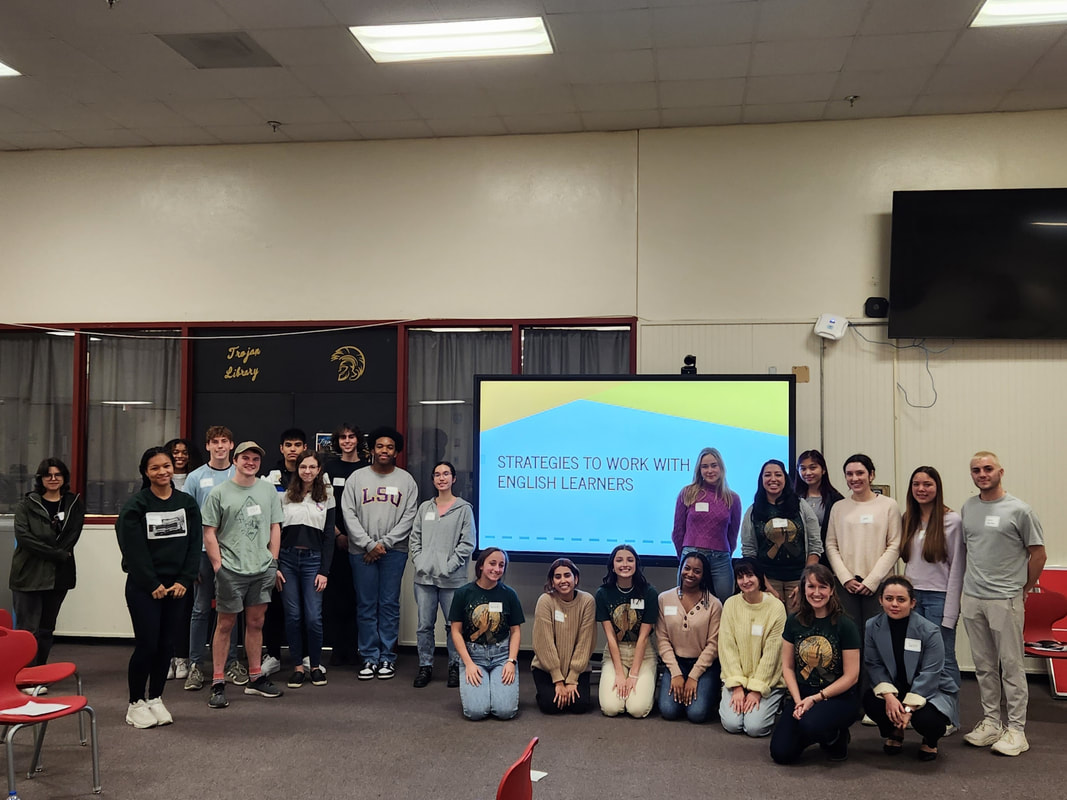
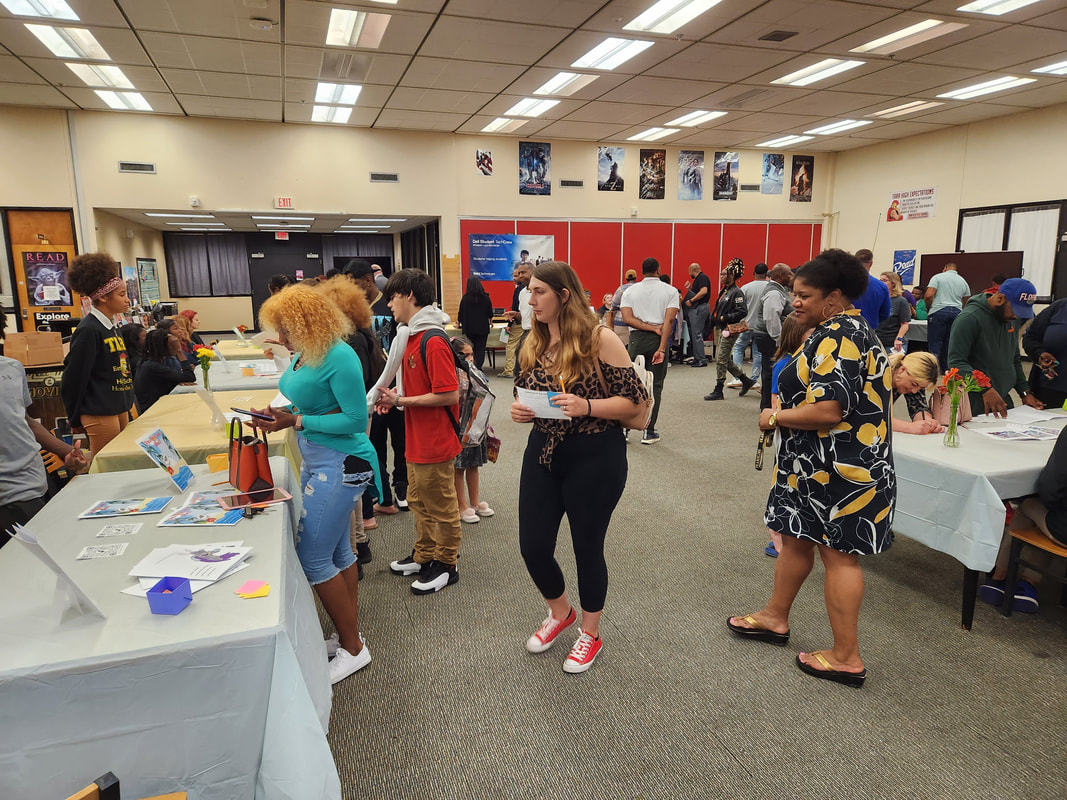
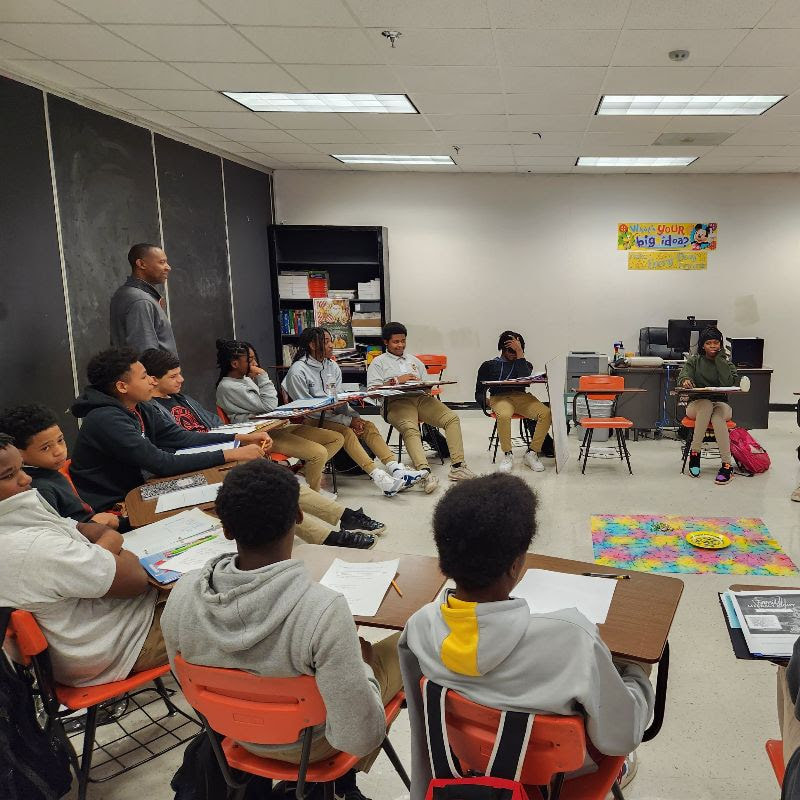
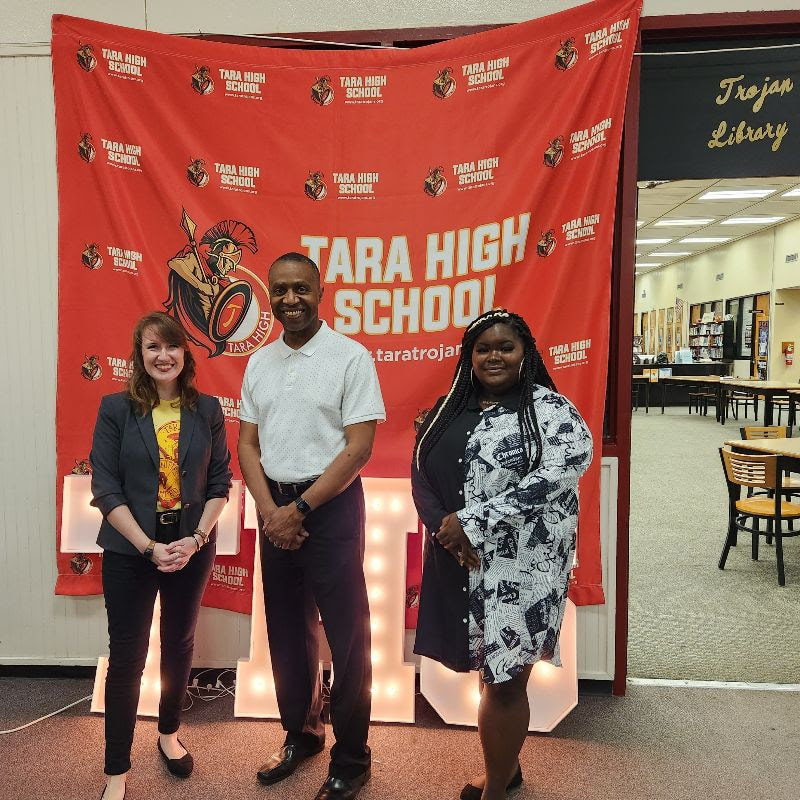
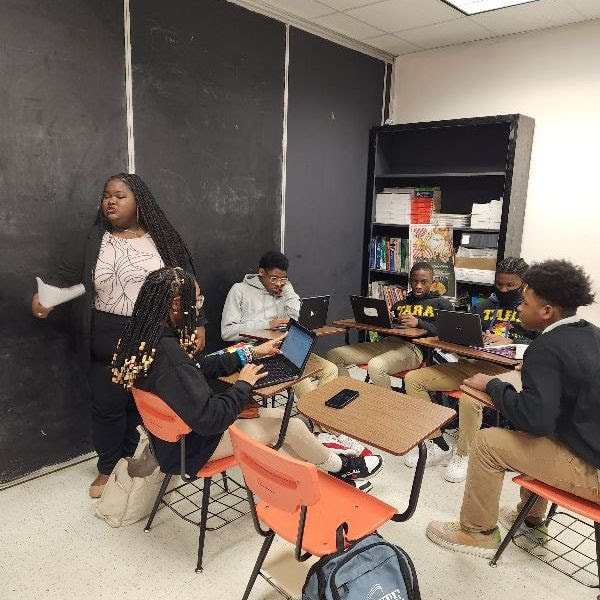
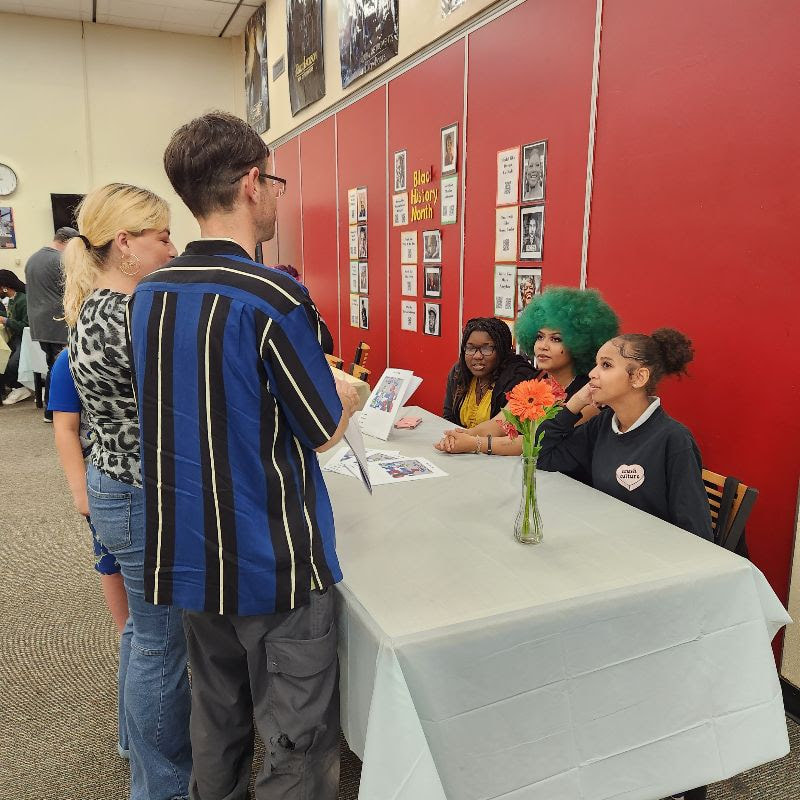
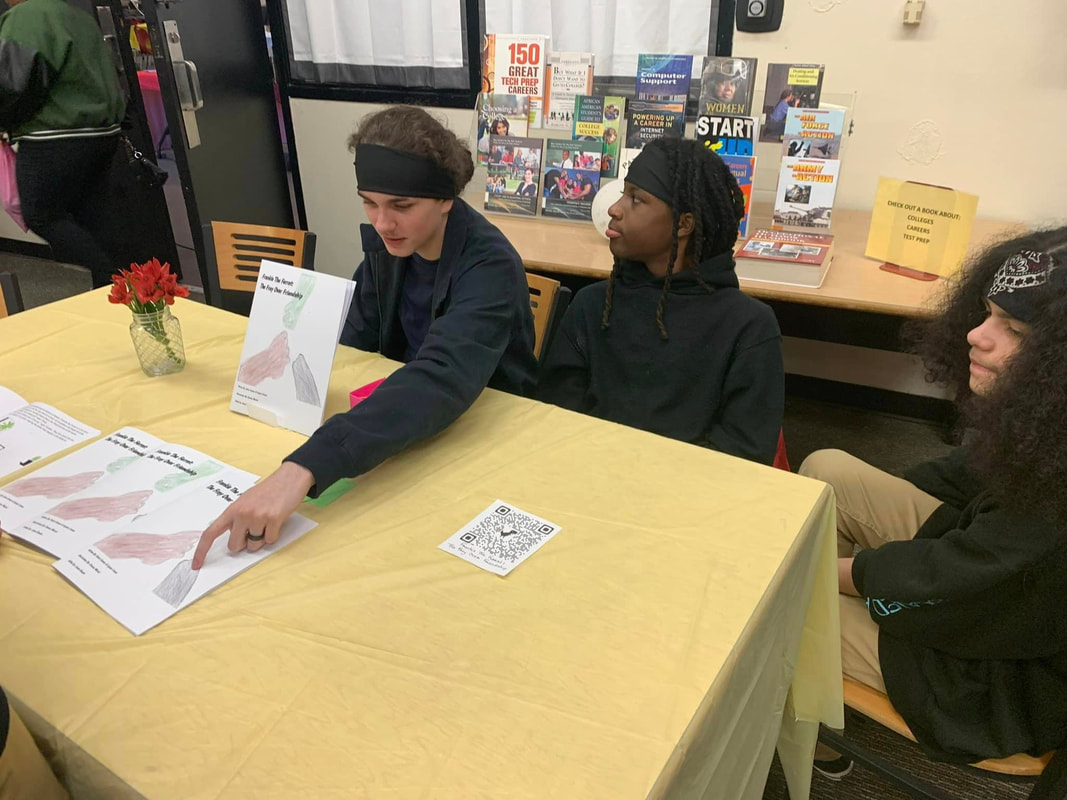
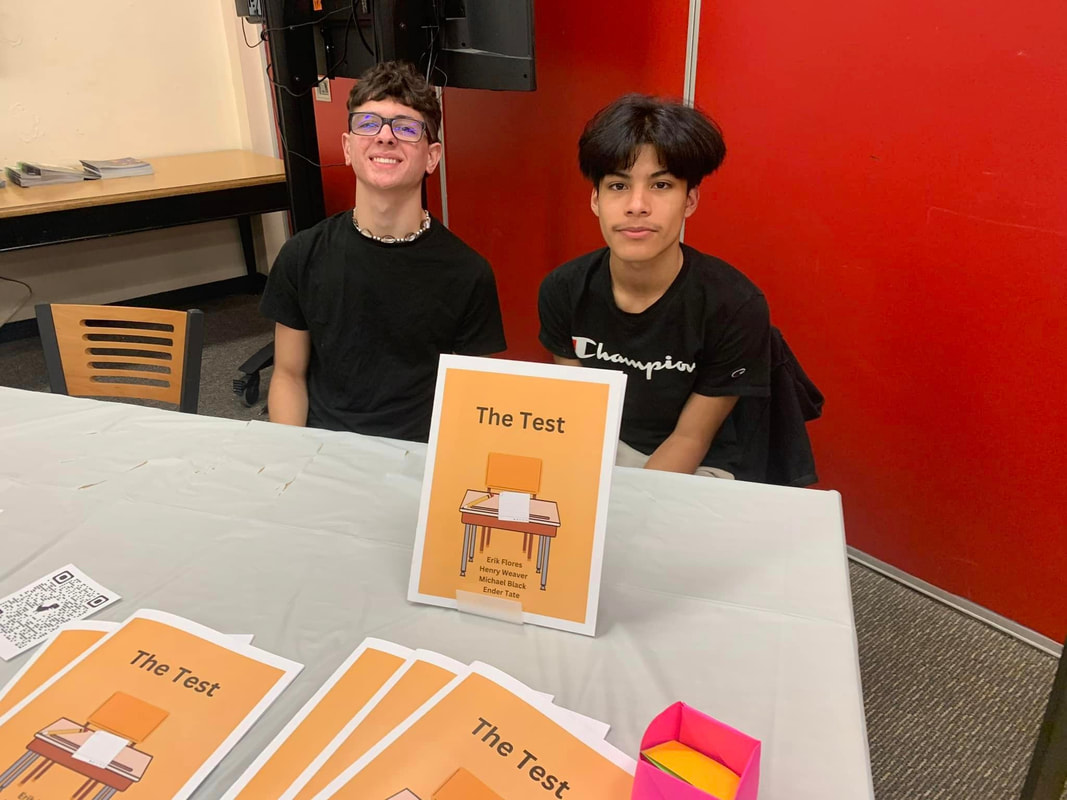
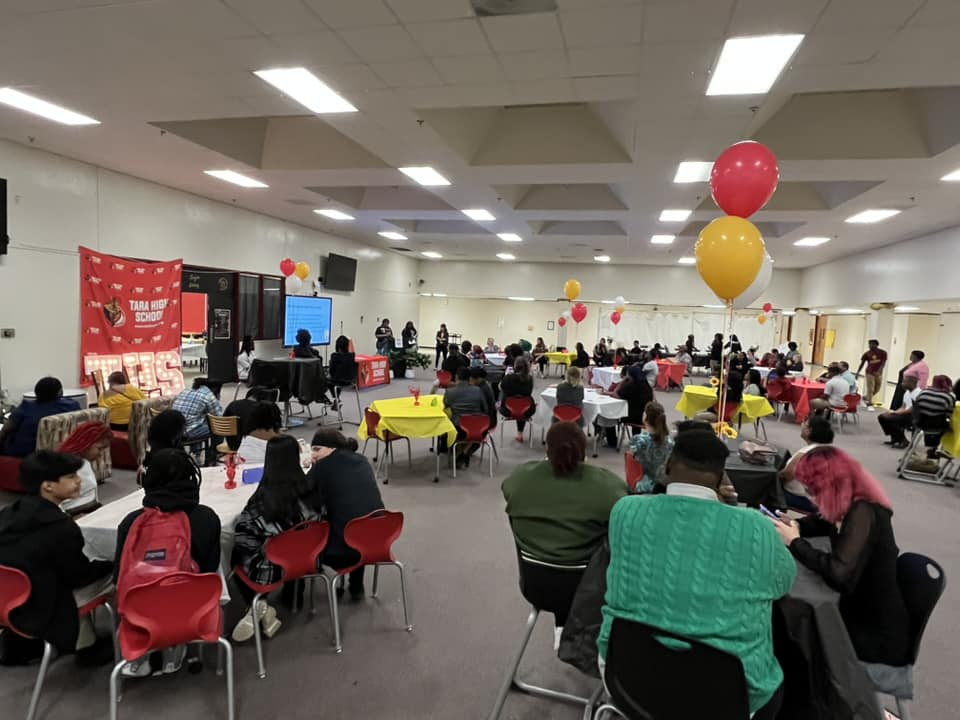
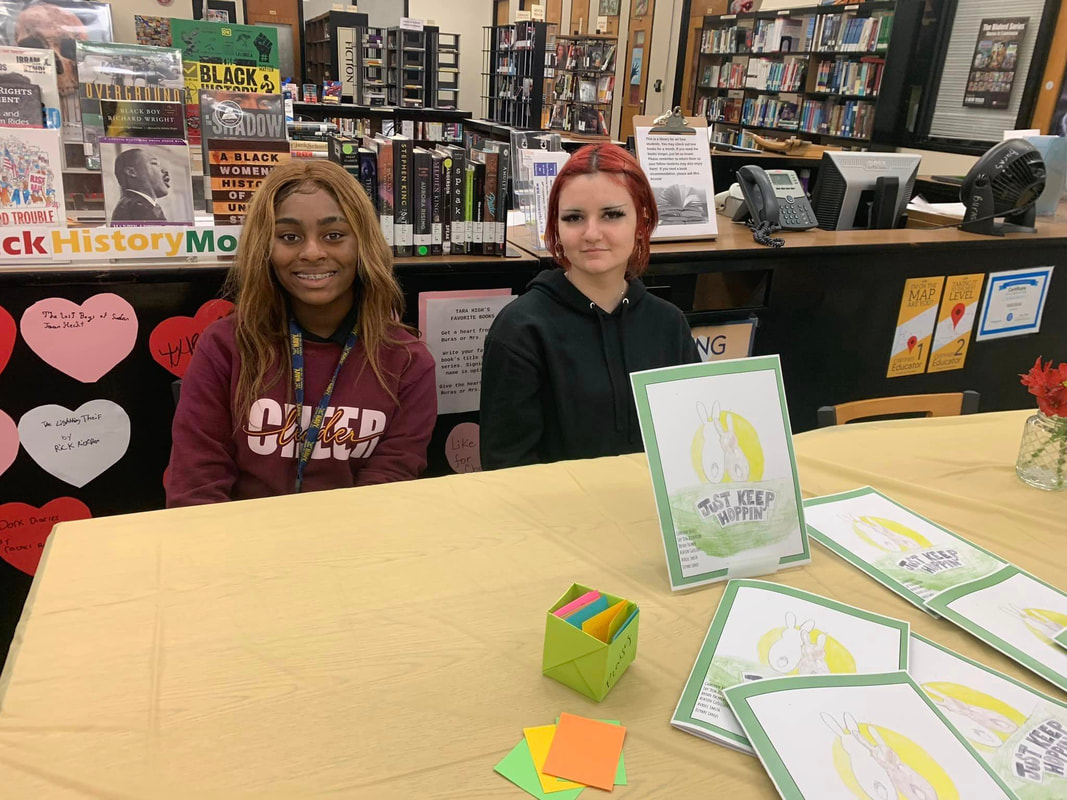
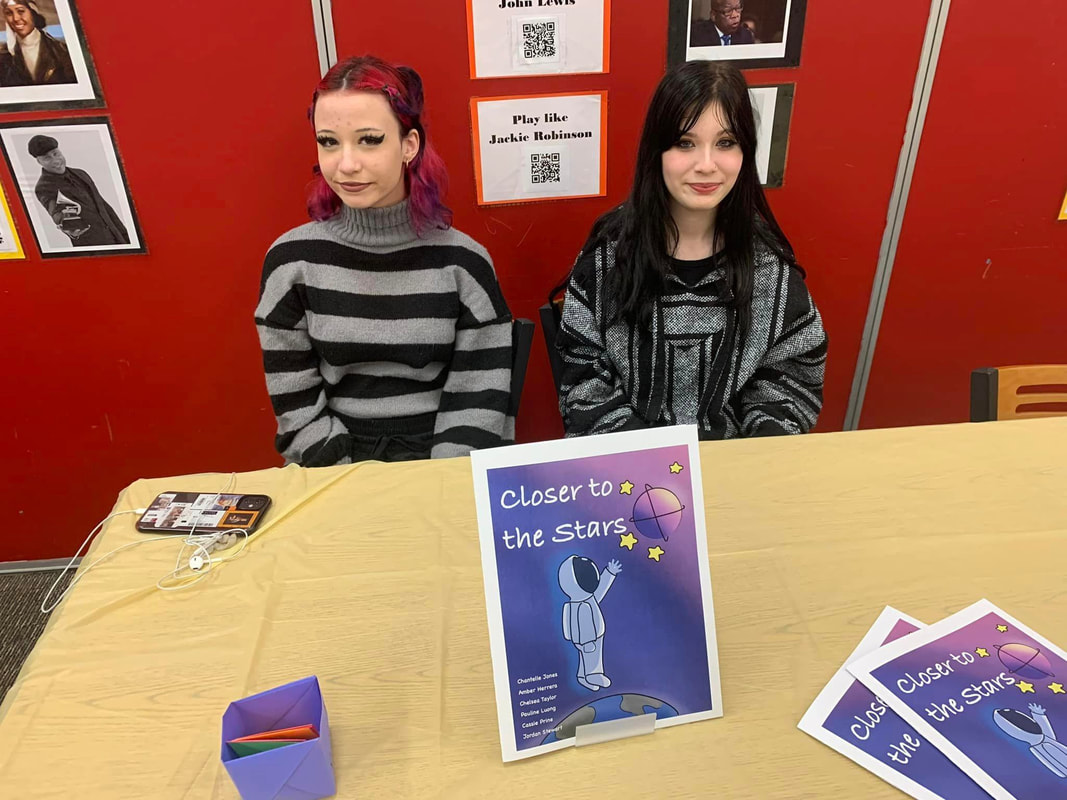
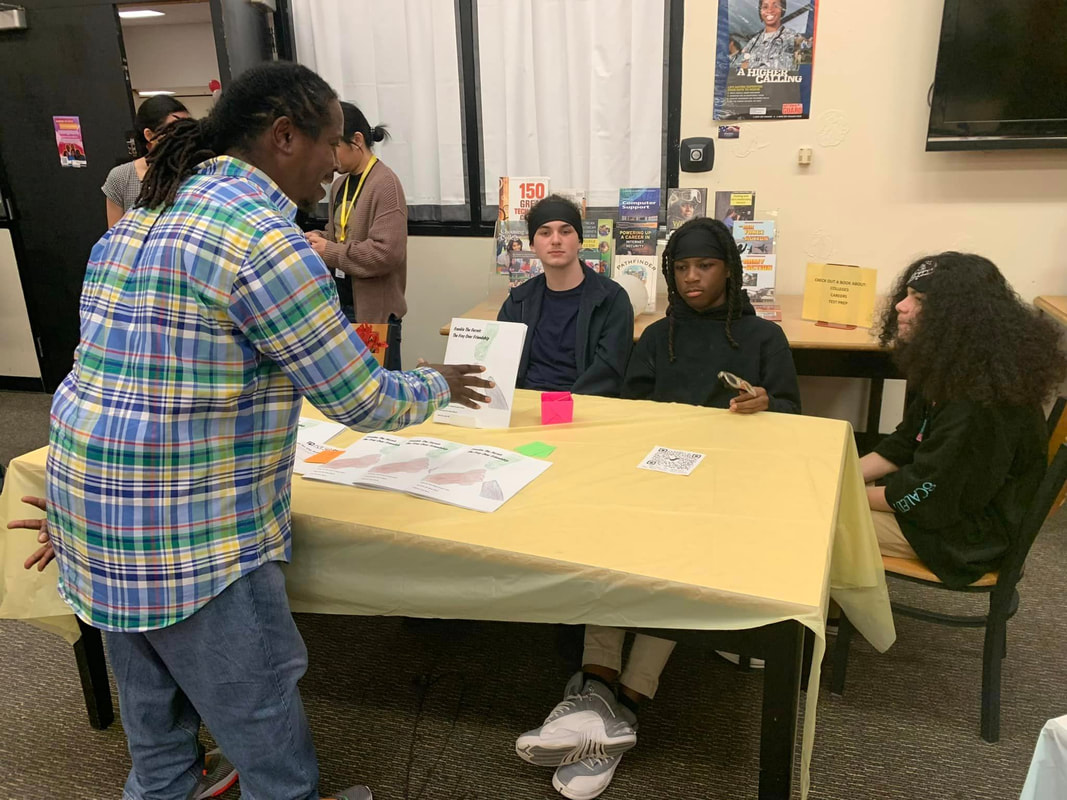
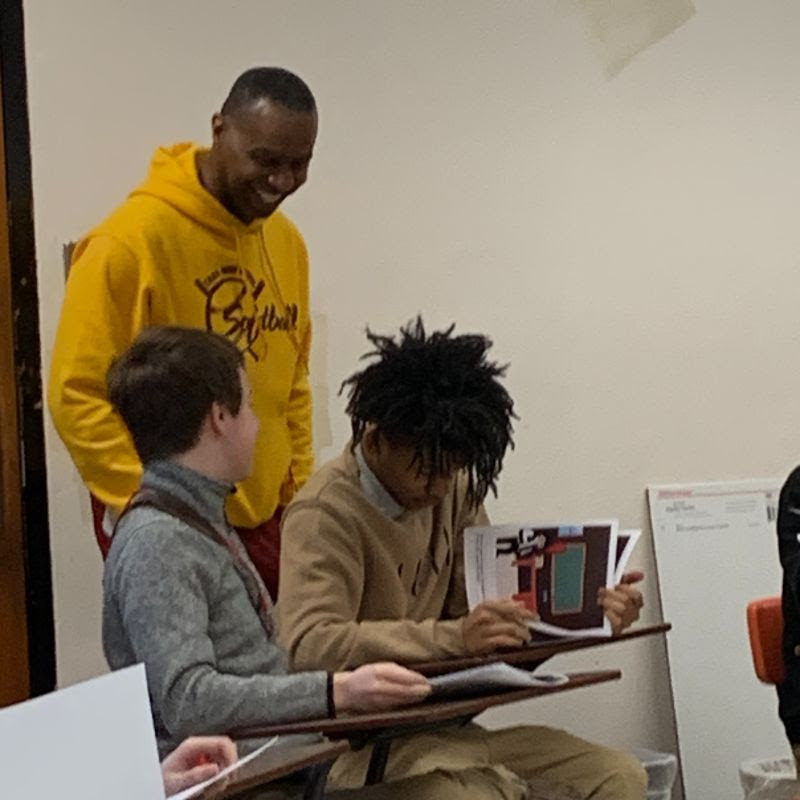
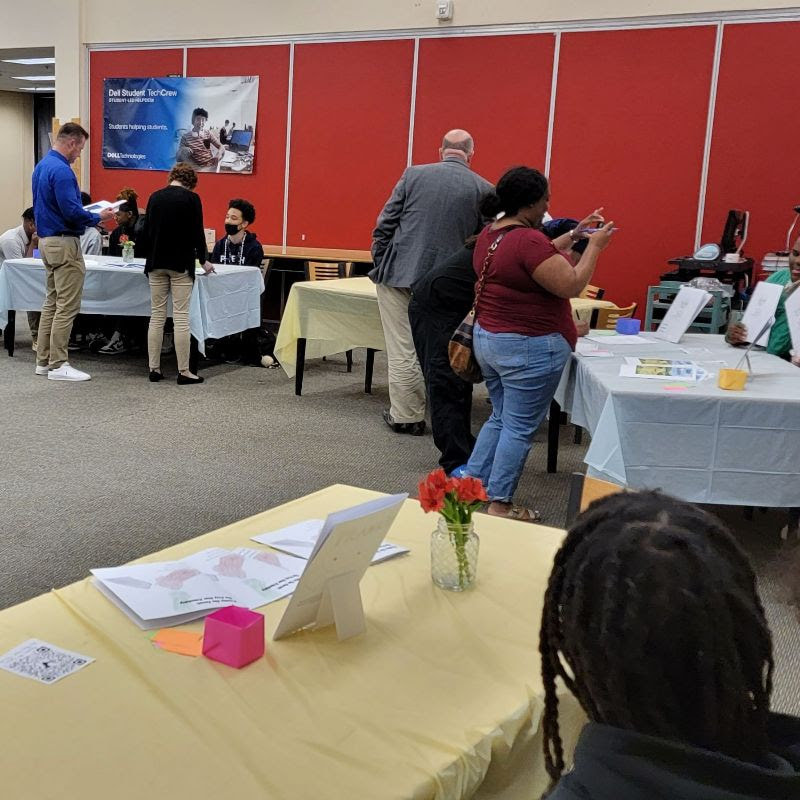
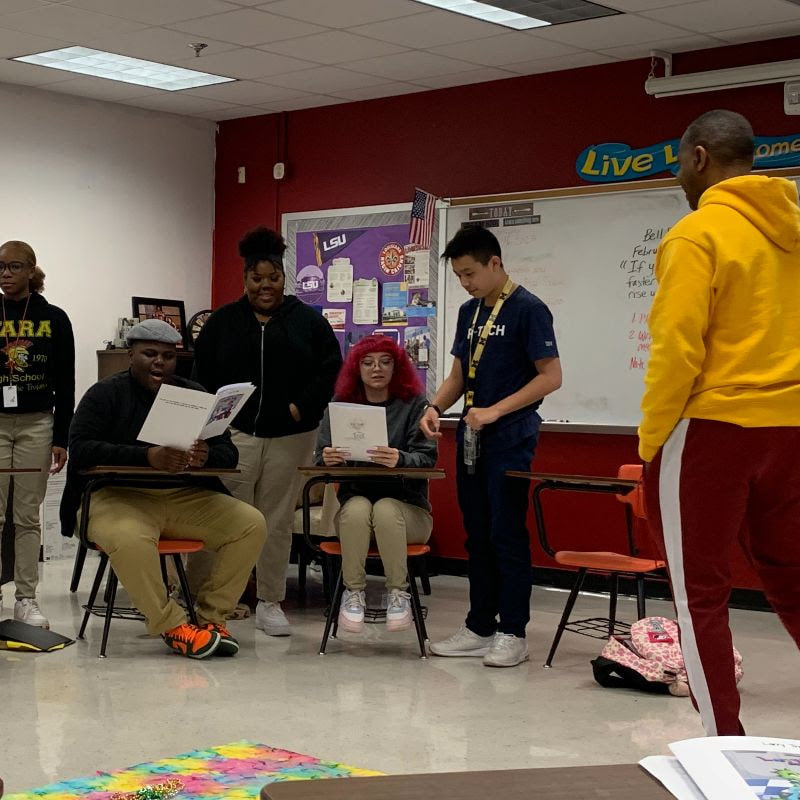
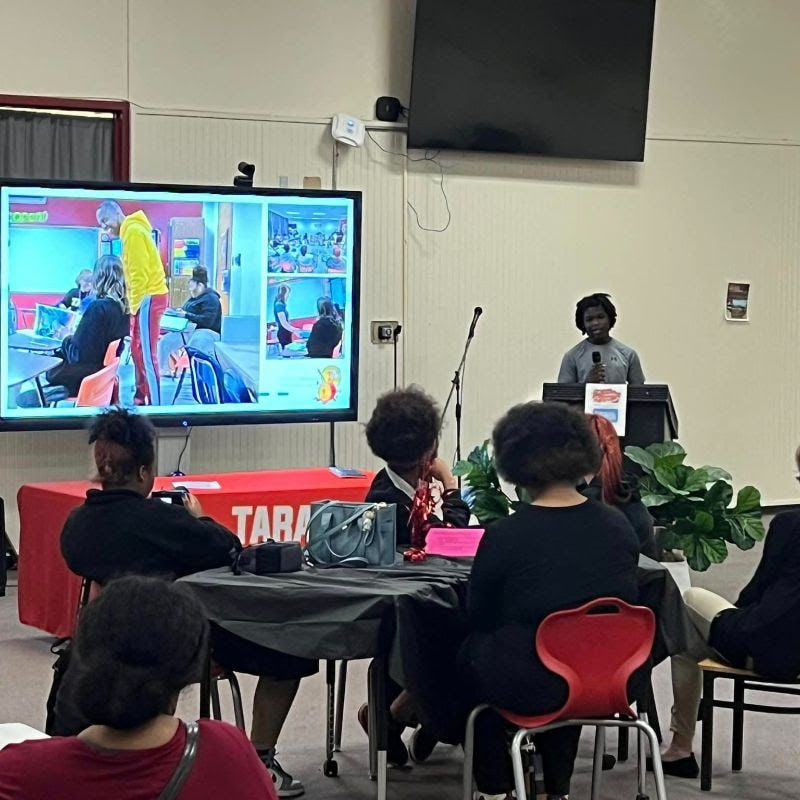
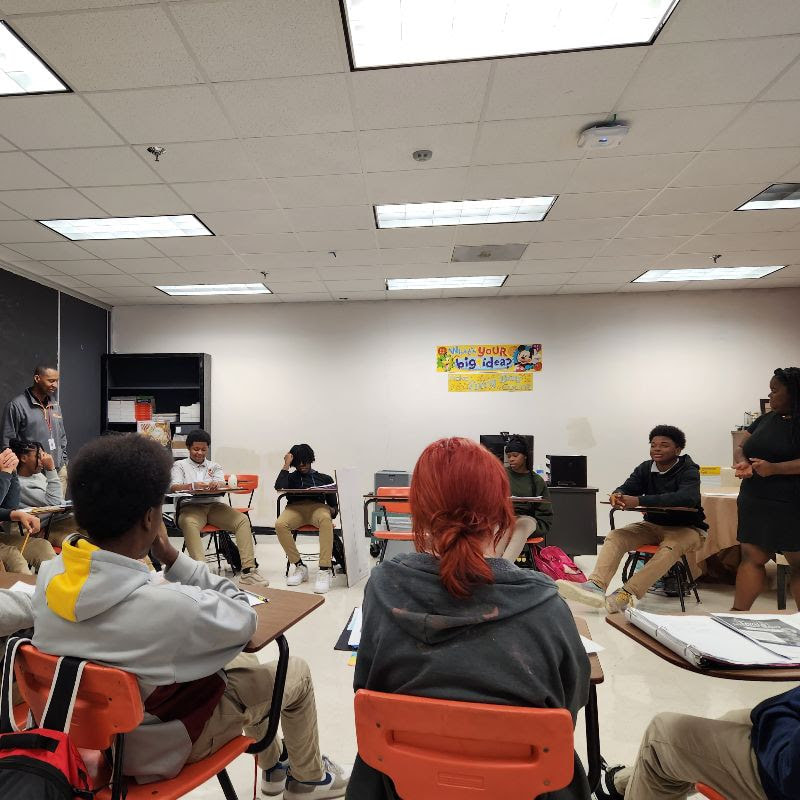
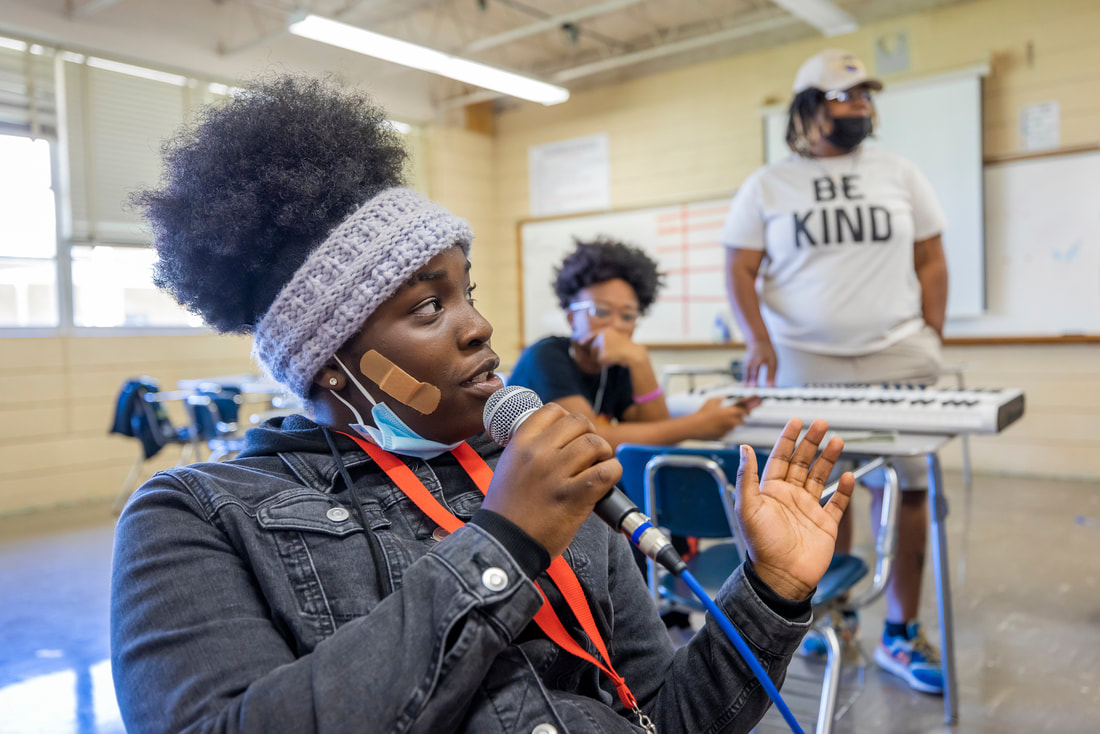
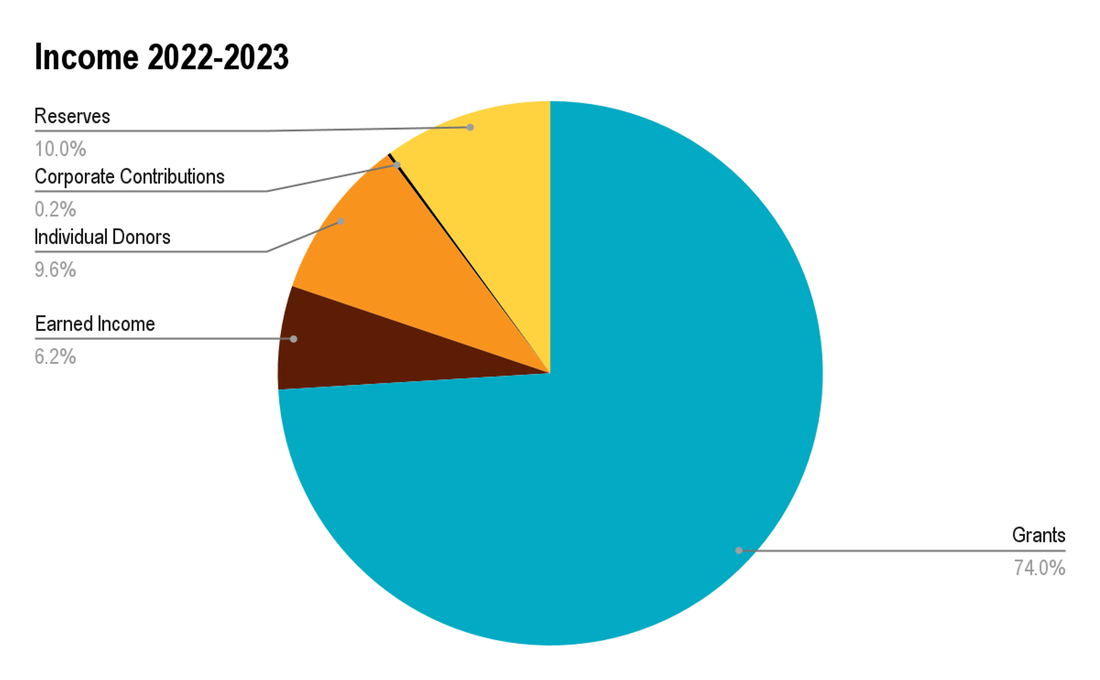
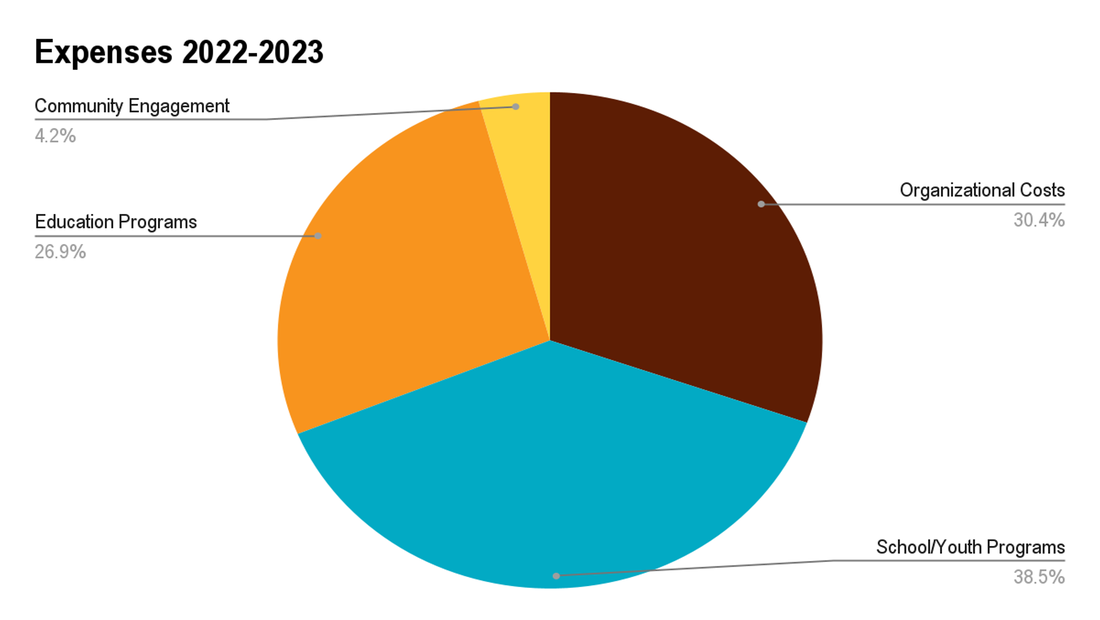
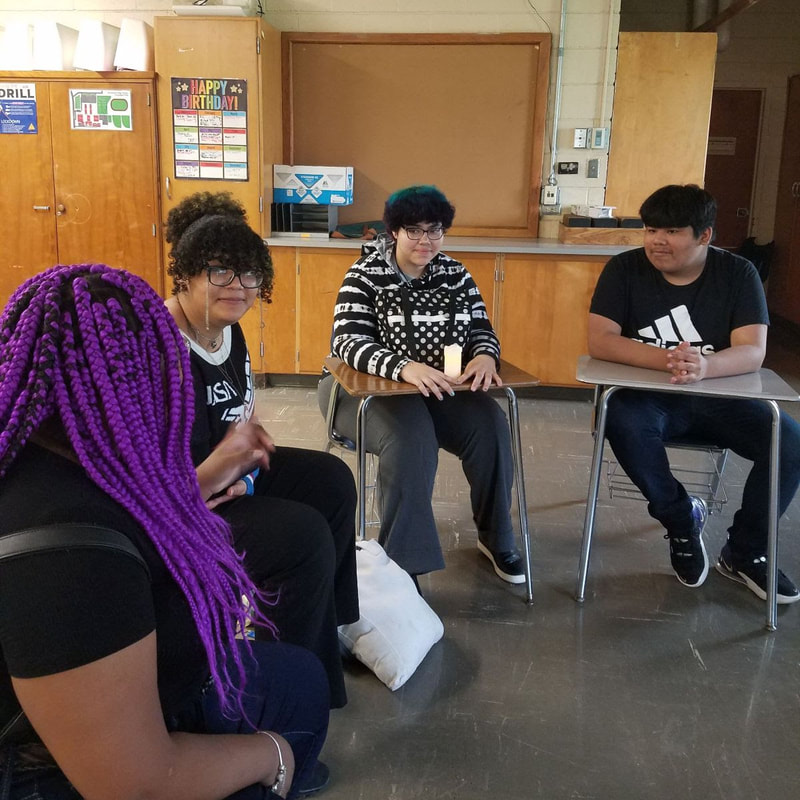
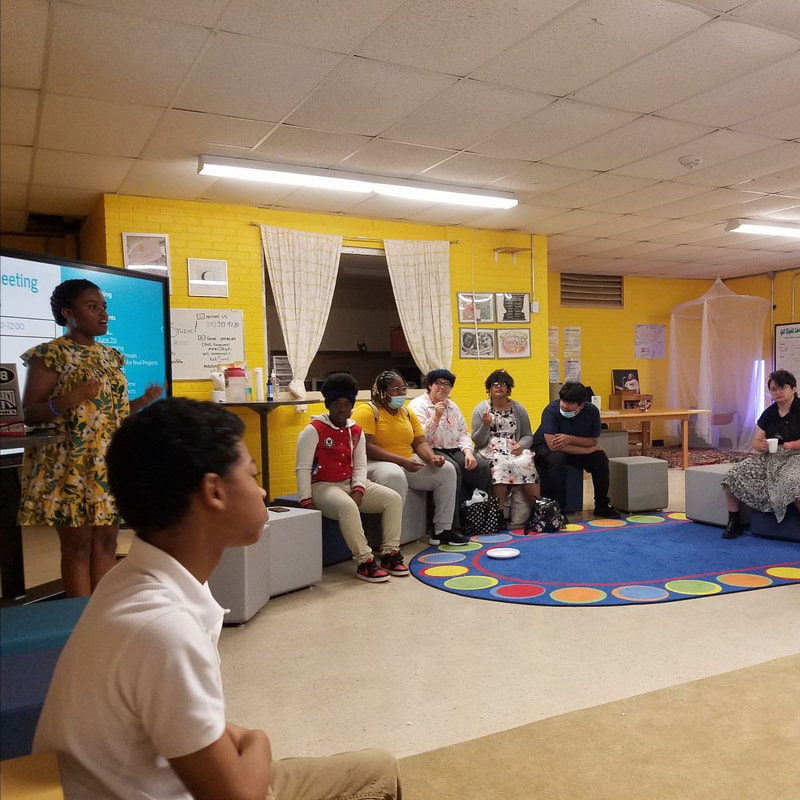
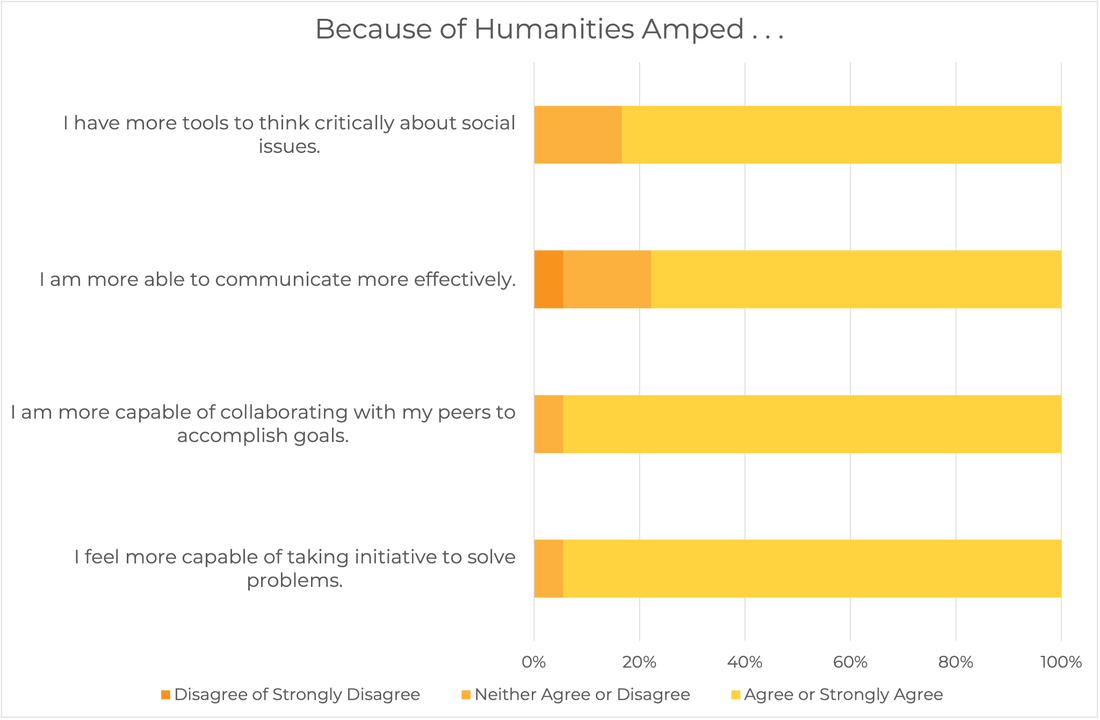
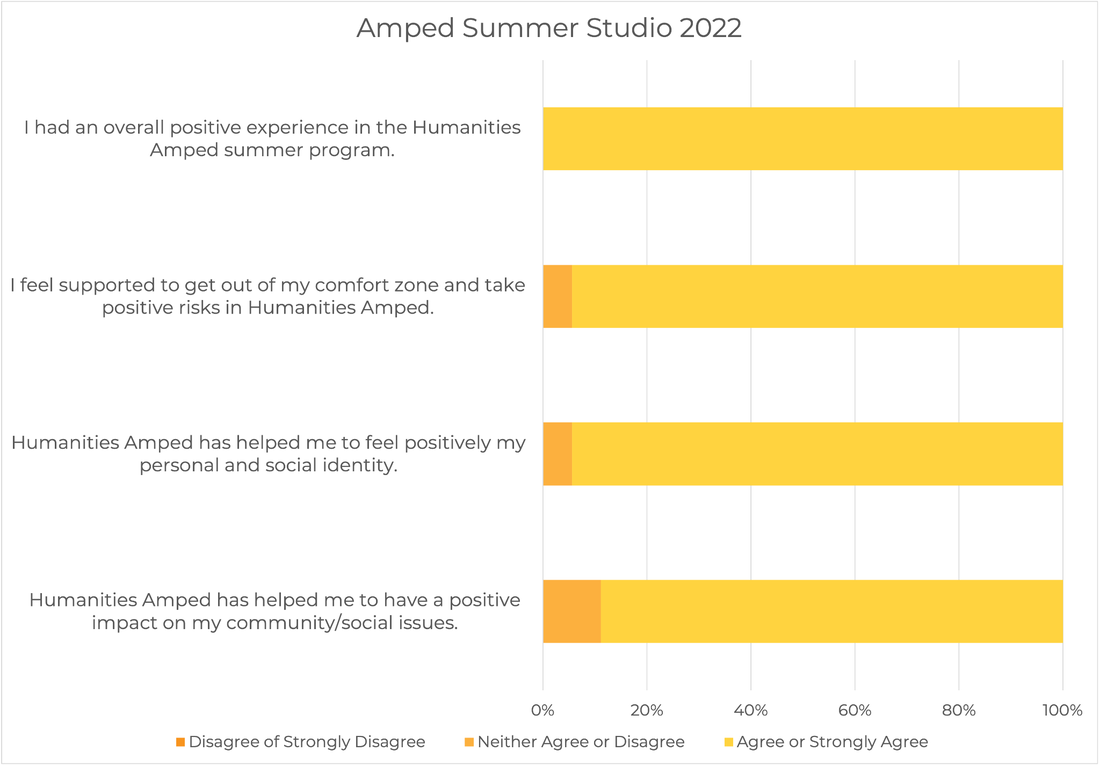
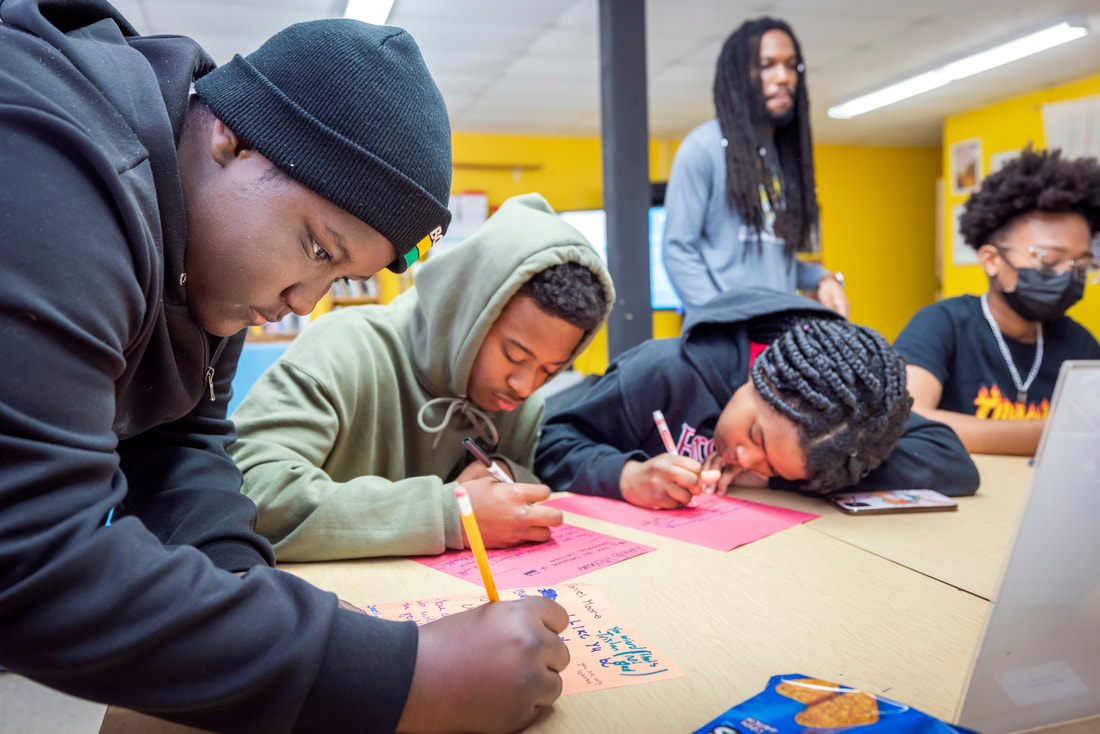
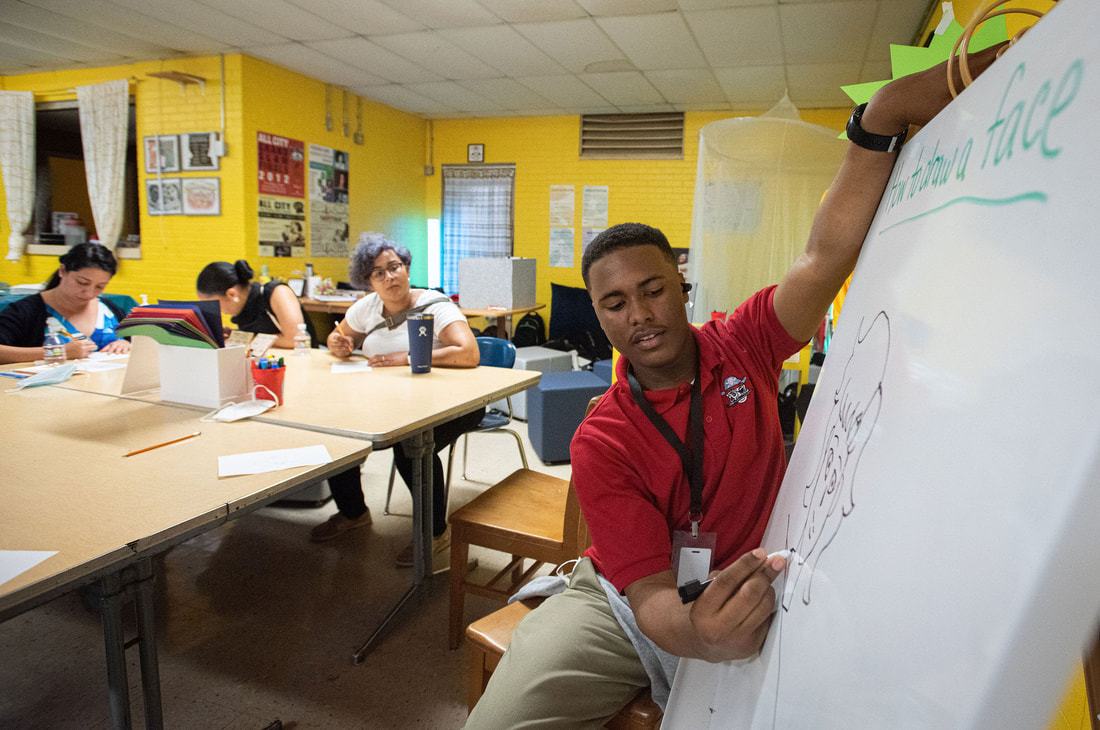
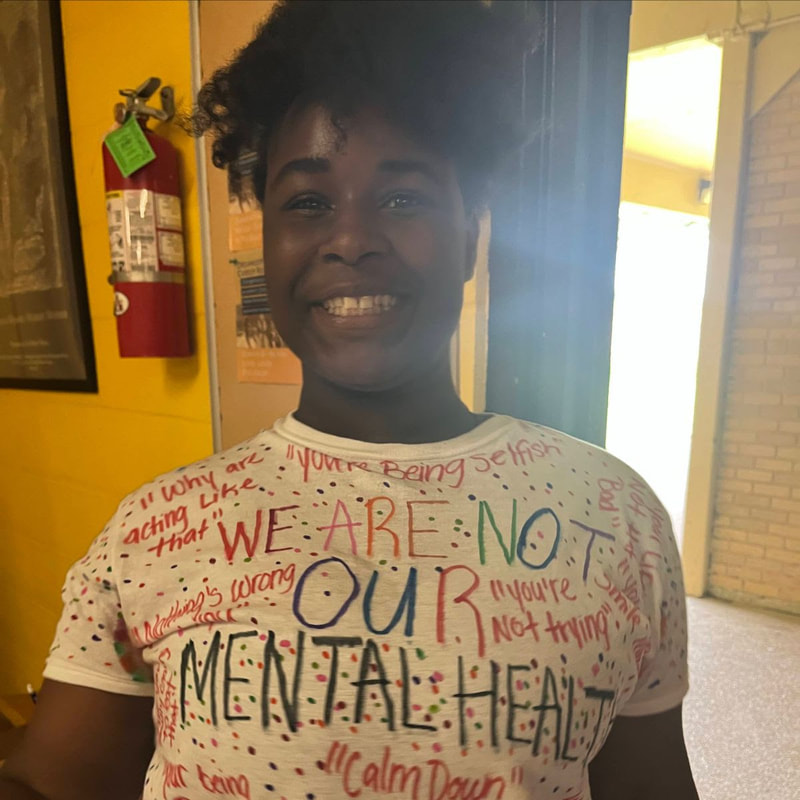
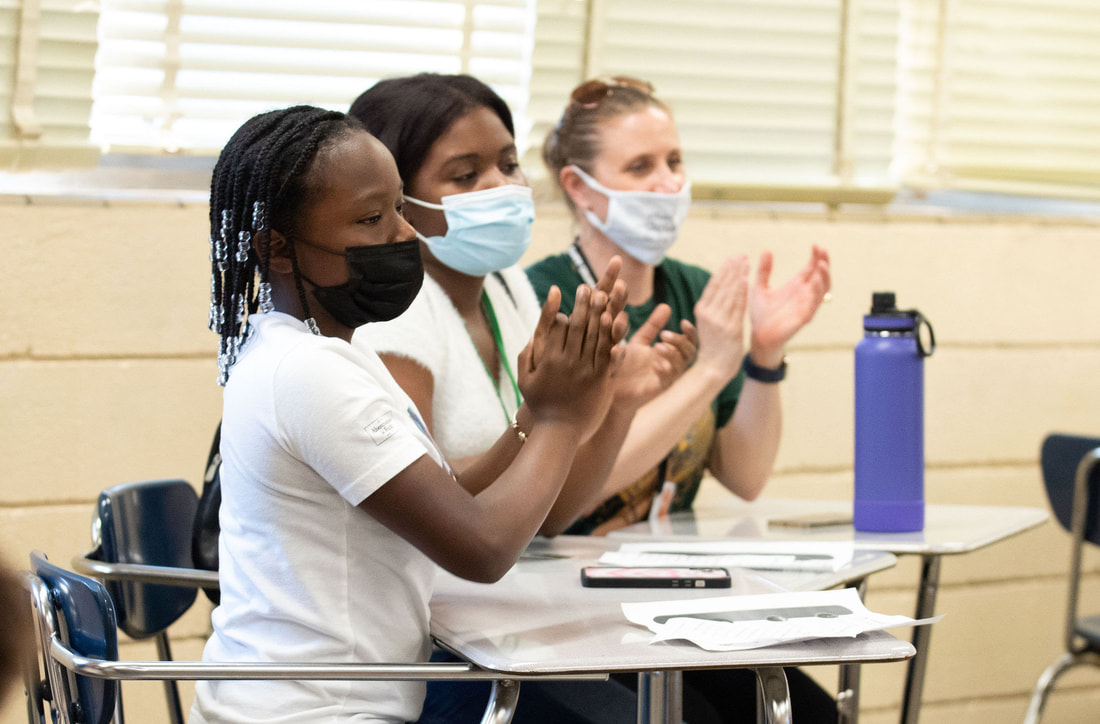
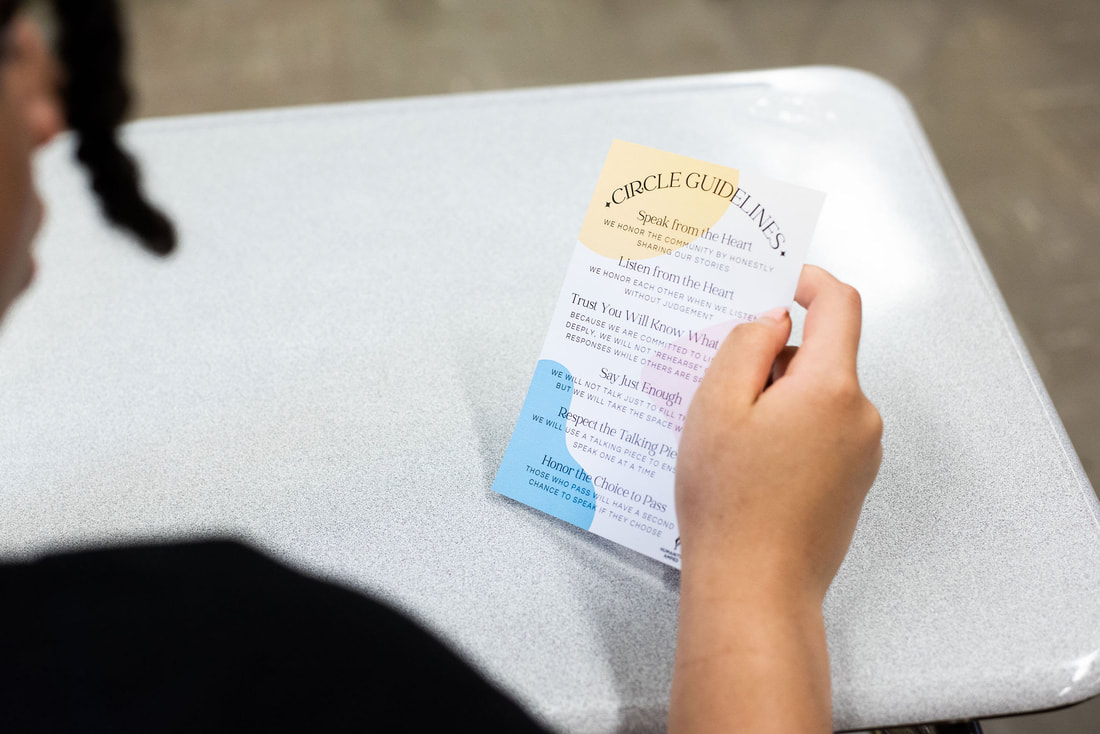
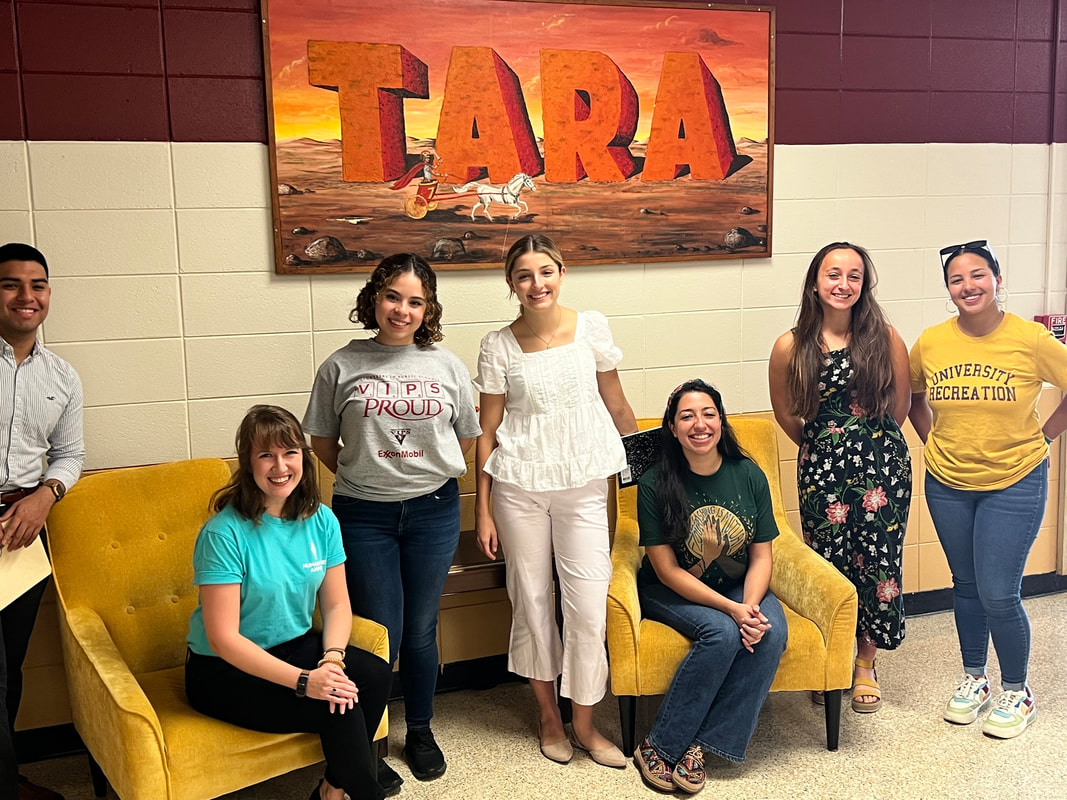
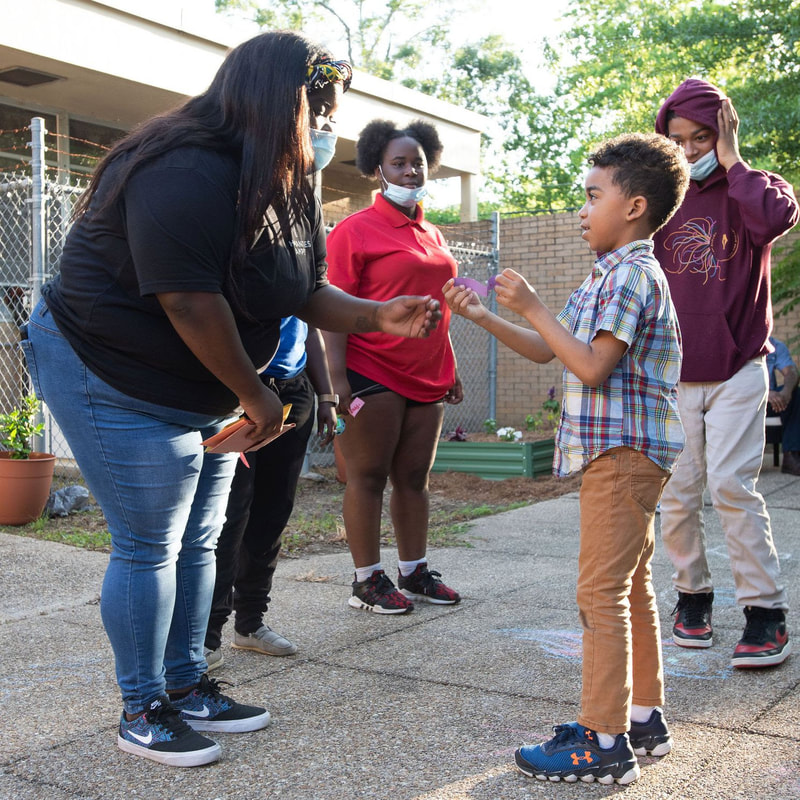
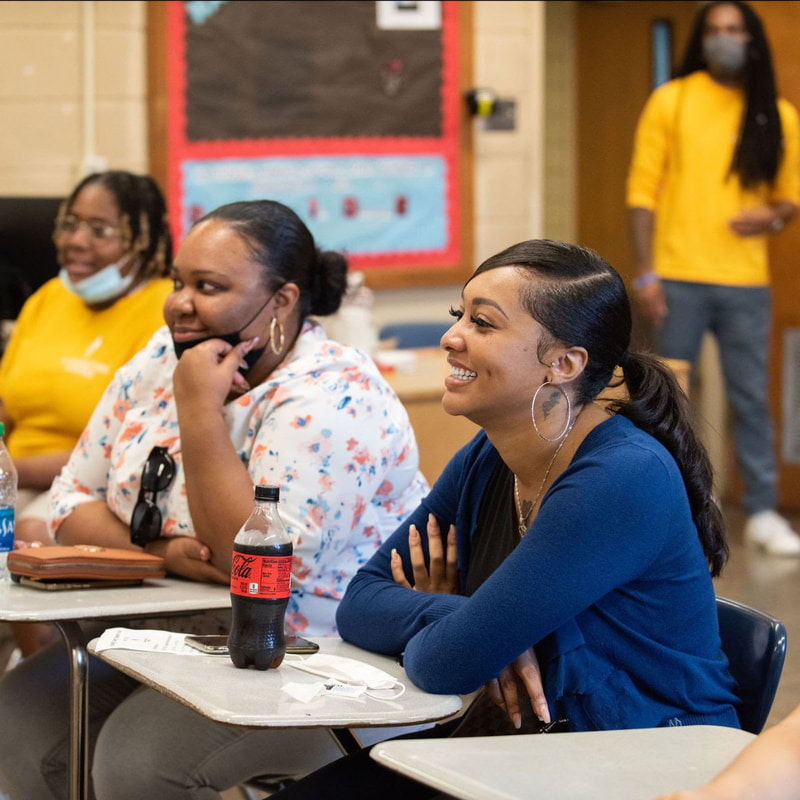
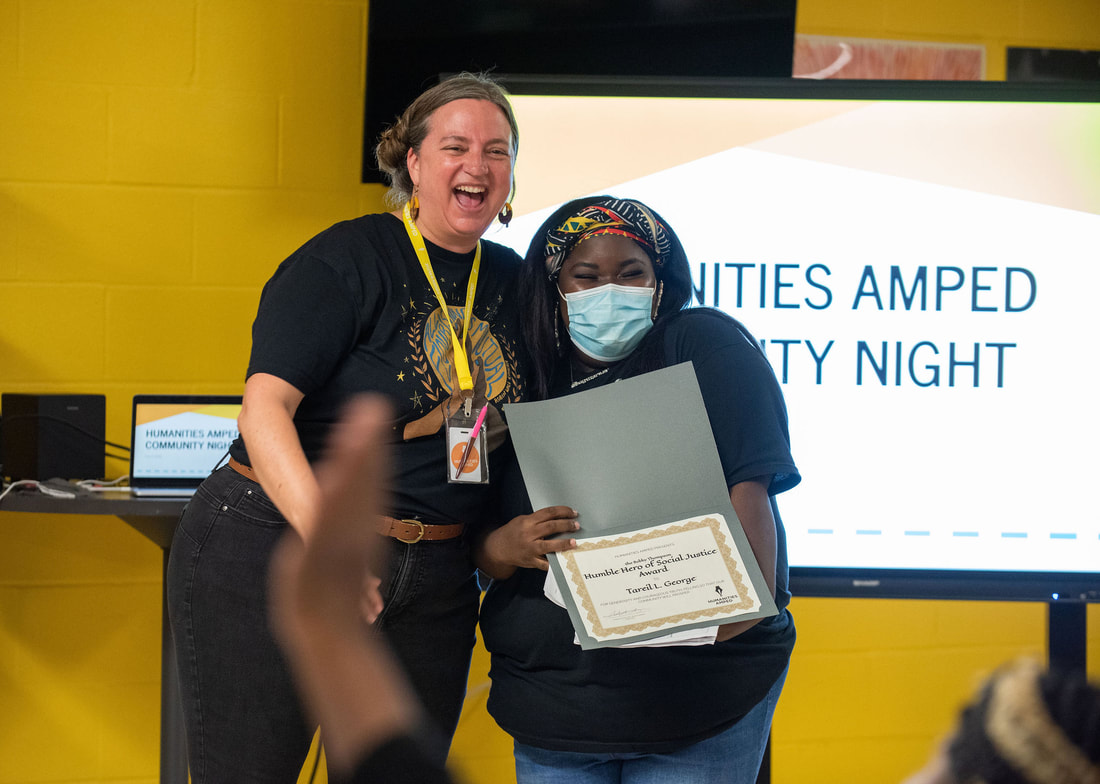
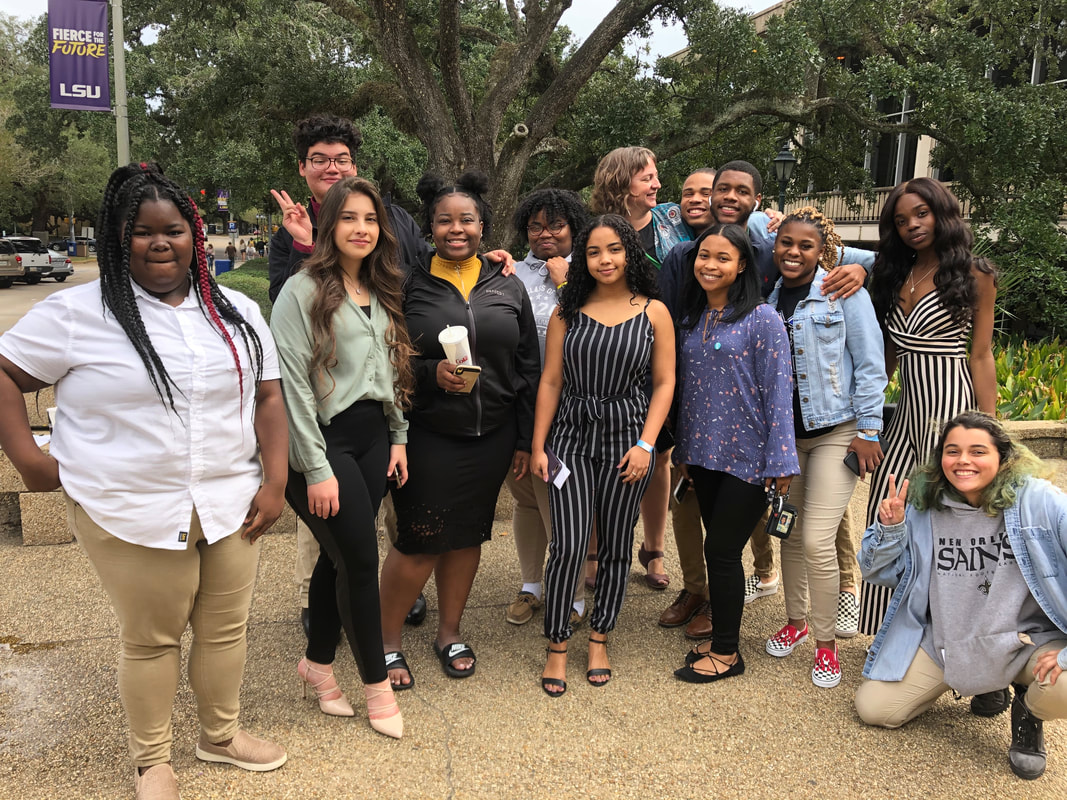
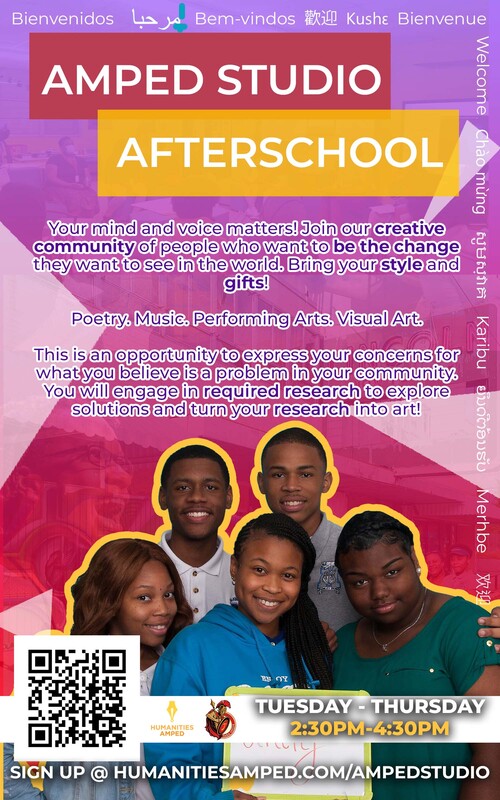
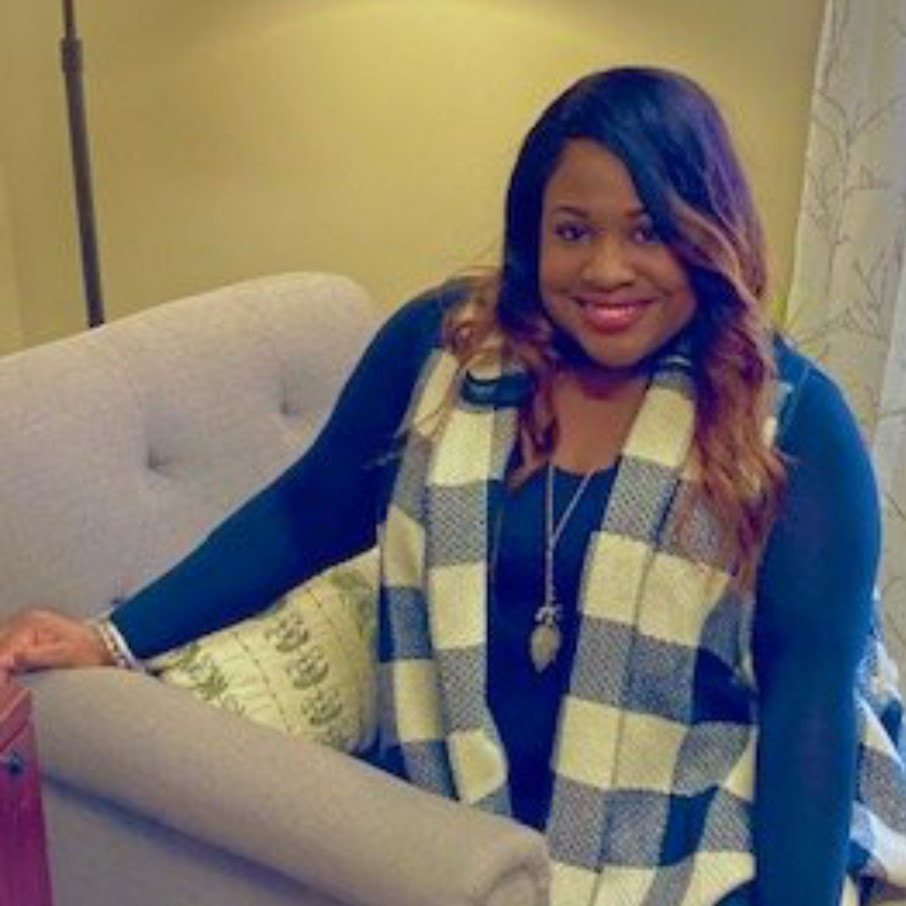
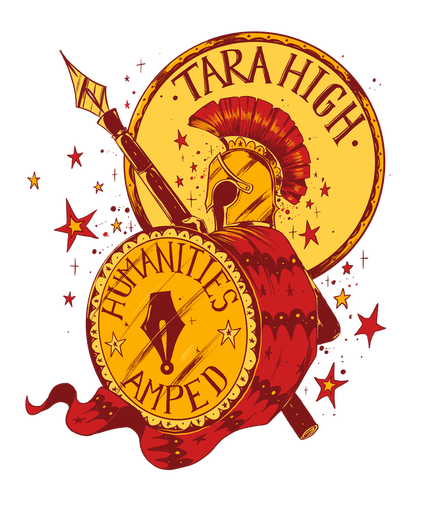
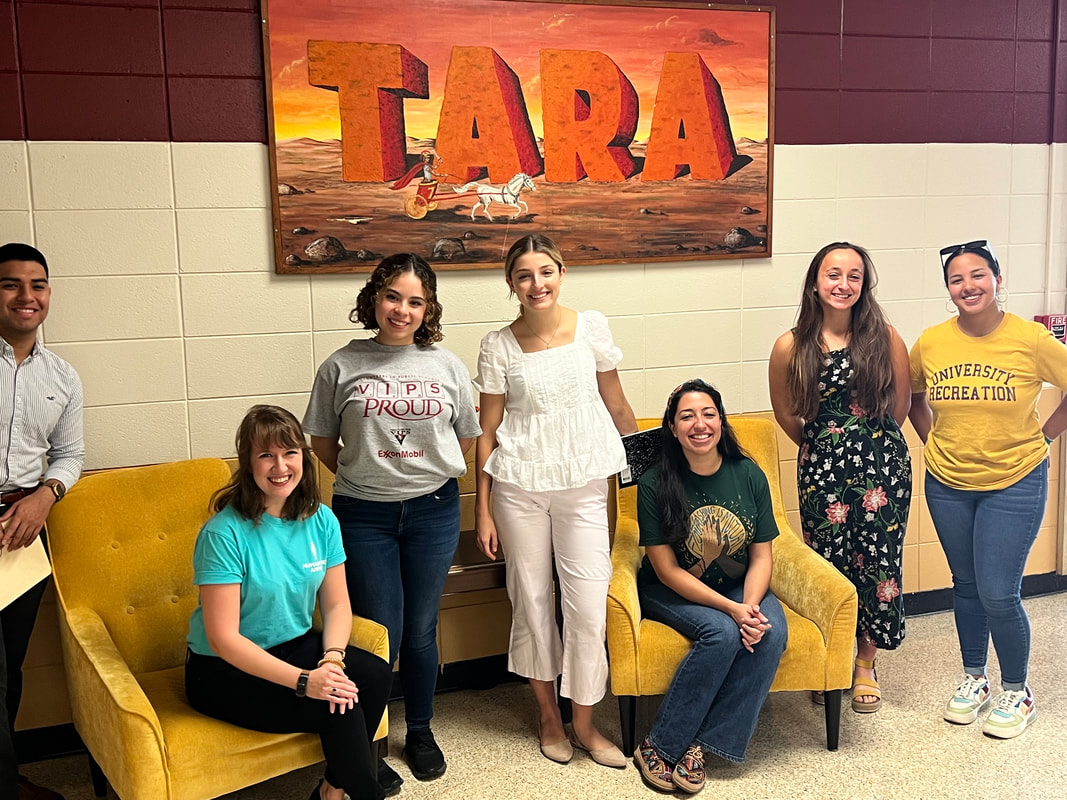
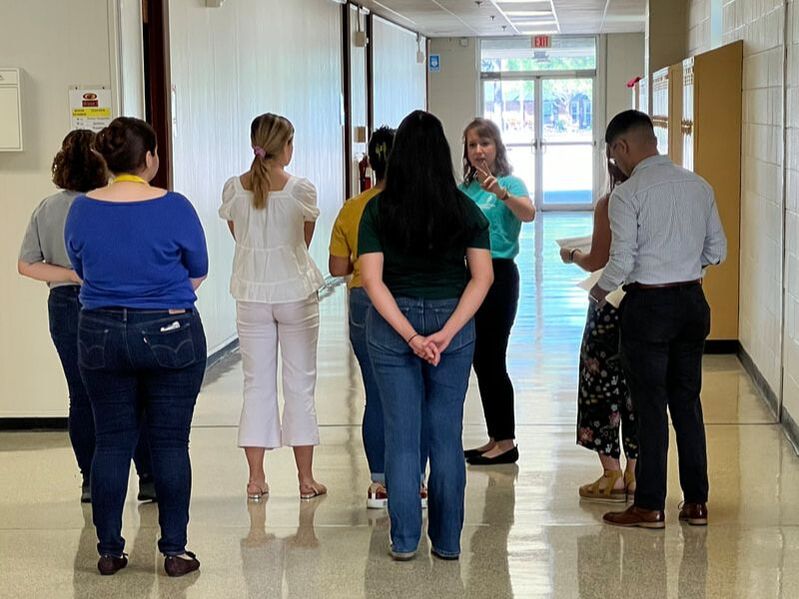
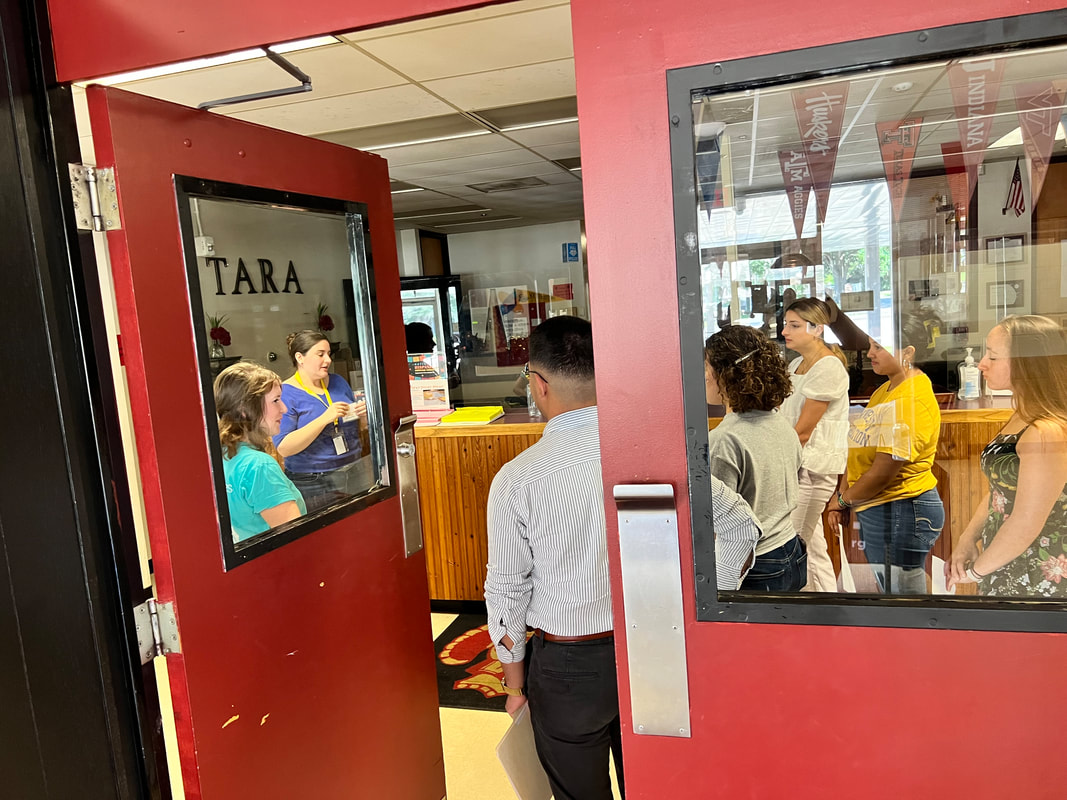
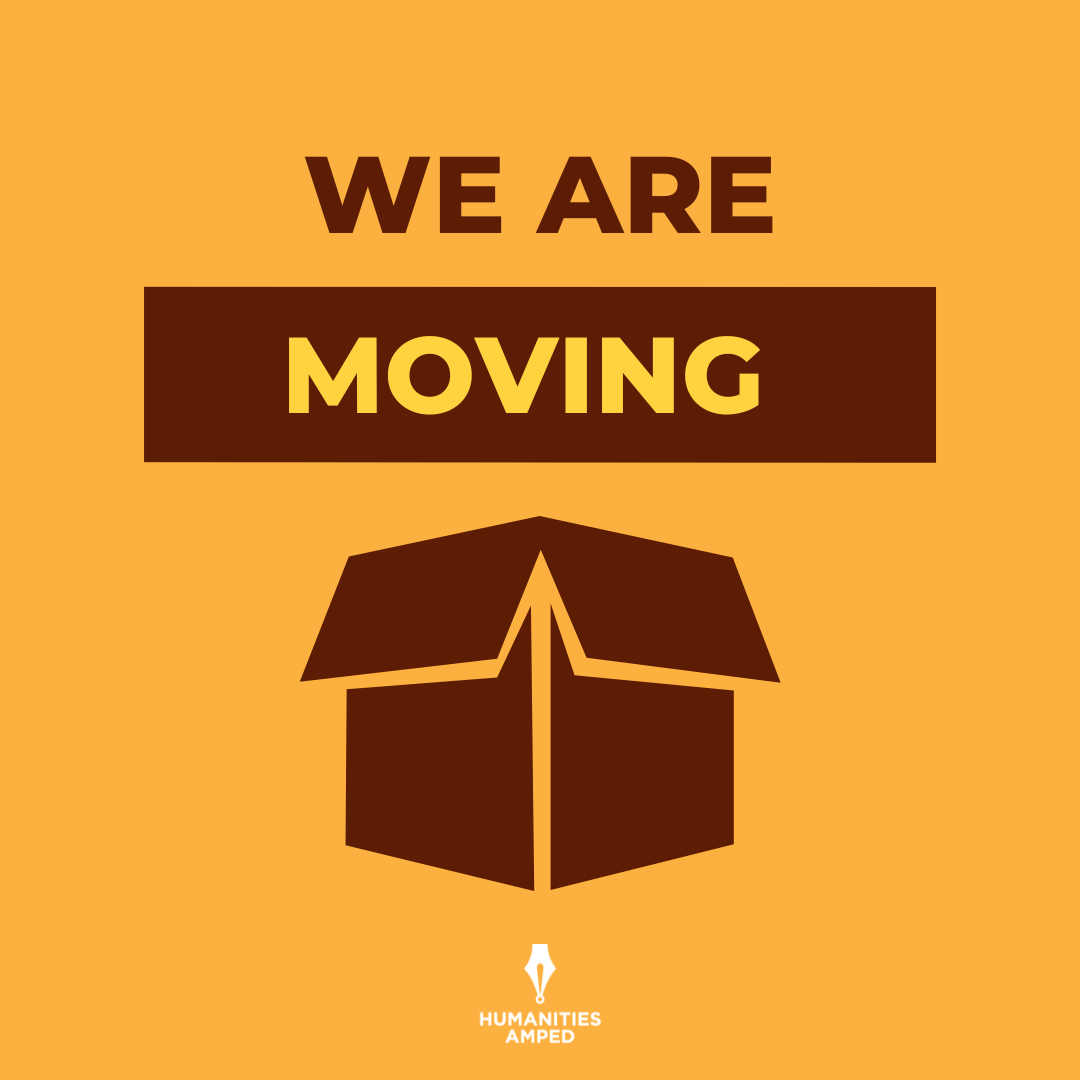
 RSS Feed
RSS Feed
